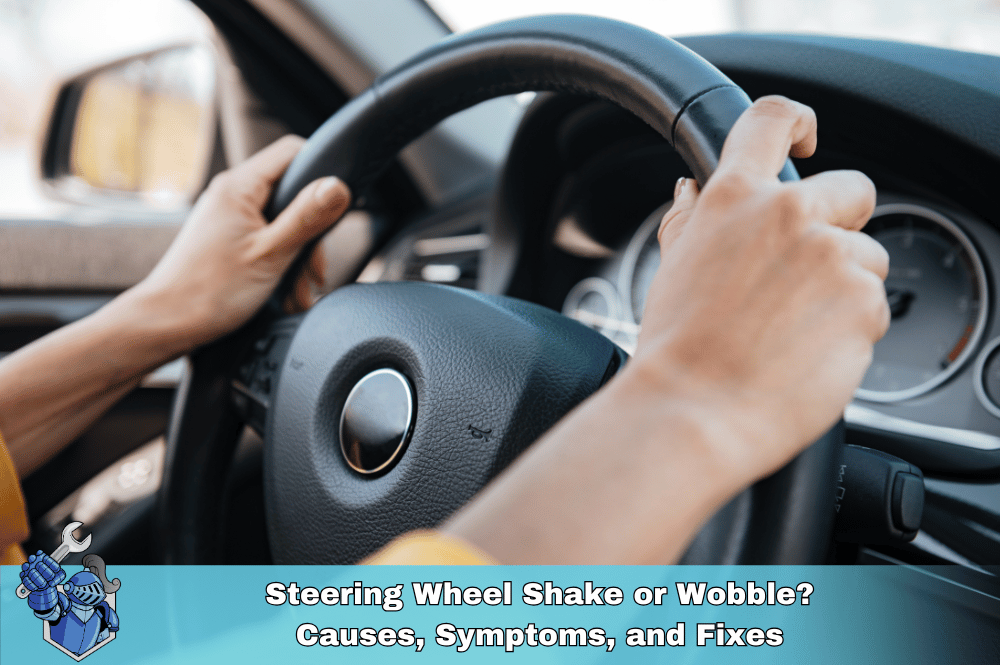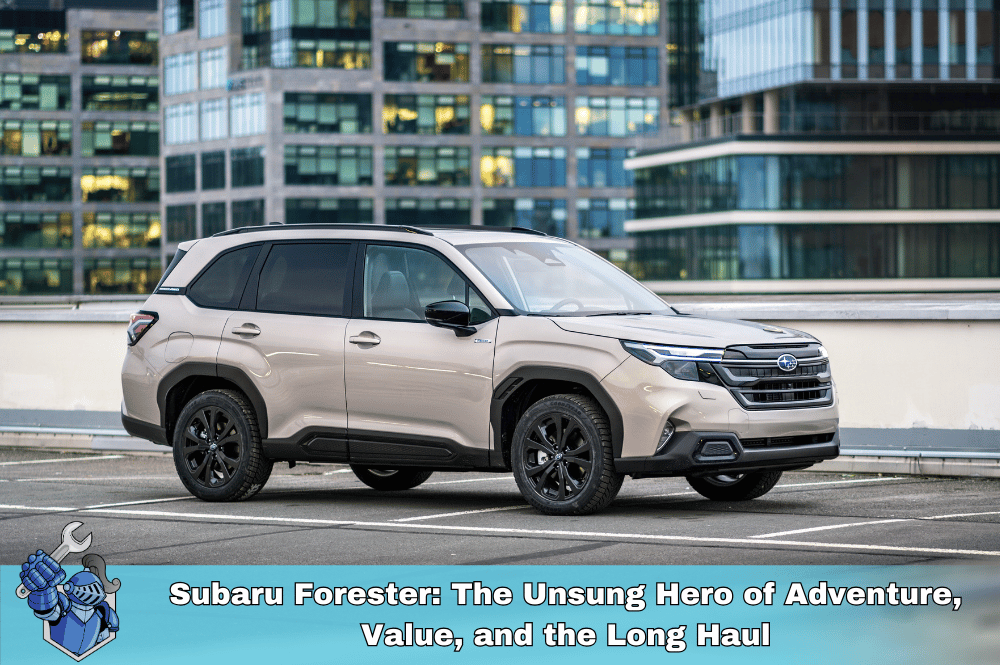As of 2025, New Jersey requires drivers to carry either a Basic or Standard policy. The Basic Policy includes $10,000 in property damage liability and $15,000 in Personal Injury Protection (PIP). The Standard Policy starts at $25,000/$50,000 for bodily injury liability, $25,000 for property damage liability, and offers more comprehensive protection.
If you drive in New Jersey, pay attention—New Jersey car insurance laws have seen major shifts heading into 2025, with more coming in 2026. These changes affect everything from minimum insurance requirements to how no-fault insurance is applied. Whether you're a longtime resident, a new driver, or a commuter from nearby states, understanding these updates isn’t optional—it’s essential for staying compliant and protecting yourself financially.
In this essential guide from Noble Quote, we’ll break down the latest NJ auto insurance laws, explain what’s changing, what’s staying the same, and how you can ensure you’re covered—without overpaying. We’ll also explore how these laws impact Personal Injury Protection (PIP), uninsured motorist coverage, basic vs standard policies, and more. Plus, we’ll help you avoid hefty penalties for driving without insurance in NJ and steer you toward smarter, more affordable coverage.
Let’s dive into what every driver should know for 2025 and beyond.
What Are the Minimum Car Insurance Requirements in New Jersey?
As of 2025, the New Jersey minimum car insurance requirements remain built around a choice between a Basic Policy and a Standard Policy, both governed by New Jersey auto insurance laws and enforced by the NJ Department of Banking and Insurance (DOBI).
Here’s what the Basic Policy includes:
- Property Damage Liability (PDL): $10,000 per accident
- Personal Injury Protection (PIP): $15,000 per person, per accident
- Bodily Injury Liability (BIL): Not required (optional up to $10,000)
Now compare that to the Standard Policy, which offers:
- Bodily Injury Liability: $25,000 per person / $50,000 per accident minimum (can go higher)
- Property Damage Liability: $25,000 minimum
- PIP: $15,000 to $250,000 in medical expense coverage
- Uninsured/Underinsured Motorist (UM/UIM): Optional but strongly recommended
Pro tip: Many drivers are unaware that the difference between Basic and Standard Auto Insurance in New Jersey can mean thousands in uncovered expenses after an accident. Always weigh the pros and cons based on your driving habits and risk level.
What's New in NJ Auto Insurance Laws for 2025?
Several New Jersey car insurance law changes have either taken effect in 2025 or are scheduled for early 2026. The most notable include:
- Higher Minimum Liability Limits Proposed for 2026: Lawmakers are considering raising bodily injury liability limits and property damage liability minimums for both basic and standard policies.
- Tighter Rules on Uninsured Motorist Coverage: The NJ uninsured motorist law may require minimum levels for all policies, even those currently without UM/UIM coverage.
- Digital Proof of Insurance Enforcement: Police can now accept digital insurance cards, but failure to produce one (digital or paper) can still result in fines.
- Reform of the Verbal Threshold / Limited Right to Sue Option: Discussions around reforming the verbal threshold and tort options are gaining traction due to consumer confusion and limited legal recourse after serious injuries.
Is New Jersey Still a No-Fault State?
Yes. As of 2025, New Jersey is a no-fault state, which means your own insurance pays for your injuries regardless of who caused the accident. This is enforced through PIP coverage, which is mandatory on all policies.
So how does PIP work in New Jersey?
- Covers medical treatment, rehab, and lost wages
- Standard PIP coverage is $15,000 per accident, but you can purchase more (up to $250,000)
- PIP pays first—even before your health insurance
- You choose a deductible and co-pay structure when buying your policy

What Is the Verbal Threshold in NJ Auto Insurance?
The verbal threshold, also called the Limitation on Lawsuit Option, restricts your ability to sue for pain and suffering unless you meet specific injury criteria (like loss of a body part or significant disfigurement). This applies to Basic Policies and any Standard Policy with the Limited Right to Sue option selected.
What Happens If You Drive Without Insurance in NJ?
If you’re caught driving uninsured in New Jersey, brace for steep consequences:
- First Offense: Minimum $300 fine, license suspension, community service
- Second Offense: Up to $5,000 fine, possible jail time, license suspension for 2 years
- Plus, your vehicle may be impounded and reinstatement fees can stack up
Don’t take the risk. Noble Quote offers free consultations to help you explore the best options and get a car insurance quote that meets New Jersey’s evolving requirements.
Special Automobile Insurance Policy (SAIP)
SAIP, often called the “dollar-a-day policy,” is a state-subsidized auto insurance option for Medicaid recipients. It offers:
- Emergency PIP coverage up to $250,000
- No liability or collision
- Only available to Medicaid-eligible drivers
SAIP is extremely limited but can keep vulnerable residents legal on the road.
New Jersey Uninsured and Underinsured Motorist Laws
Uninsured Motorist (UM) and Underinsured Motorist (UIM) coverage protect you if the other driver has no insurance—or not enough. In 2025, lawmakers are debating making UM/UIM coverage mandatory, especially for Standard Policies.
Even if optional, it’s strongly recommended you include these coverages:
- UM: Covers your injuries if the at-fault driver is uninsured
- UIM: Kicks in when their policy limits are too low to cover your losses
Penalties, Tort Options, and Other Crucial Updates
New Jersey’s auto insurance tort options let you choose between:
- Limited Right to Sue (Verbal Threshold)
- Unlimited Right to Sue (No Threshold)
Many drivers default to the limited option to save money—but it can limit your legal rights after a crash.
Other items to watch:
- Proposed NJ auto insurance laws for 2026 could mandate clearer disclosure of policy features
- Car insurance reform in NJ is on the table to reduce confusion between policy types and improve affordability
- Enforcement of liability insurance limits is expected to ramp up, especially in urban counties
What Drivers Should Do Right Now
If you're confused or wondering how this affects you, you’re not alone. The best thing you can do is review your current policy—and make sure you’re not underinsured.
Noble Quote makes it easy. We walk you through:
- Getting the right amount of PIP
- Choosing between Basic and Standard Policies
- Understanding your legal rights under NJ’s no-fault law
- Avoiding gaps in liability, UM/UIM, and tort options
- Finding top-rated providers who offer peace of mind
Visit our Learning Center for deeper guides, car owner tips, and insurance know-how.
Answers to the Most Common Questions About New Jersey Car Insurance Laws (2025–2026)
What are the minimum car insurance requirements in New Jersey for 2025?
Is New Jersey still a no-fault state in 2025?
Yes, New Jersey remains a no-fault state in 2025. This means your own insurance pays for your medical expenses (via PIP coverage) regardless of who caused the accident.
What is the NJ verbal threshold or limitation on lawsuit?
The verbal threshold, also known as the limitation on lawsuit option, restricts your ability to sue for non-economic damages like pain and suffering unless you suffer serious injuries such as dismemberment, disfigurement, or permanent injury.
What happens if you drive without car insurance in New Jersey?
Driving without insurance in NJ is illegal and carries steep penalties. For a first offense, you may face a minimum $300 fine, license suspension, and community service. Repeat offenses can include thousands in fines, vehicle impoundment, and even jail time.
What is the difference between Basic and Standard auto insurance policies in NJ?
The Basic Policy offers limited coverage with minimal liability and no uninsured motorist protection. The Standard Policy provides broader protection, including higher liability limits, optional UM/UIM coverage, and the ability to sue for pain and suffering.
Do I need uninsured motorist coverage in New Jersey?
While not mandatory in 2025 for all policies, uninsured and underinsured motorist coverage is strongly recommended in NJ to protect you if you're hit by a driver with no or too little insurance.
What is PIP insurance and how does it work in New Jersey?
Personal Injury Protection (PIP) is required in NJ and covers medical expenses, lost wages, and rehabilitation costs after an accident. It kicks in before your health insurance and applies regardless of fault.
Are NJ car insurance laws changing in 2026?
Yes, New Jersey is considering new legislation for 2026, including higher minimum liability limits, potential mandatory UM/UIM coverage, and clearer consumer protections regarding tort options and digital policy access.
What is the Special Automobile Insurance Policy (SAIP) in New Jersey?
SAIP, also called “Dollar-a-Day” insurance, is a low-cost policy available to Medicaid recipients. It only covers emergency PIP and does not include liability, collision, or comprehensive coverage.
What is the property damage liability limit in NJ for 2025?
The minimum property damage liability is $10,000 for Basic Policies and $25,000 for Standard Policies. These limits may increase in 2026 if proposed legislation passes.
Suggestions for you
Read MoreLet’s work together
Every week we showcase three charitable organizations that our donations are sent to. Our clients are able to choose which of these three will receive their gift when they add coverage to their vehicle...

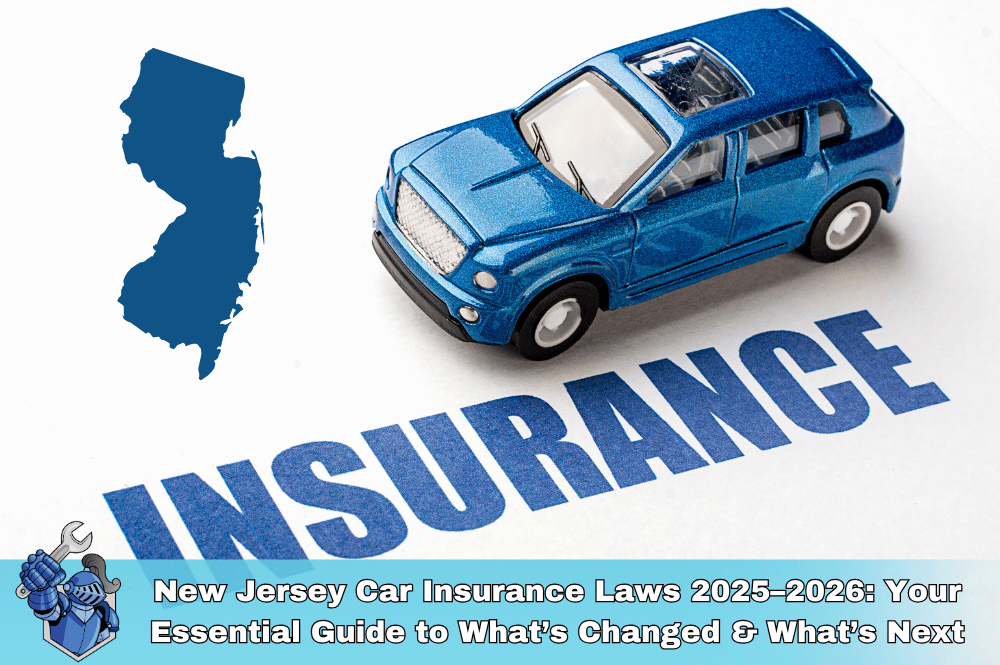
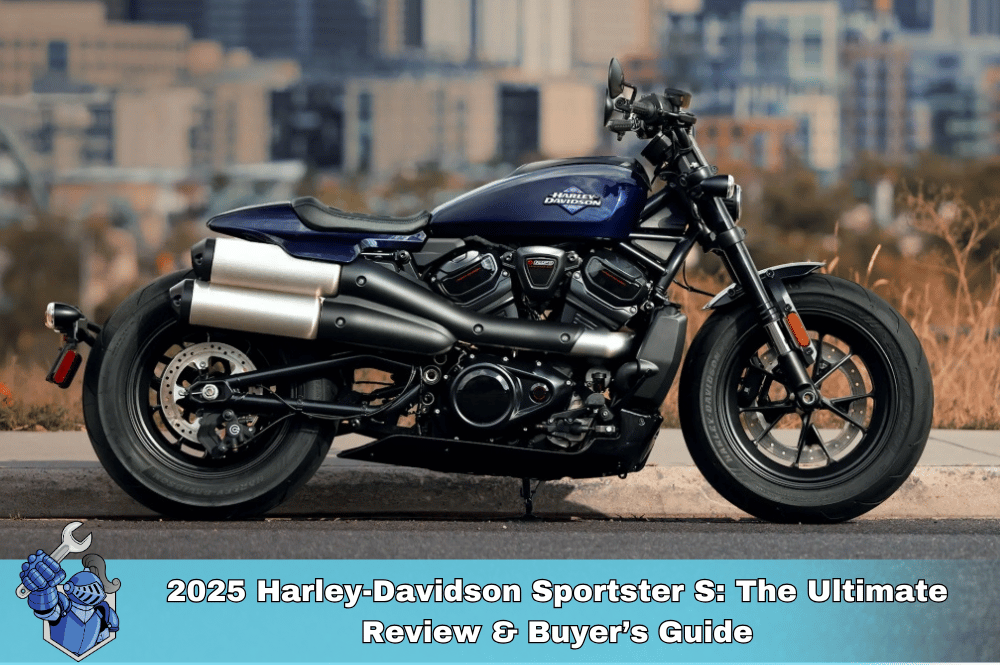 2025 Harley-Davidson Sportster S: The Ultimate Review & Buyer’s Guide
2025 Harley-Davidson Sportster S: The Ultimate Review & Buyer’s Guide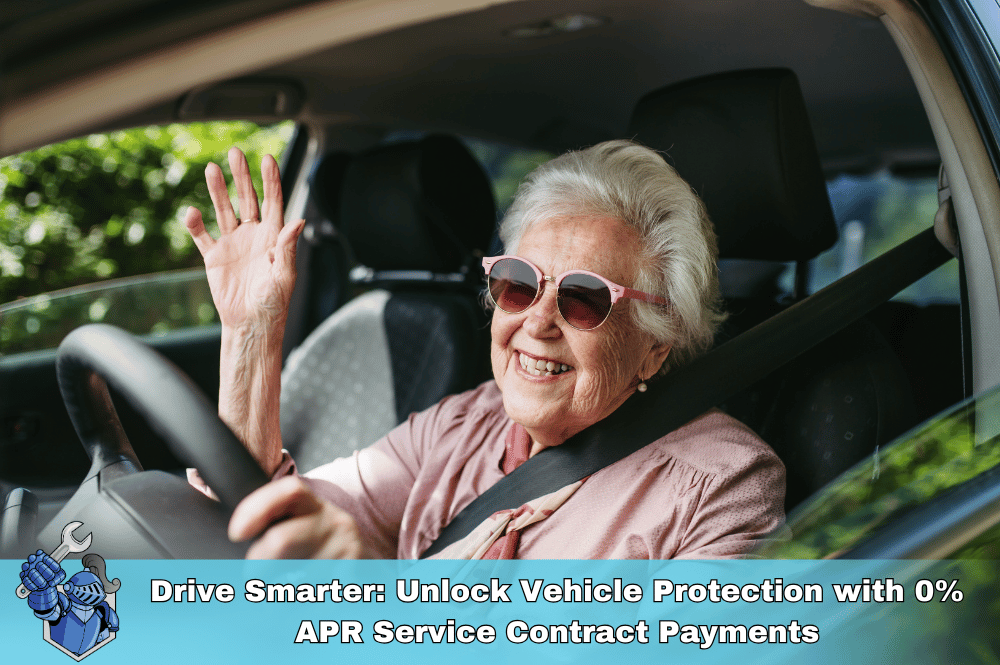 Drive Smarter: Unlock Vehicle Protection with 0% APR Service Contract Payments
Drive Smarter: Unlock Vehicle Protection with 0% APR Service Contract Payments Pep Boys: Your Complete Guide to Auto Parts, Service & Repair (2025 Edition)
Pep Boys: Your Complete Guide to Auto Parts, Service & Repair (2025 Edition)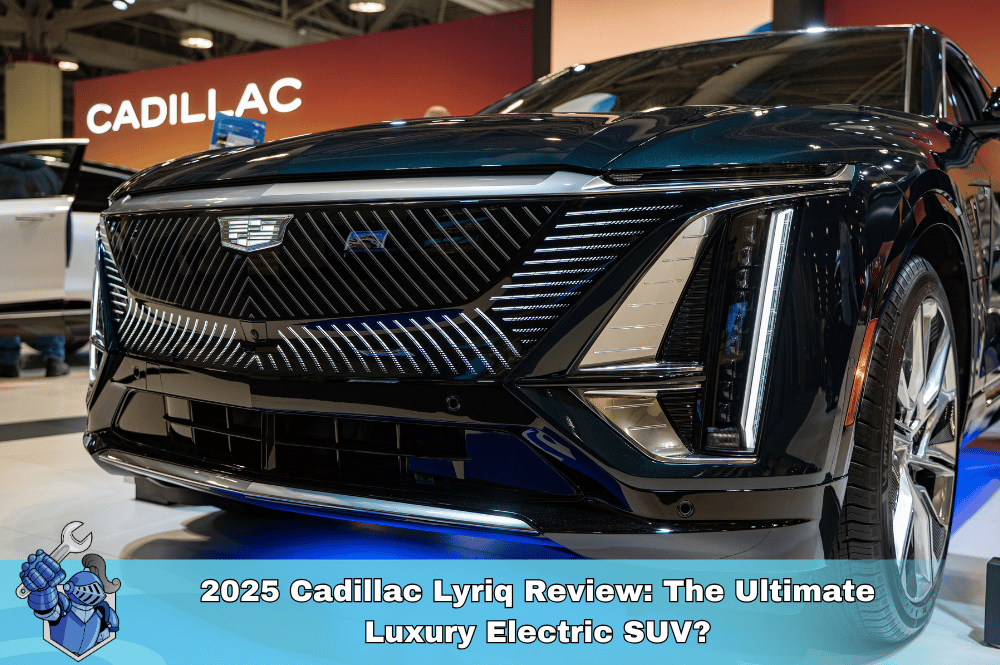 2025 Cadillac Lyriq Review: The Ultimate Luxury Electric SUV?
2025 Cadillac Lyriq Review: The Ultimate Luxury Electric SUV?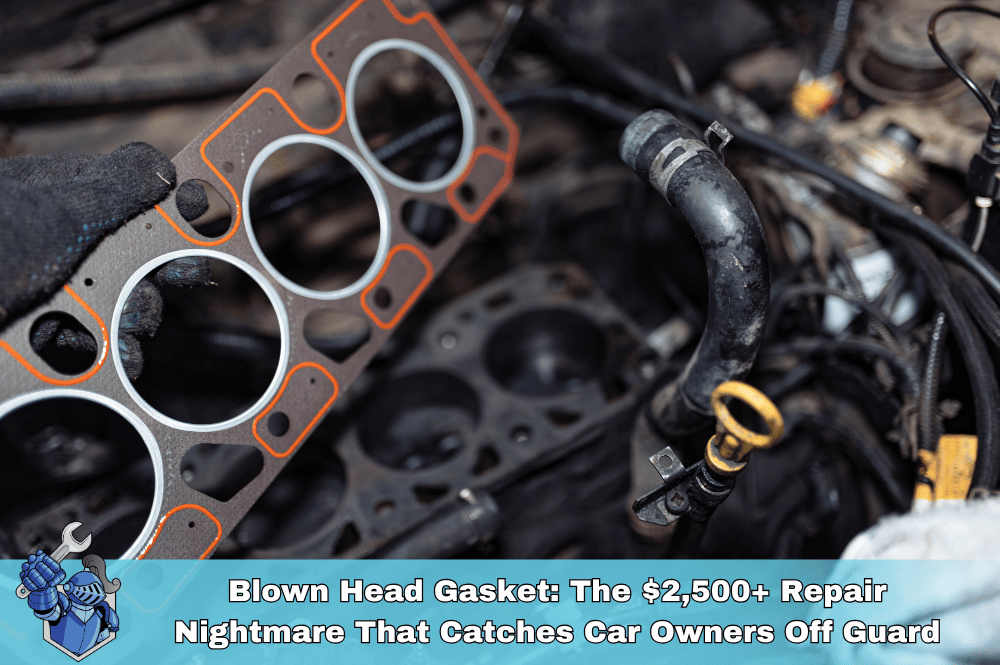 Blown Head Gasket: The $2,500+ Repair Nightmare That Catches Car Owners Off Guard – Learn How to Prepare
Blown Head Gasket: The $2,500+ Repair Nightmare That Catches Car Owners Off Guard – Learn How to Prepare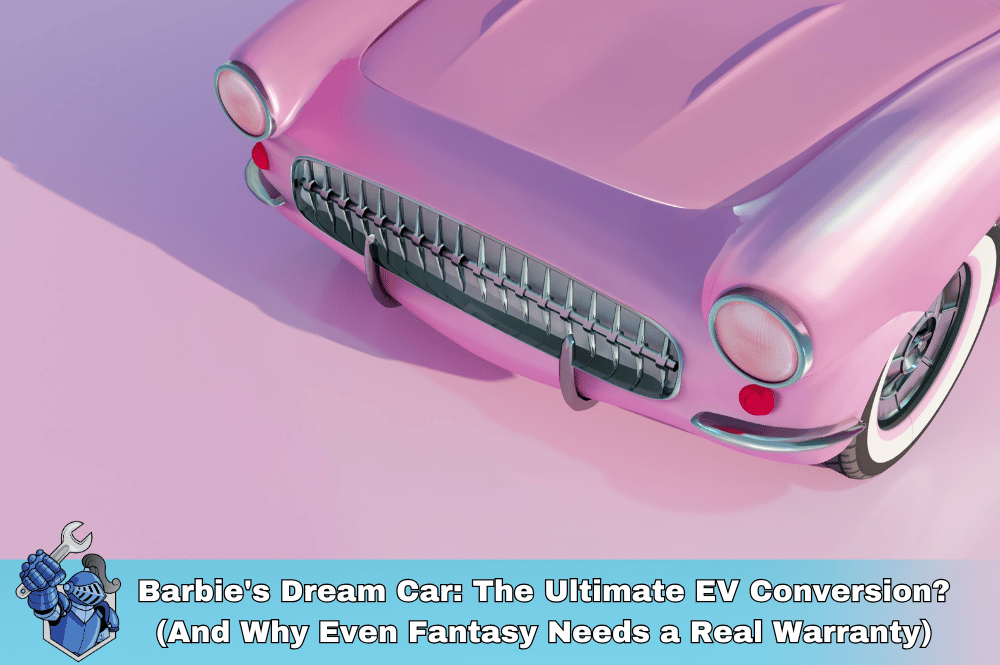 Barbie's Dream Car: The Ultimate EV Conversion? (And Why Even Fantasy Needs a Real Warranty)
Barbie's Dream Car: The Ultimate EV Conversion? (And Why Even Fantasy Needs a Real Warranty)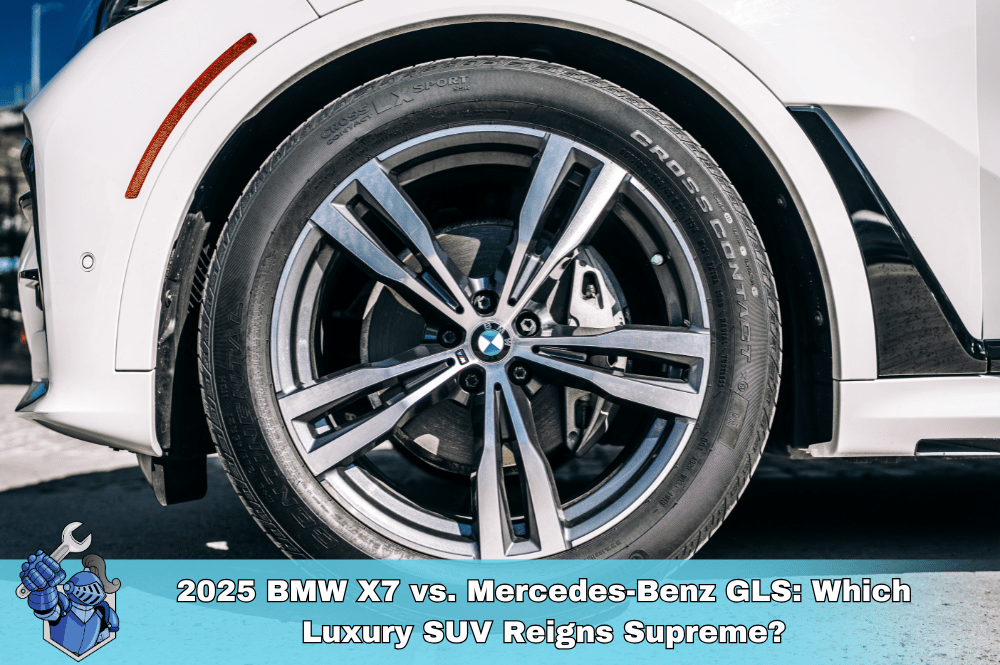 2025 BMW X7 vs. Mercedes-Benz GLS: Which Luxury SUV Reigns Supreme?
2025 BMW X7 vs. Mercedes-Benz GLS: Which Luxury SUV Reigns Supreme?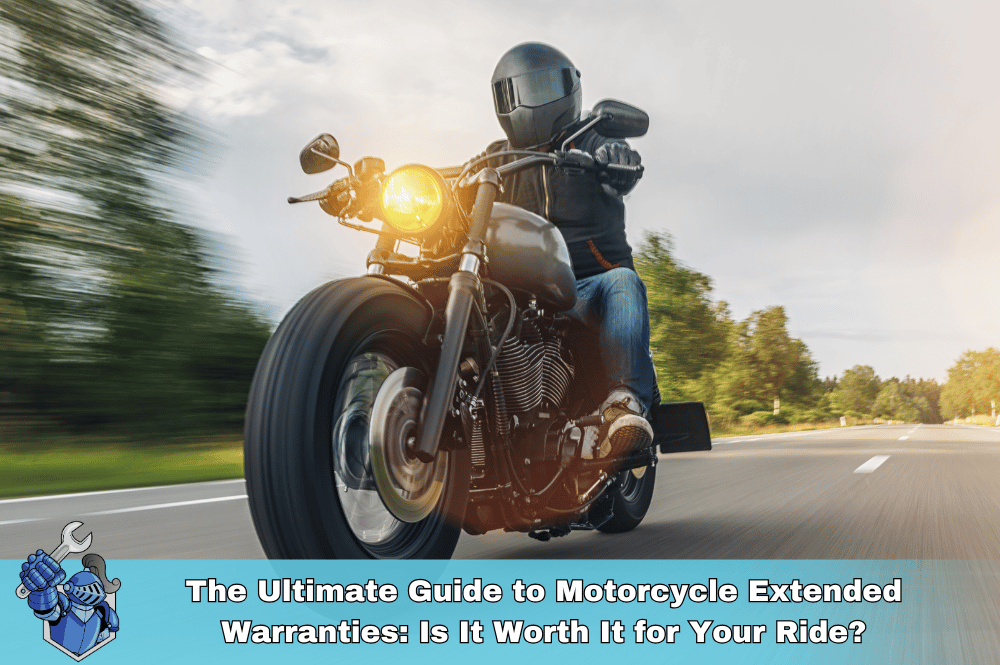 The Ultimate Guide to Motorcycle Extended Warranties: Is It Worth It for Your Ride?
The Ultimate Guide to Motorcycle Extended Warranties: Is It Worth It for Your Ride? Cupid's Got Horsepower: Rev Up Your Valentine's Day!
Cupid's Got Horsepower: Rev Up Your Valentine's Day!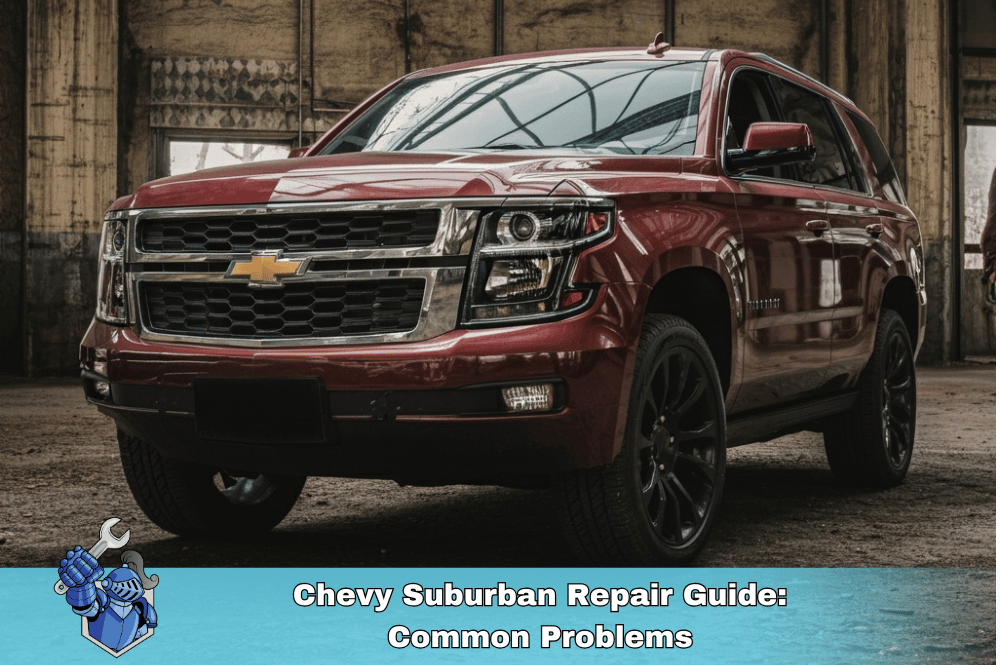 Chevy Suburban Repair Guide: Common Problems
Chevy Suburban Repair Guide: Common Problems The Greatest NASCAR Rivalries of All Time: On-Track Battles and Off-Track Drama
The Greatest NASCAR Rivalries of All Time: On-Track Battles and Off-Track Drama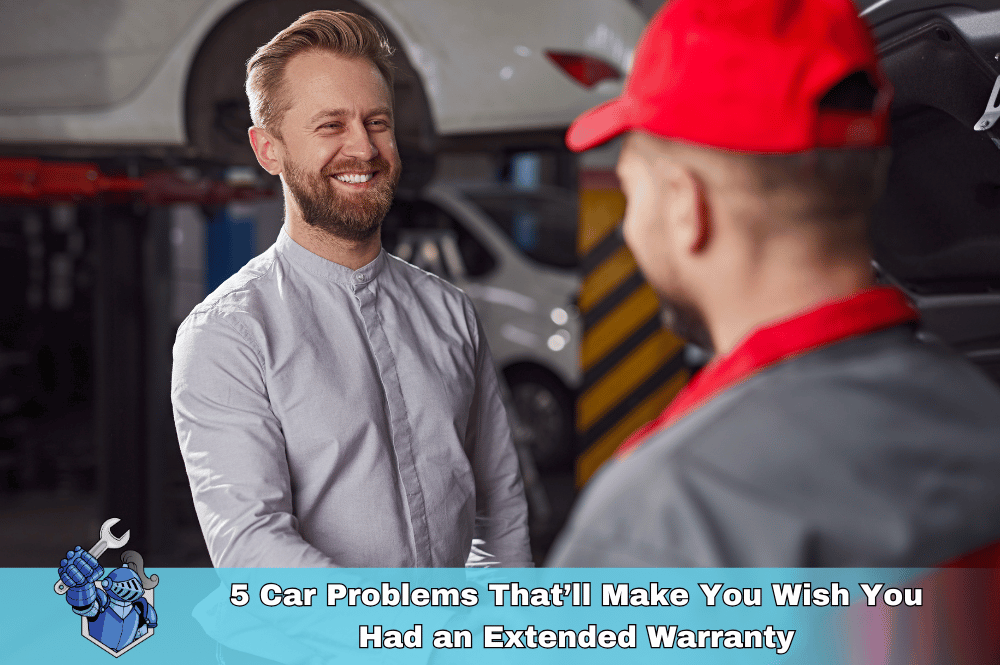 5 Car Problems That’ll Make You Wish You Had an Extended Warranty
5 Car Problems That’ll Make You Wish You Had an Extended Warranty Beyond F1: Exploring the World's Most Extreme Racing Series
Beyond F1: Exploring the World's Most Extreme Racing Series If NASCAR Had Car Warranties: The Pit Stop Chaos You’d See
If NASCAR Had Car Warranties: The Pit Stop Chaos You’d See Forza: The Perfect Blend of Simulation and Arcade Fun
Forza: The Perfect Blend of Simulation and Arcade Fun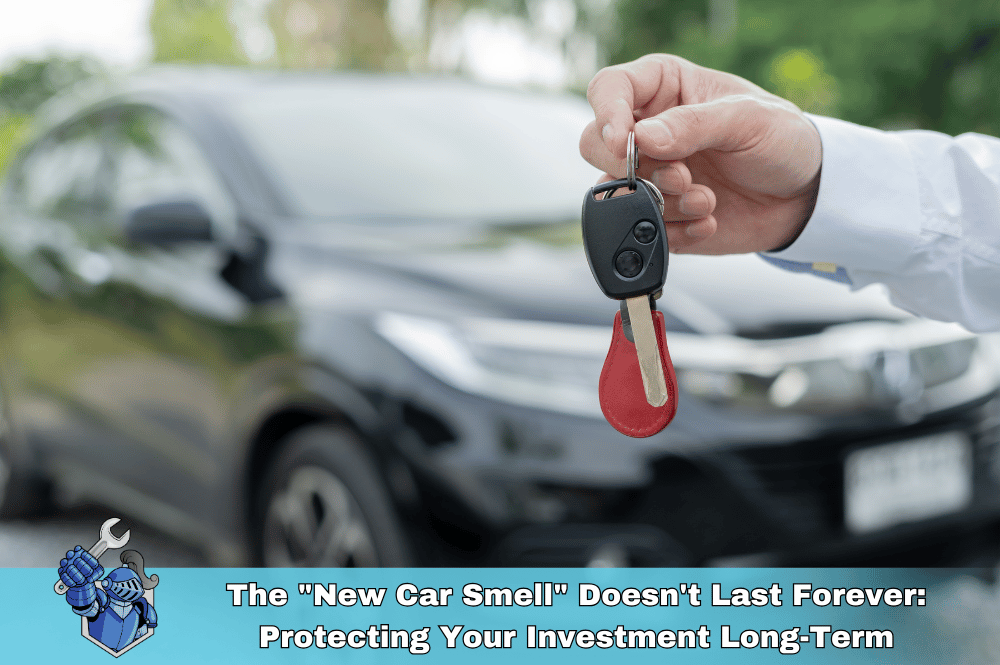 The "New Car Smell" Doesn't Last Forever: Protecting Your Investment Long-Term
The "New Car Smell" Doesn't Last Forever: Protecting Your Investment Long-Term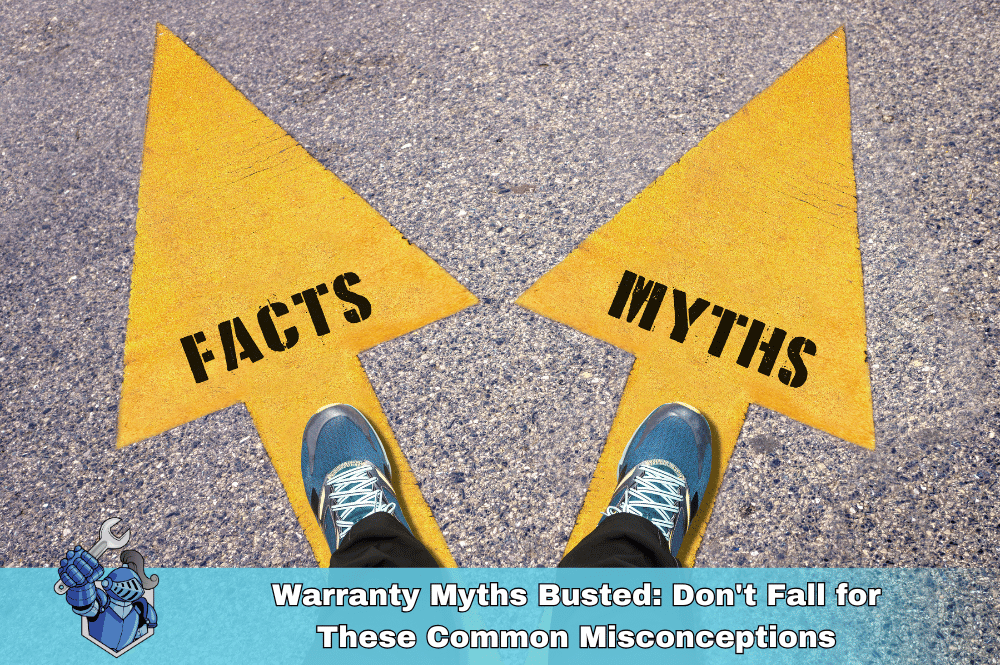 Warranty Myths Busted: Don't Fall for These Common Misconceptions
Warranty Myths Busted: Don't Fall for These Common Misconceptions We've Moved! Noble Quote's New Home at the Lake of the Ozarks
We've Moved! Noble Quote's New Home at the Lake of the Ozarks The Future of Racing: Electric Cars, Autonomous Vehicles, and Beyond
The Future of Racing: Electric Cars, Autonomous Vehicles, and Beyond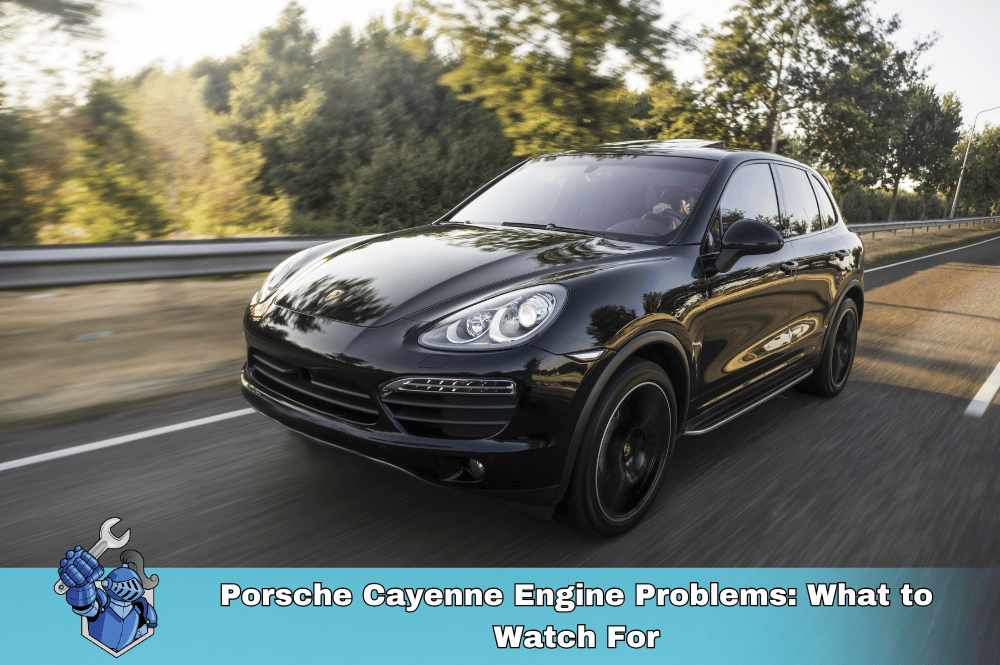 Porsche Cayenne Engine Problems: What to Watch For
Porsche Cayenne Engine Problems: What to Watch For Supercar Dreams on a Budget: The Most Affordable Exotics for First-Time Buyers
Supercar Dreams on a Budget: The Most Affordable Exotics for First-Time Buyers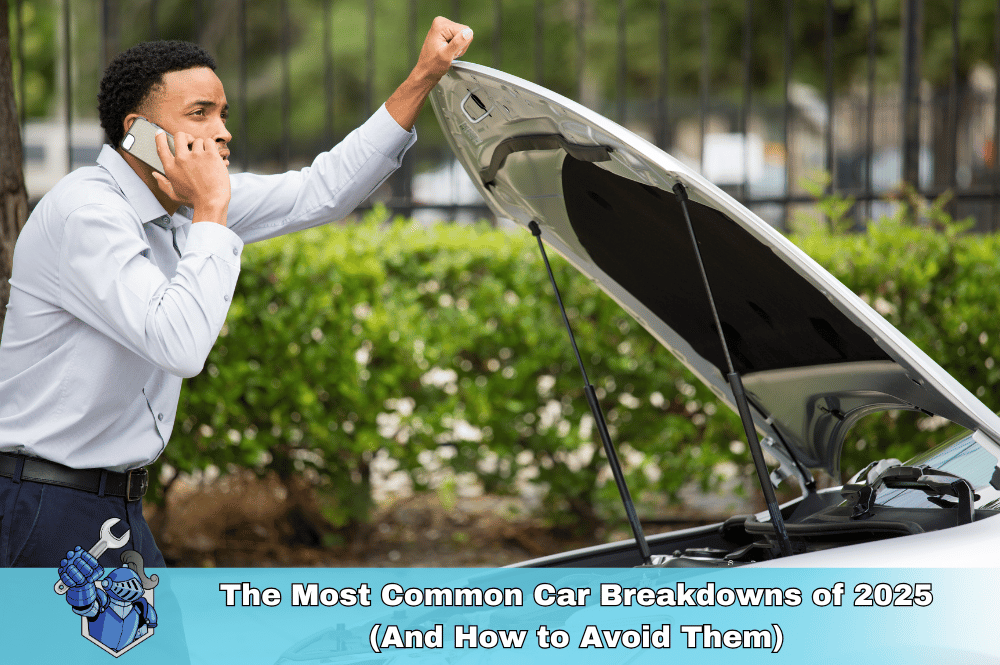 The Most Common Car Breakdowns of 2025 (And How to Avoid Them)
The Most Common Car Breakdowns of 2025 (And How to Avoid Them)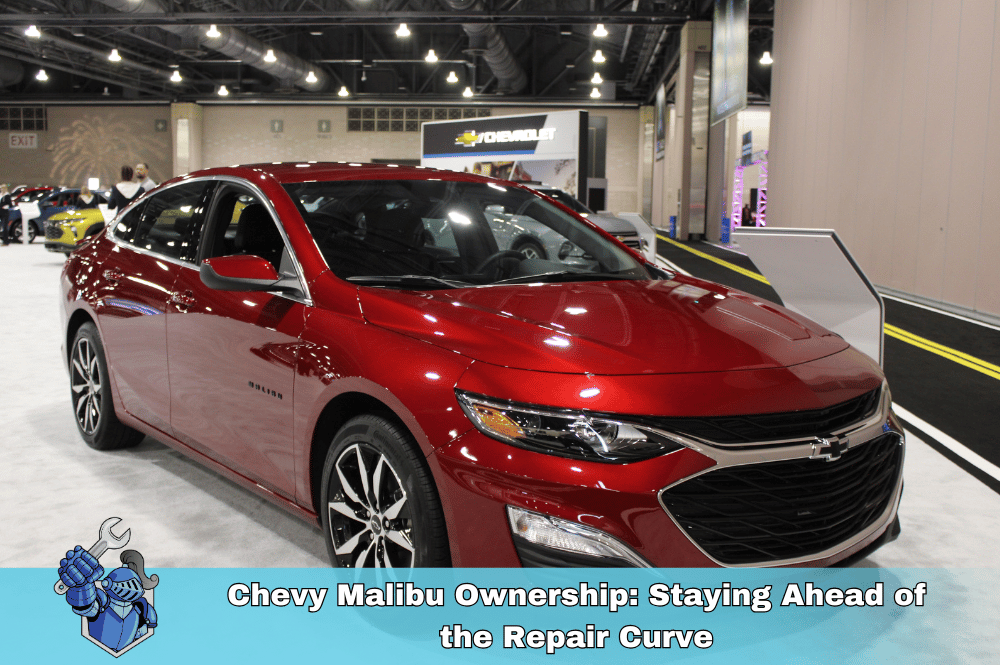 Chevy Malibu Ownership: Staying Ahead of the Repair Curve
Chevy Malibu Ownership: Staying Ahead of the Repair Curve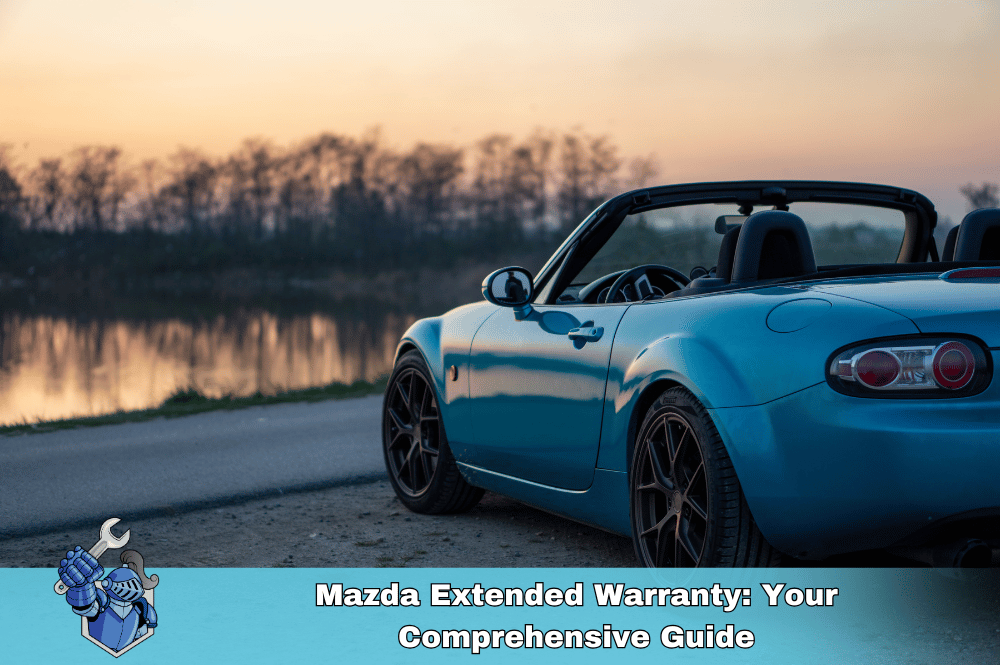 Mazda Extended Warranty: Your Comprehensive Guide
Mazda Extended Warranty: Your Comprehensive Guide Protect Your Car & the Planet: Introducing NobleQuote's Green Choice Program
Protect Your Car & the Planet: Introducing NobleQuote's Green Choice Program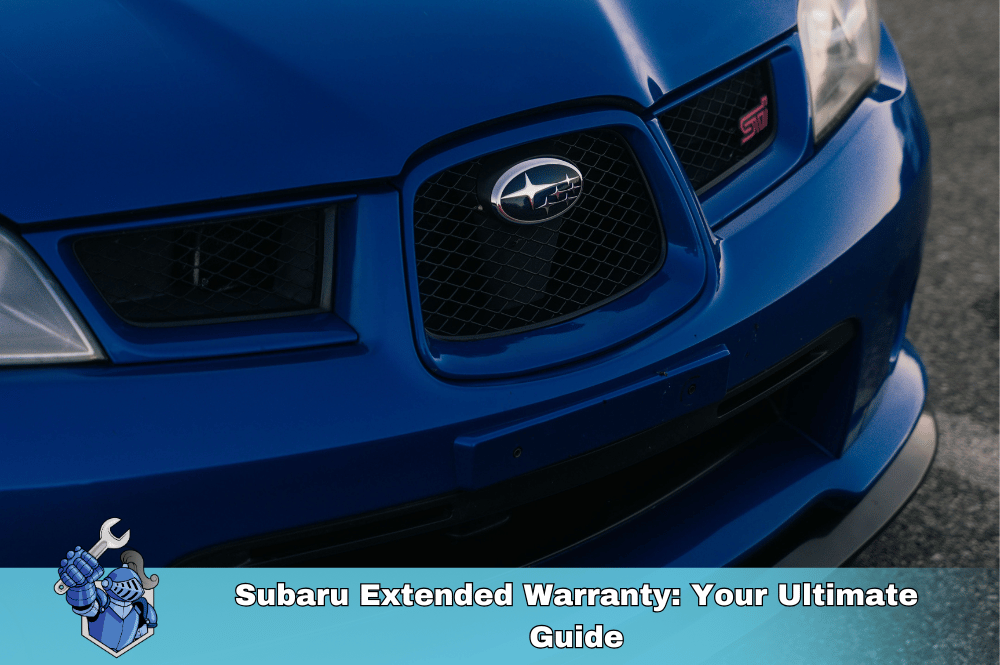 Subaru Extended Warranty: Your Ultimate Guide
Subaru Extended Warranty: Your Ultimate Guide Ford Raptor Extended Warranty Guide: Conquer the Road with Confidence
Ford Raptor Extended Warranty Guide: Conquer the Road with Confidence Dodge TRX: King of the Off-Road
Dodge TRX: King of the Off-Road Kansas City Chiefs Players: You Won’t Believe What They’re Driving!
Kansas City Chiefs Players: You Won’t Believe What They’re Driving! Ferrari vs. Lamborghini: A History of Innovation and Rivalry
Ferrari vs. Lamborghini: A History of Innovation and Rivalry Noble Quote: Driving with Confidence, Protected from Unexpected Repairs
Noble Quote: Driving with Confidence, Protected from Unexpected Repairs Porsche GT3: Beyond the Numbers – The Soul-Stirring GT3 Experience
Porsche GT3: Beyond the Numbers – The Soul-Stirring GT3 Experience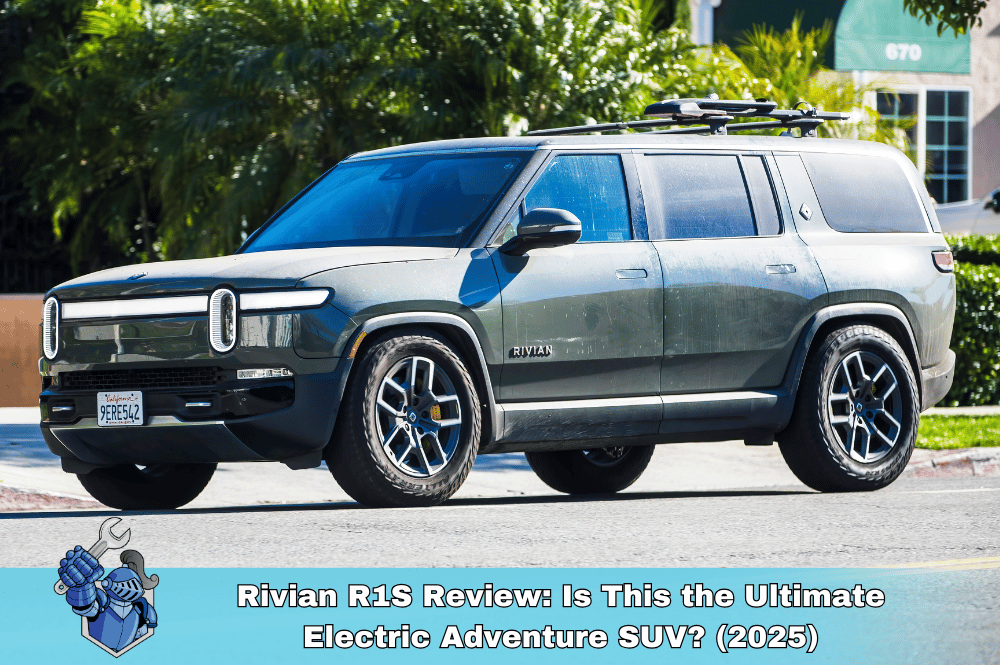 Rivian R1S Review: Is This the Ultimate Electric Adventure SUV? (2025)
Rivian R1S Review: Is This the Ultimate Electric Adventure SUV? (2025)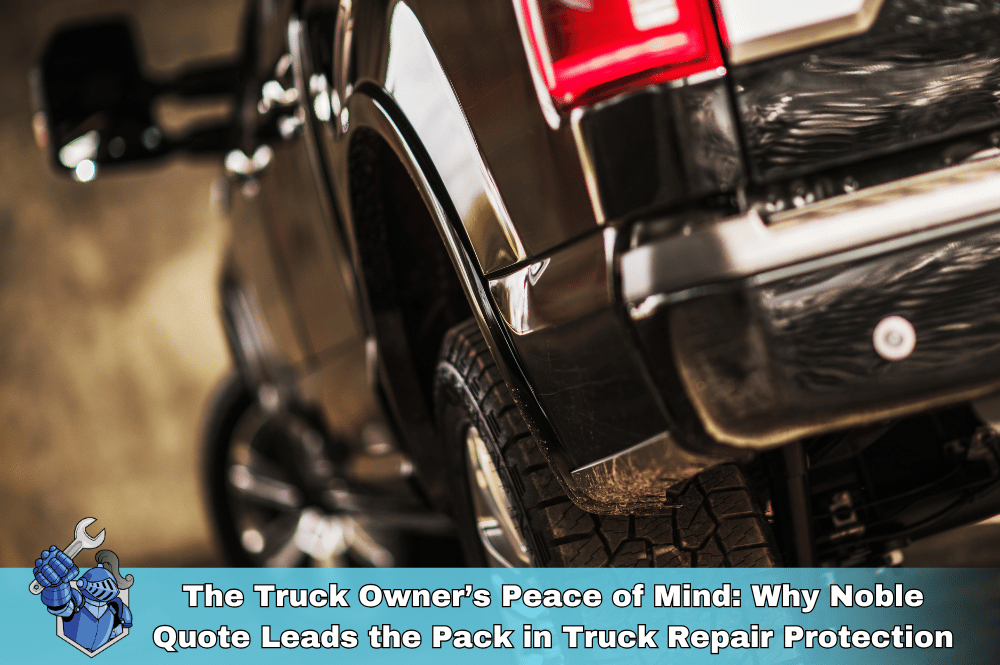 The Truck Owner’s Peace of Mind: Why Noble Quote Leads the Pack in Truck Repair Protection
The Truck Owner’s Peace of Mind: Why Noble Quote Leads the Pack in Truck Repair Protection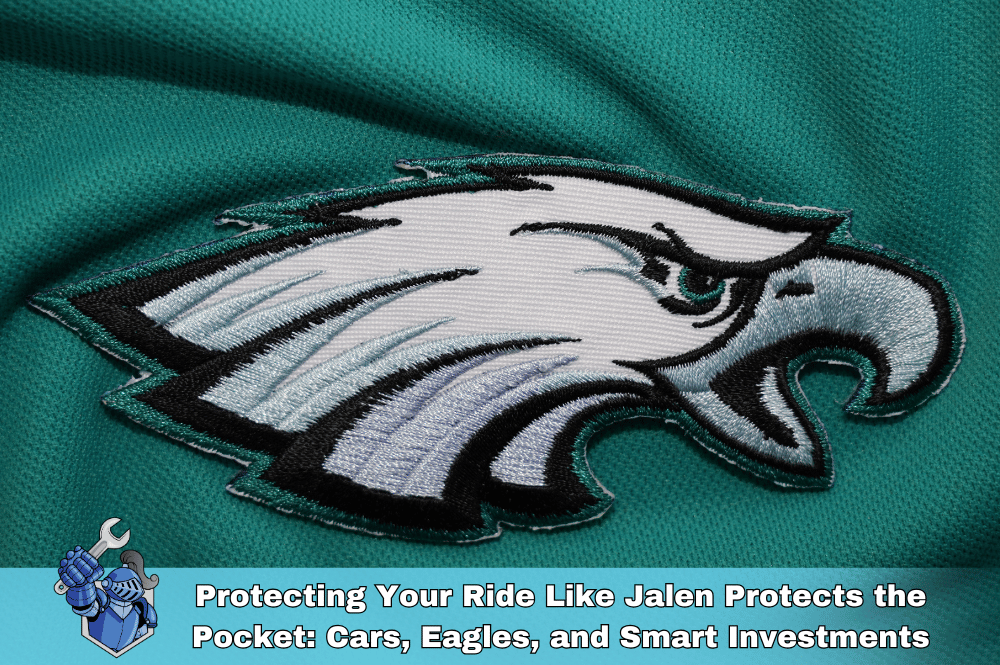 Protecting Your Ride Like Jalen Protects the Pocket: Cars, Eagles, and Smart Investments
Protecting Your Ride Like Jalen Protects the Pocket: Cars, Eagles, and Smart Investments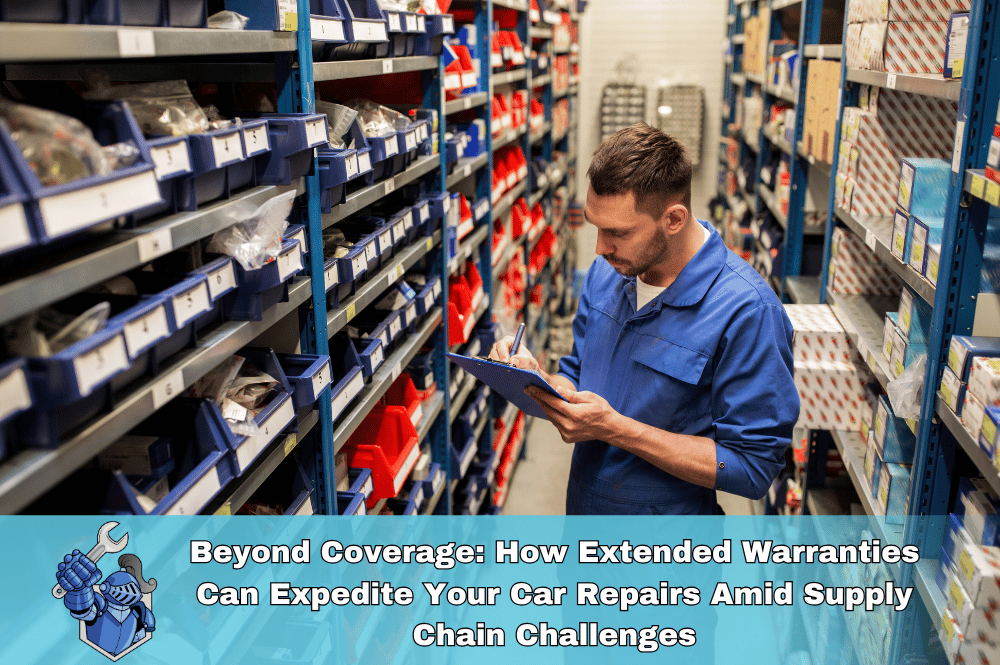 Beyond Coverage: How Extended Warranties Can Expedite Your Car Repairs Amid Supply Chain Challenges
Beyond Coverage: How Extended Warranties Can Expedite Your Car Repairs Amid Supply Chain Challenges Keeping vs. Selling: Weighing Your Car Options & the Value of an Extended Car Warranty
Keeping vs. Selling: Weighing Your Car Options & the Value of an Extended Car Warranty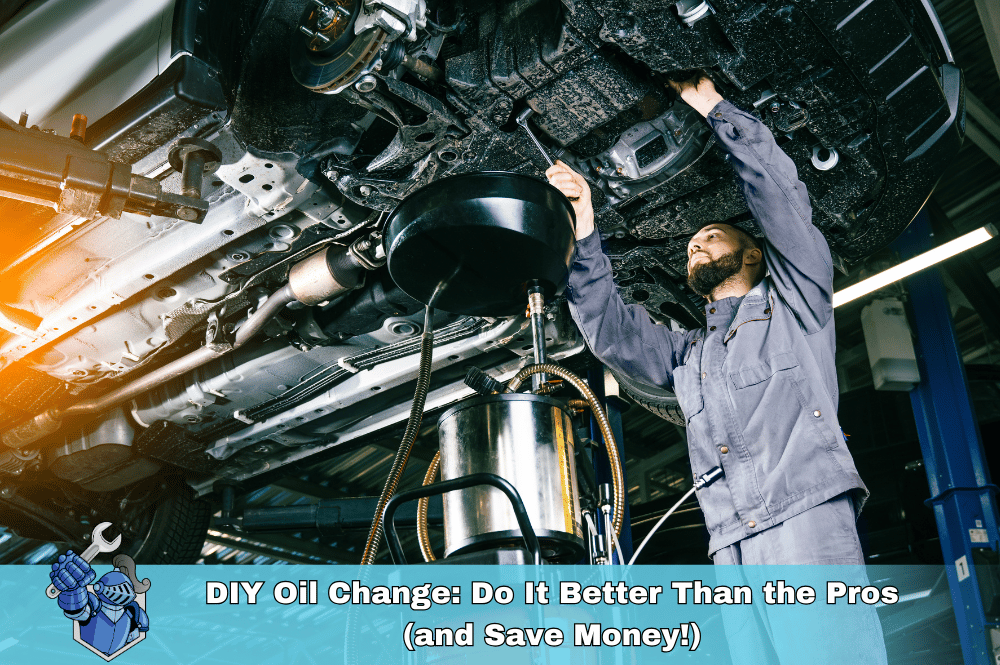 DIY Oil Change: Do It Better Than the Pros (and Save Money!)
DIY Oil Change: Do It Better Than the Pros (and Save Money!)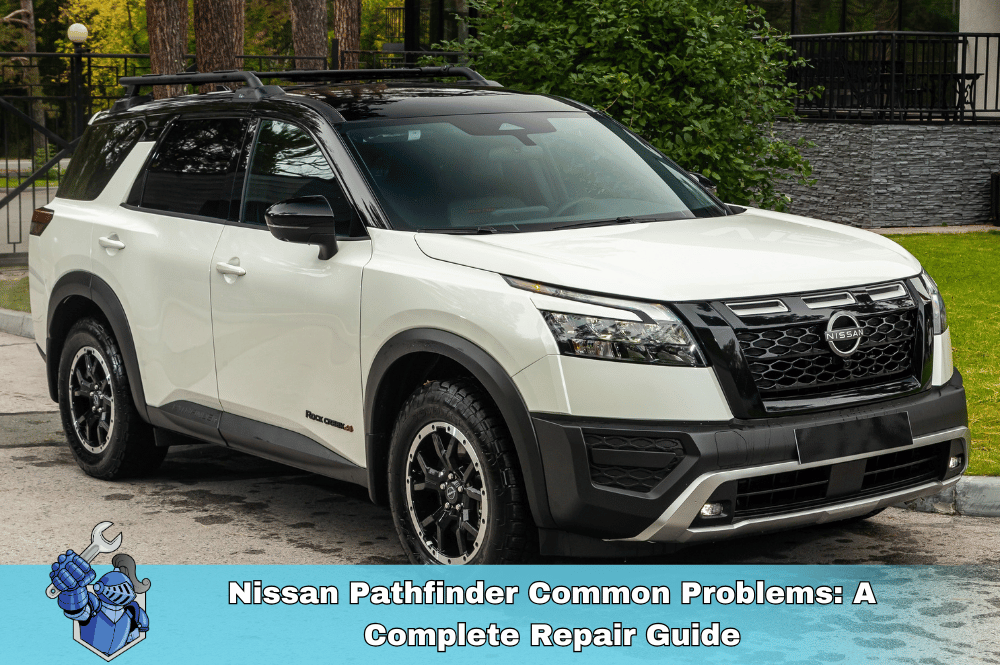 Nissan Pathfinder Common Problems: A Complete Repair Guide
Nissan Pathfinder Common Problems: A Complete Repair Guide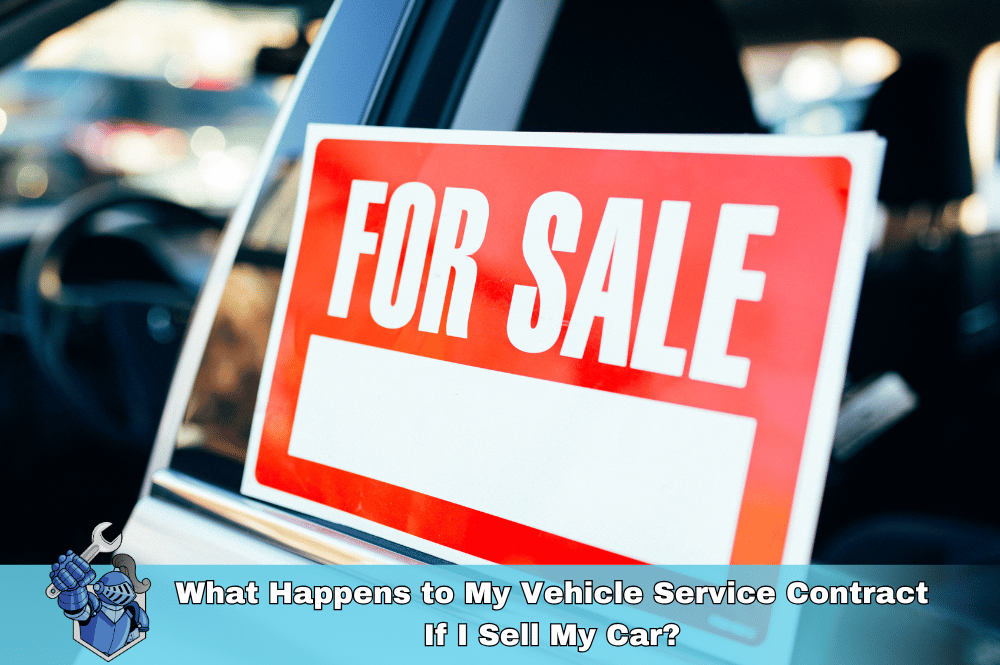 What Happens to My Vehicle Service Contract If I Sell My Car?
What Happens to My Vehicle Service Contract If I Sell My Car? Extended Car Warranty with Active Factory Coverage: Smart Move or Waste of Money?
Extended Car Warranty with Active Factory Coverage: Smart Move or Waste of Money?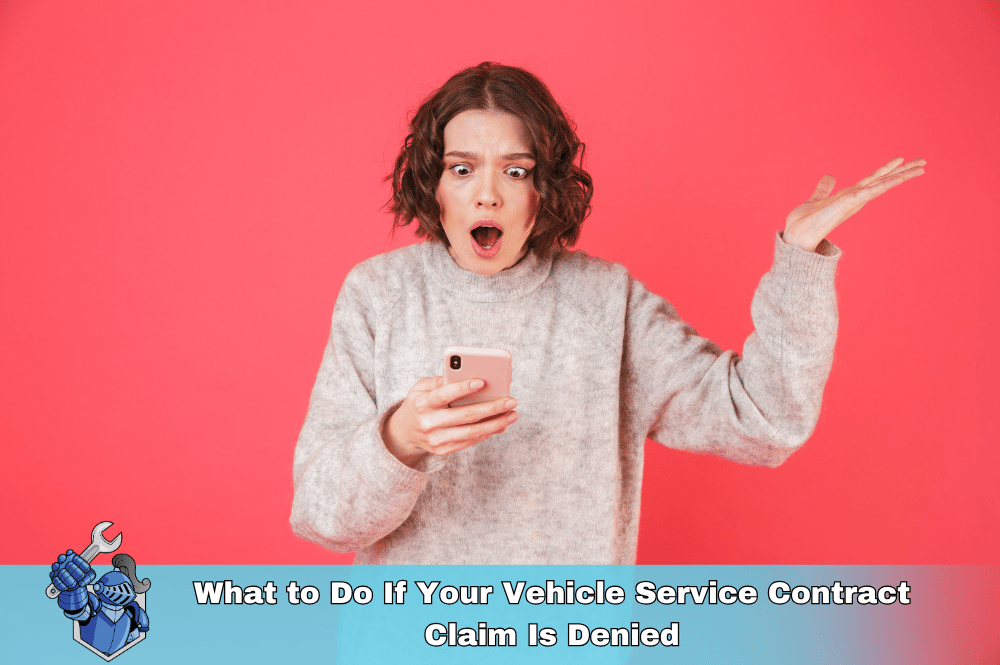 What to Do If Your Vehicle Service Contract Claim Is Denied
What to Do If Your Vehicle Service Contract Claim Is Denied Vehicle Service Contracts for SUVs and Trucks: Protecting Your Investment
Vehicle Service Contracts for SUVs and Trucks: Protecting Your Investment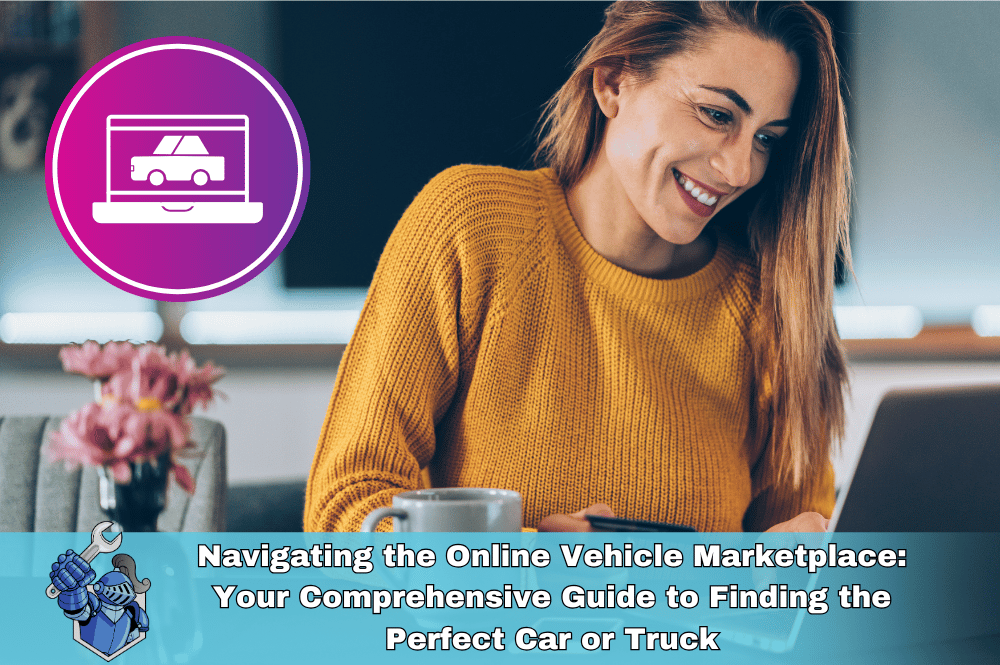 Navigating the Online Vehicle Marketplace: Your Comprehensive Guide to Finding the Perfect Car or Truck
Navigating the Online Vehicle Marketplace: Your Comprehensive Guide to Finding the Perfect Car or Truck Maximize Your Savings: Understanding Your Vehicle Service Contract Deductible Options
Maximize Your Savings: Understanding Your Vehicle Service Contract Deductible Options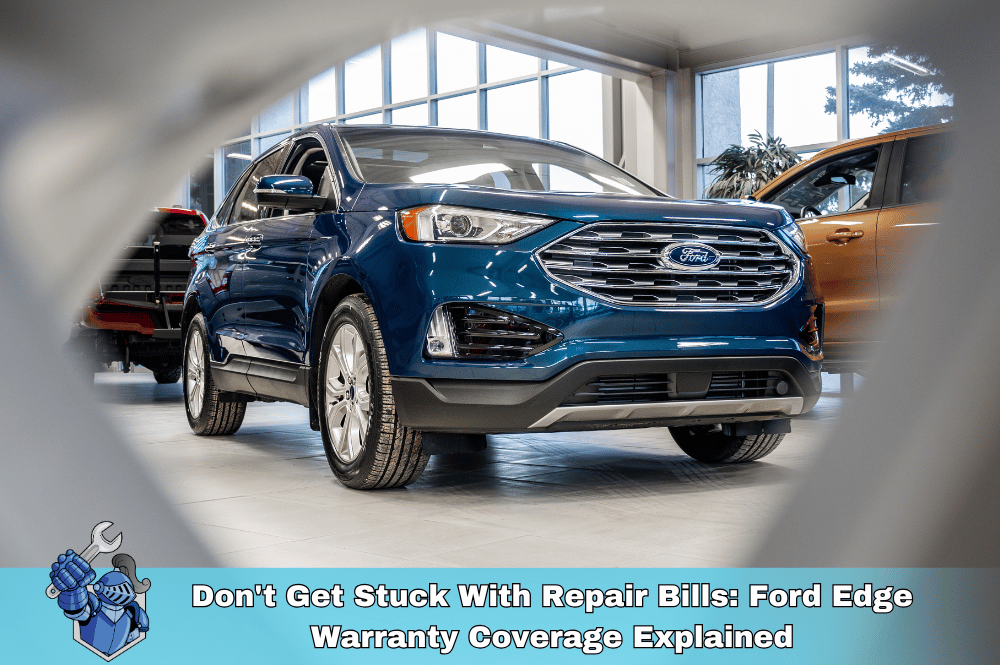 Don’t Get Stuck With Repair Bills: Ford Edge Warranty Coverage Explained
Don’t Get Stuck With Repair Bills: Ford Edge Warranty Coverage Explained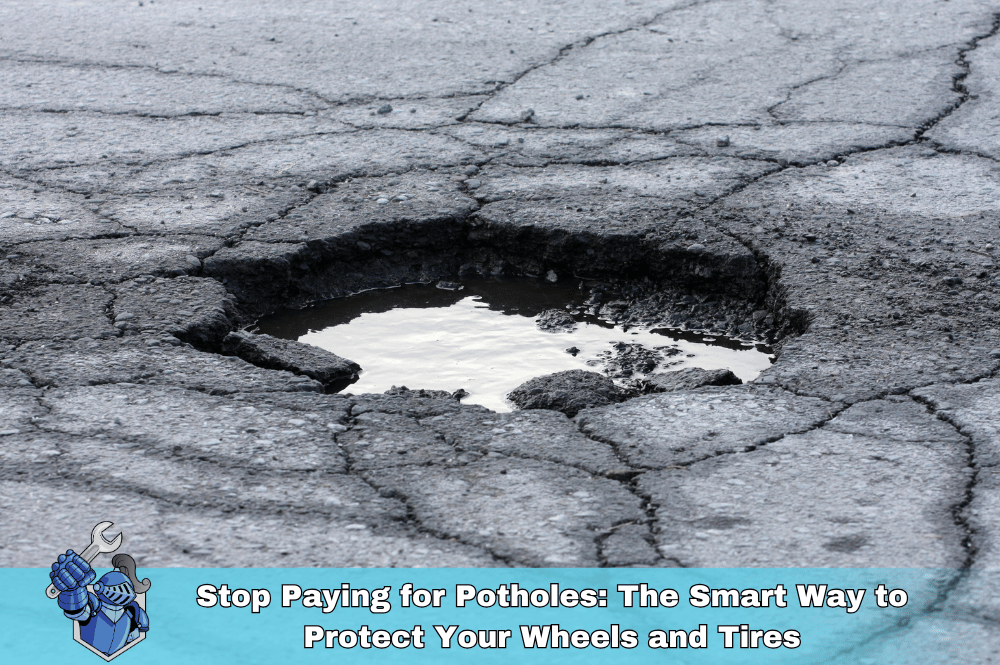 Stop Paying for Potholes: The Smart Way to Protect Your Wheels and Tires
Stop Paying for Potholes: The Smart Way to Protect Your Wheels and Tires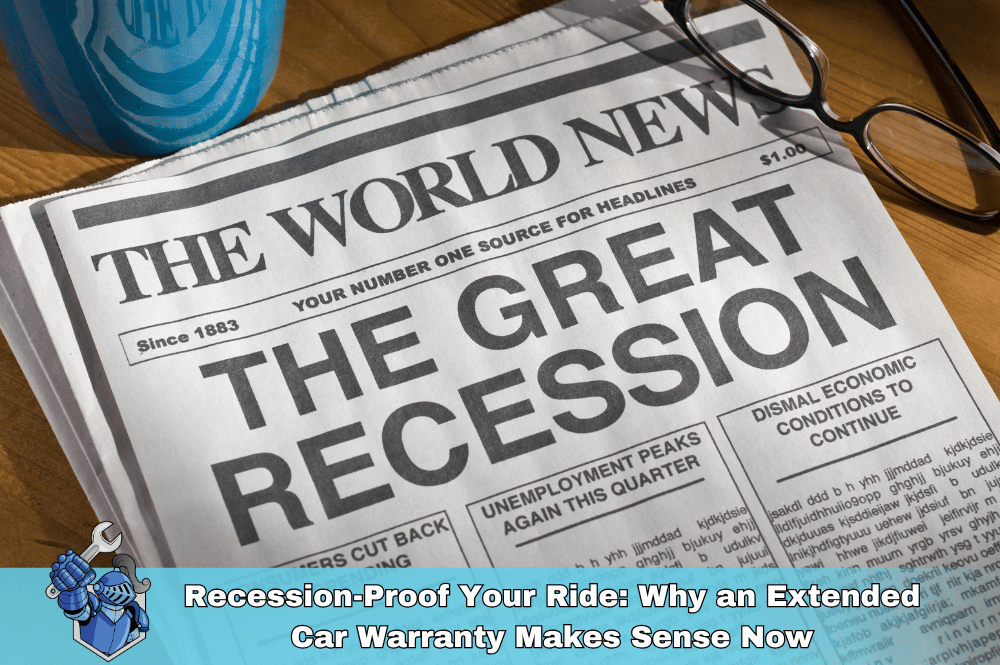 Recession-Proof Your Ride: Why an Extended Car Warranty Makes Sense Now
Recession-Proof Your Ride: Why an Extended Car Warranty Makes Sense Now RV Road Trip Ready: Secure Your Adventures with Extended Warranty Coverage
RV Road Trip Ready: Secure Your Adventures with Extended Warranty Coverage What is a Home Warranty and Do You Need One?
What is a Home Warranty and Do You Need One?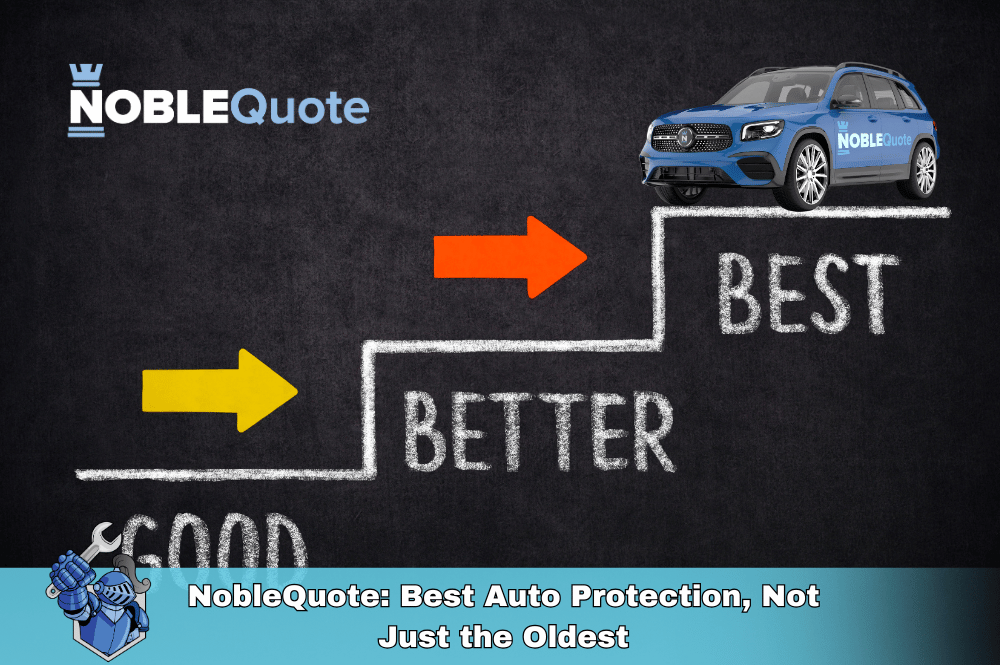 NobleQuote: Best Auto Protection, Not Just the Oldest
NobleQuote: Best Auto Protection, Not Just the Oldest Decoding Your Wallet: The Benefits of Using Cash and Credit Wisely
Decoding Your Wallet: The Benefits of Using Cash and Credit Wisely Kia Telluride Review: Unpacking the Features and the Real Cost to Own
Kia Telluride Review: Unpacking the Features and the Real Cost to Own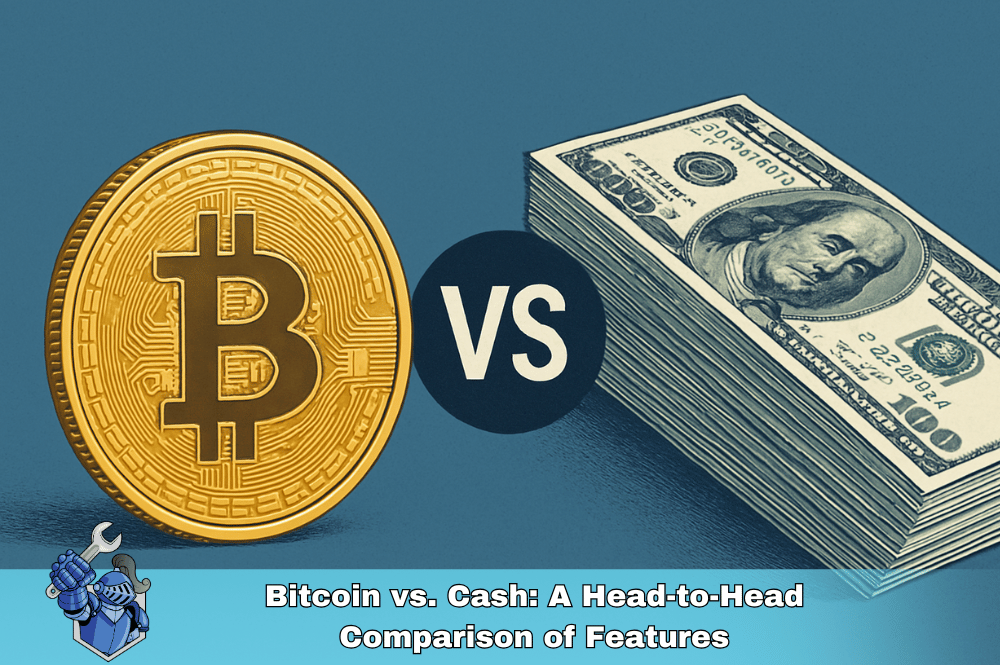 Bitcoin vs. Cash: A Head-to-Head Comparison of Features
Bitcoin vs. Cash: A Head-to-Head Comparison of Features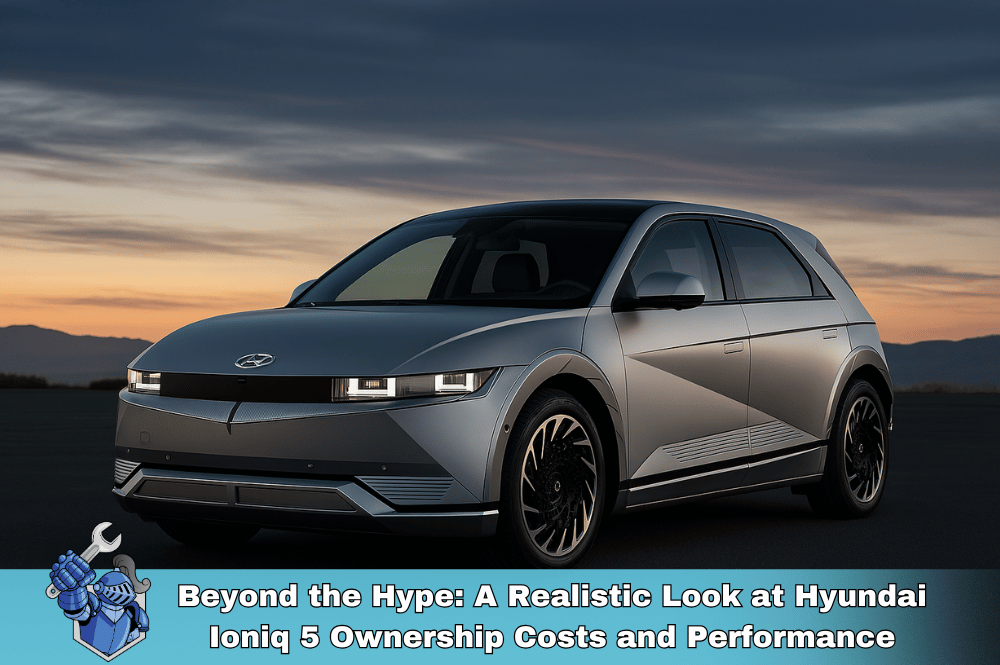 Beyond the Hype: A Realistic Look at Hyundai Ioniq 5 Ownership Costs and Performance
Beyond the Hype: A Realistic Look at Hyundai Ioniq 5 Ownership Costs and Performance Unlock Better Opportunities: Your Guide to Understanding and Improving Your Credit Score
Unlock Better Opportunities: Your Guide to Understanding and Improving Your Credit Score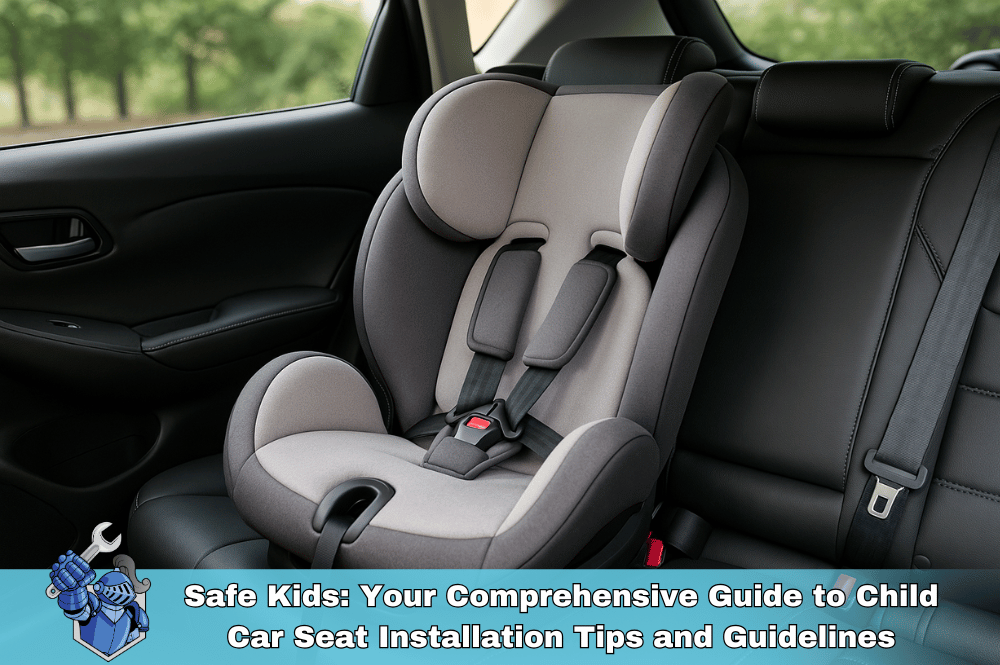 Safe Kids: Your Comprehensive Guide to Child Car Seat Installation Tips and Guidelines
Safe Kids: Your Comprehensive Guide to Child Car Seat Installation Tips and Guidelines Chevy Colorado: Unpacking the Features and the Real Cost of Ownership
Chevy Colorado: Unpacking the Features and the Real Cost of Ownership Don’t Let Tariffs Hike Your Bills: The Smart Way an Extended Warranty Saves You on Car Repairs
Don’t Let Tariffs Hike Your Bills: The Smart Way an Extended Warranty Saves You on Car Repairs Drive Smart, Save Smarter: Your Guide to Budgeting for Car Care
Drive Smart, Save Smarter: Your Guide to Budgeting for Car Care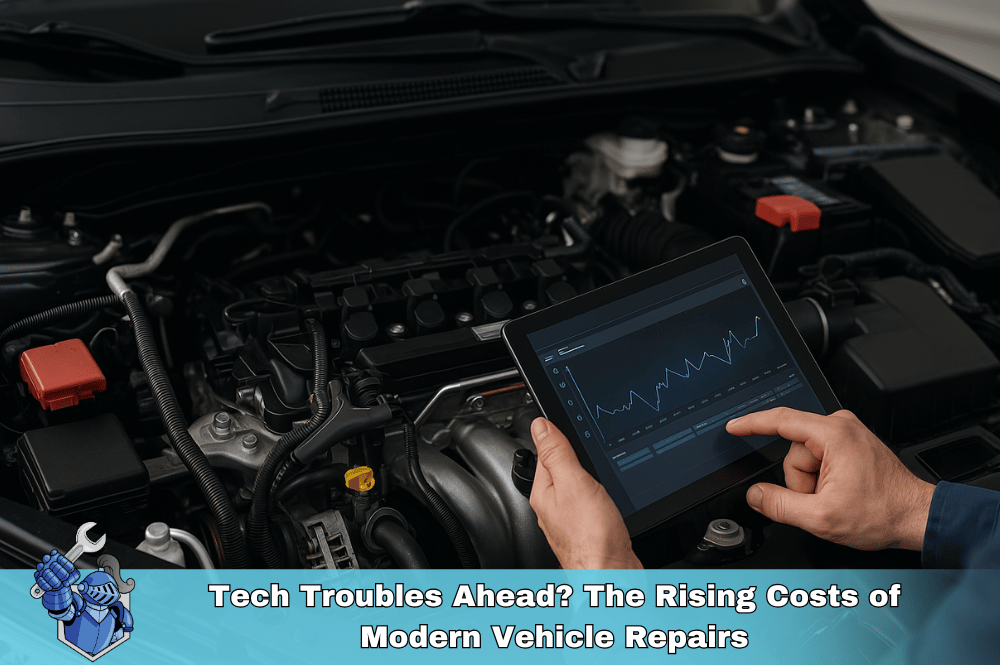 Tech Troubles Ahead? The Rising Costs of Modern Vehicle Repairs
Tech Troubles Ahead? The Rising Costs of Modern Vehicle Repairs The Downtime Trap: How Car Repairs Can Cost You More Than Just the Bill
The Downtime Trap: How Car Repairs Can Cost You More Than Just the Bill DIY Danger? The Financial Risks of Handling Car Repairs Yourself
DIY Danger? The Financial Risks of Handling Car Repairs Yourself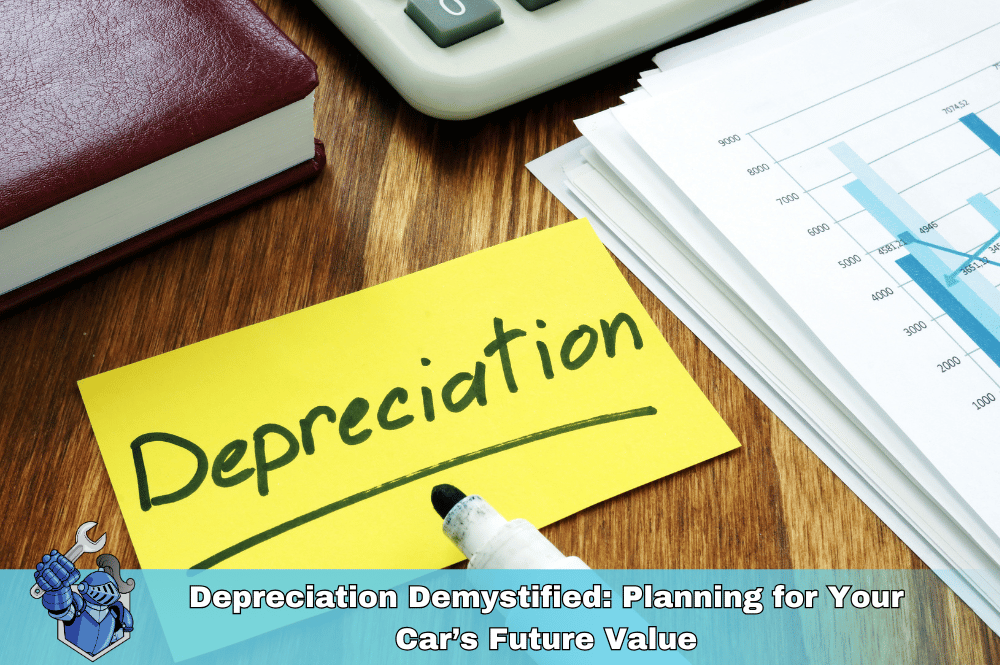 Depreciation Demystified: Planning for Your Car’s Future Value
Depreciation Demystified: Planning for Your Car’s Future Value Smart Buyer’s Guide: Ford F-250 Review and Long-Term Ownership Costs (2022–2024)
Smart Buyer’s Guide: Ford F-250 Review and Long-Term Ownership Costs (2022–2024) New vs. Used: A Financial Showdown for Your Next Vehicle
New vs. Used: A Financial Showdown for Your Next Vehicle Blockchain Basics: The Technology Behind Cryptocurrencies
Blockchain Basics: The Technology Behind Cryptocurrencies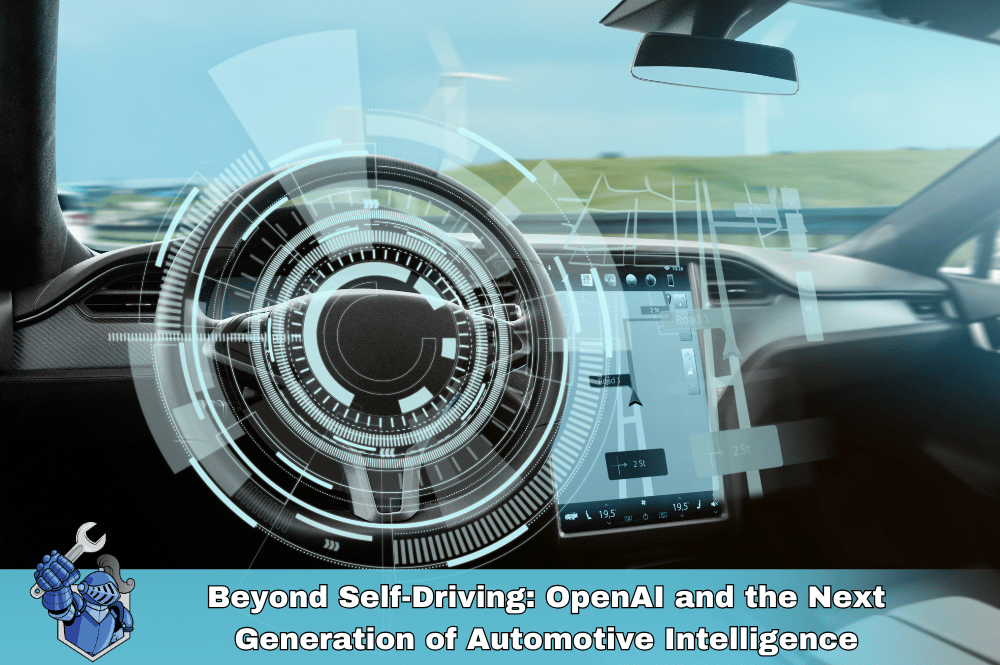 Beyond Self-Driving: OpenAI and the Next Generation of Automotive Intelligence
Beyond Self-Driving: OpenAI and the Next Generation of Automotive Intelligence Living with a Legend: The Hidden Costs of Dodge Challenger Hellcat Ownership
Living with a Legend: The Hidden Costs of Dodge Challenger Hellcat Ownership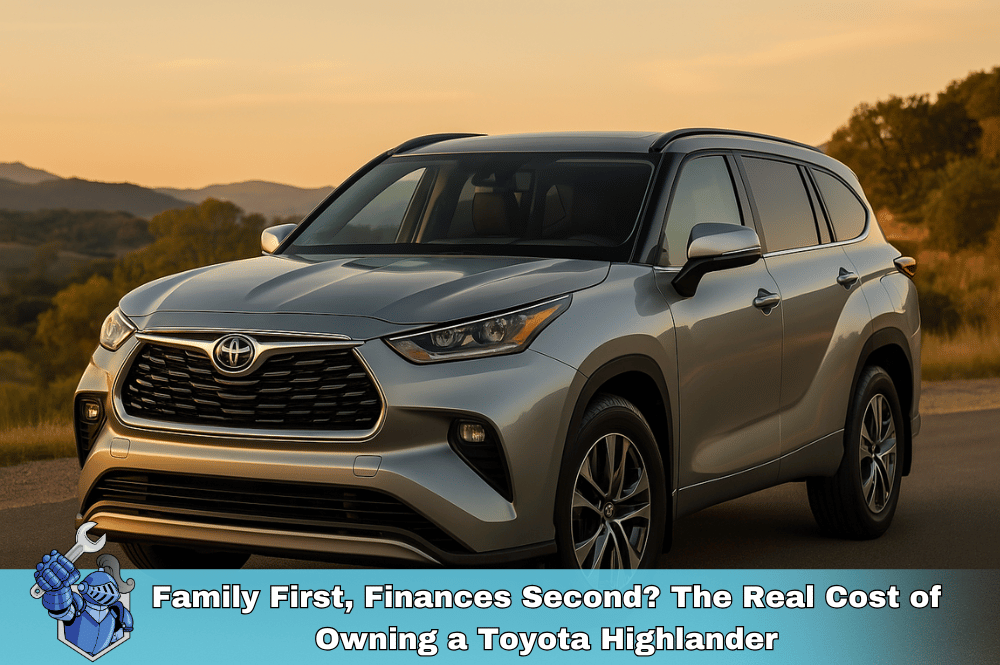 Family First, Finances Second? The Real Cost of Owning a Toyota Highlander
Family First, Finances Second? The Real Cost of Owning a Toyota Highlander Understanding Car Leasing: A Complete Guide for First-Timers
Understanding Car Leasing: A Complete Guide for First-Timers The Crypto Long Game: Proven Strategies for Building Generational Wealth
The Crypto Long Game: Proven Strategies for Building Generational Wealth Drive Away Richer? Credit Card Secrets for Smart Car Buying
Drive Away Richer? Credit Card Secrets for Smart Car Buying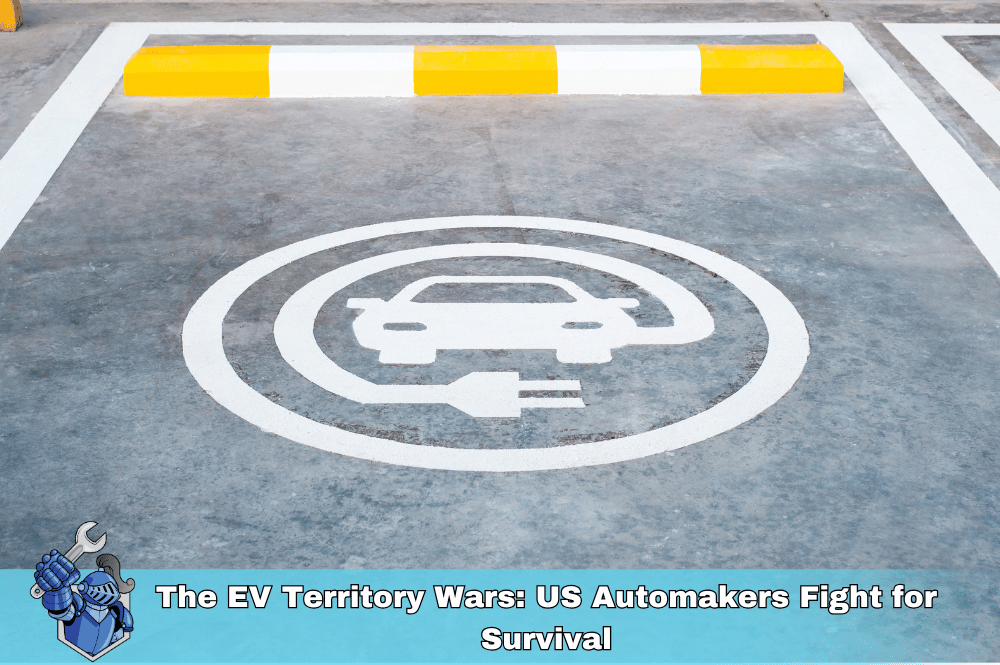 The EV Territory Wars: US Automakers Fight for Survival
The EV Territory Wars: US Automakers Fight for Survival From Solid Axle to Supercar: The Ultimate Guide to Every Corvette Generation (C1–C8)
From Solid Axle to Supercar: The Ultimate Guide to Every Corvette Generation (C1–C8) Hello, Robot Neighbor: The Dawn of Everyday AI and Its Impact
Hello, Robot Neighbor: The Dawn of Everyday AI and Its Impact Beyond the Movie: The Gritty Truth of Ford vs. Ferrari
Beyond the Movie: The Gritty Truth of Ford vs. Ferrari Slash Your Car Insurance Bills: Expert Tips You Need Now
Slash Your Car Insurance Bills: Expert Tips You Need Now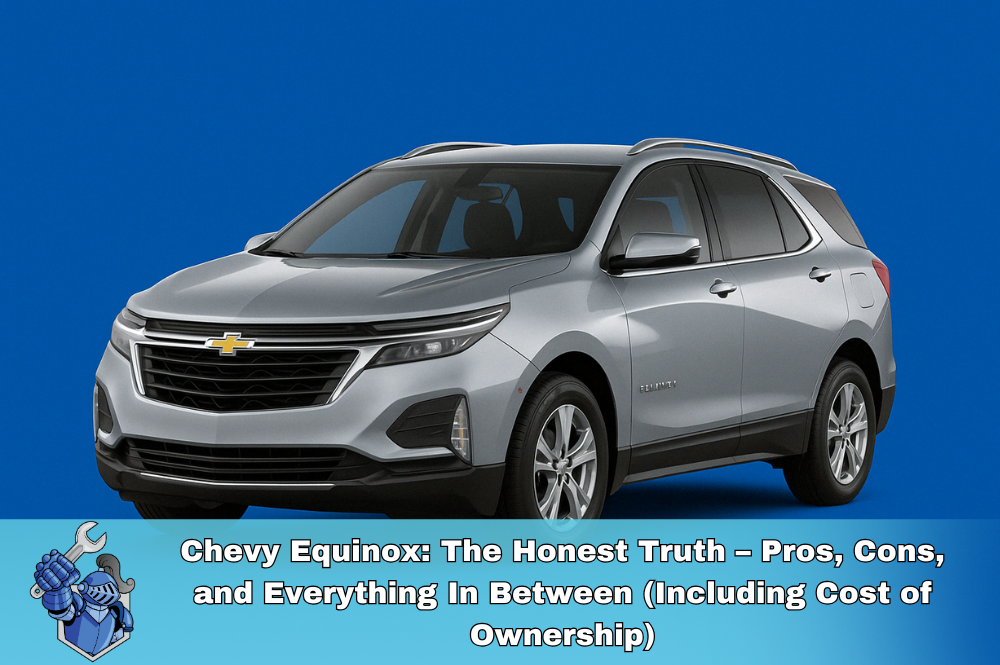 Chevy Equinox: The Honest Truth – Pros, Cons, and Everything In Between (Including Cost of Ownership)
Chevy Equinox: The Honest Truth – Pros, Cons, and Everything In Between (Including Cost of Ownership)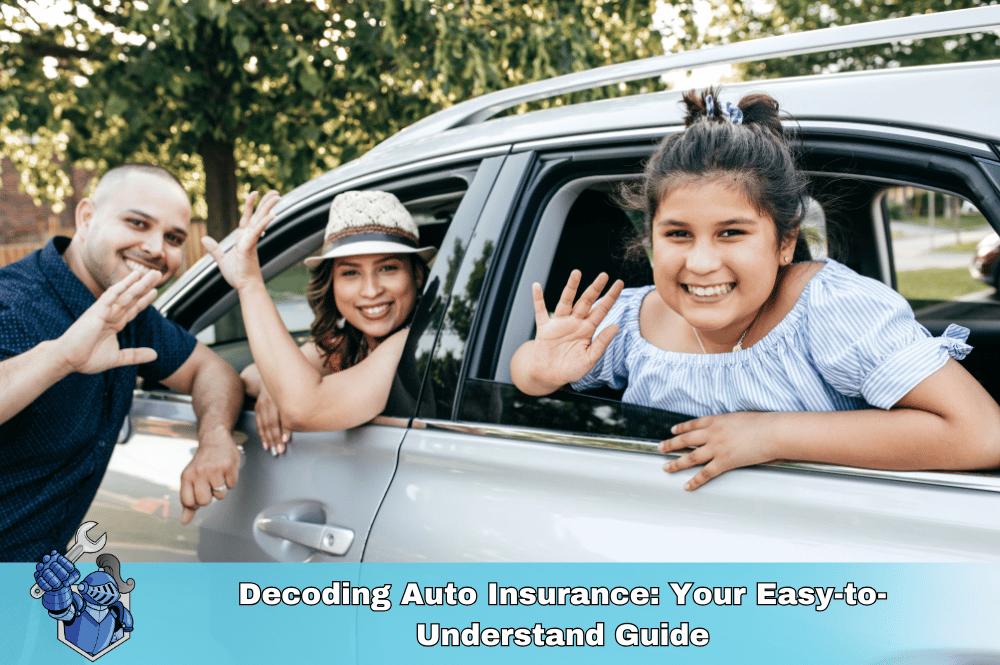 Decoding Auto Insurance: Your Easy-to-Understand Guide
Decoding Auto Insurance: Your Easy-to-Understand Guide Pessada Holdings: BBB A+ Rated Excellence
Pessada Holdings: BBB A+ Rated Excellence Save More, Stress Less: Family Budgeting Tips That Work
Save More, Stress Less: Family Budgeting Tips That Work Slate’s Electric Entry: A Deep Dive into the New Automotive Truck
Slate’s Electric Entry: A Deep Dive into the New Automotive Truck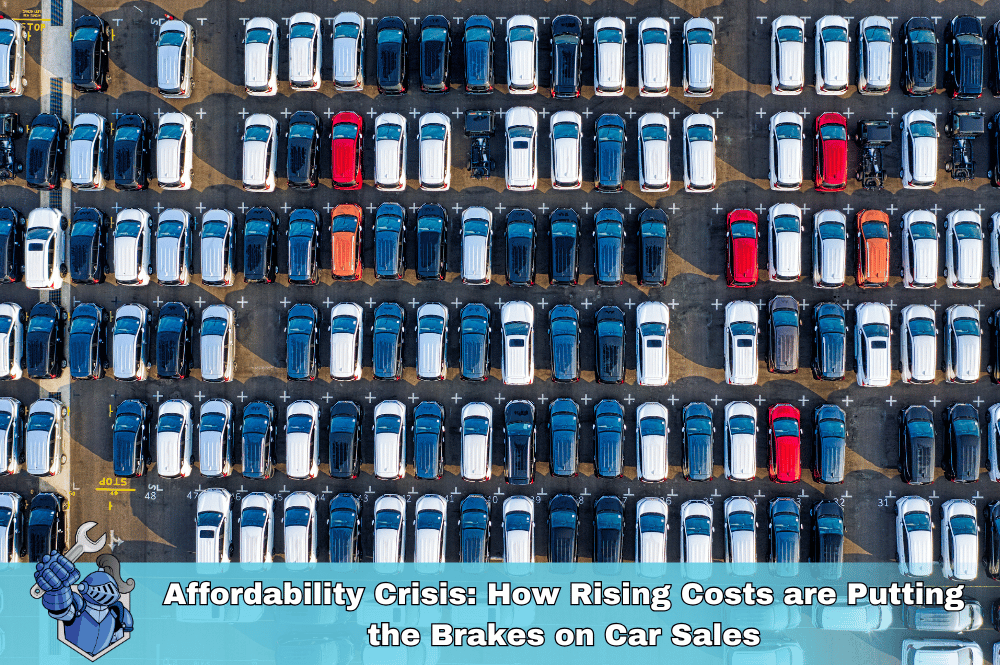 Affordability Crisis: How Rising Costs are Putting the Brakes on Car Sales
Affordability Crisis: How Rising Costs are Putting the Brakes on Car Sales The Extended Warranty Pitch: What Dealers Don't Always Tell You
The Extended Warranty Pitch: What Dealers Don't Always Tell You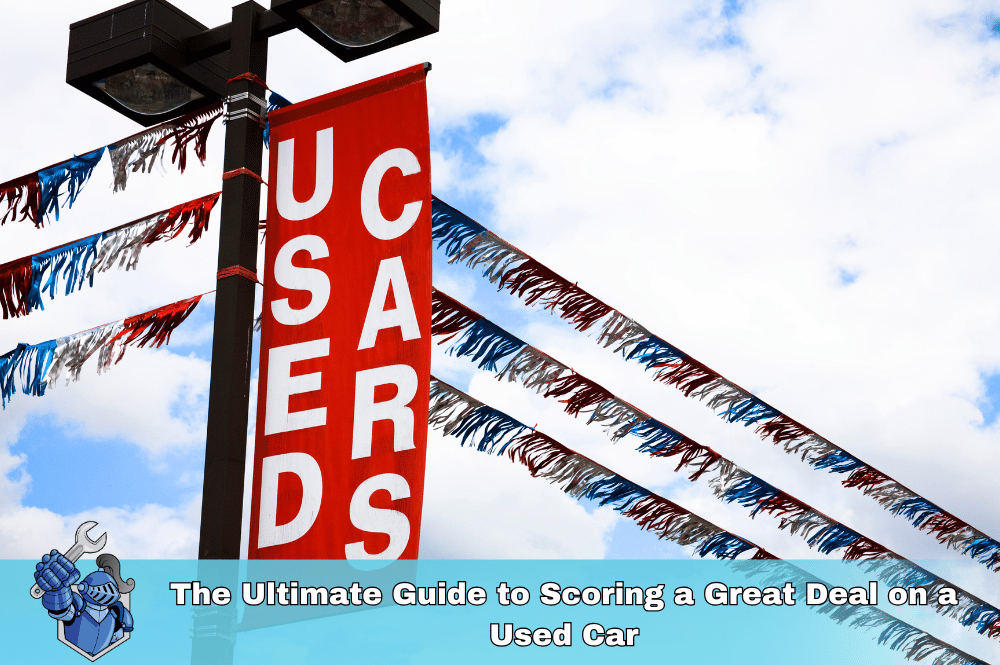 The Ultimate Guide to Scoring a Great Deal on a Used Car
The Ultimate Guide to Scoring a Great Deal on a Used Car Unlock Your Dream Ride: The Ultimate Guide to Scoring a New Car Deal
Unlock Your Dream Ride: The Ultimate Guide to Scoring a New Car Deal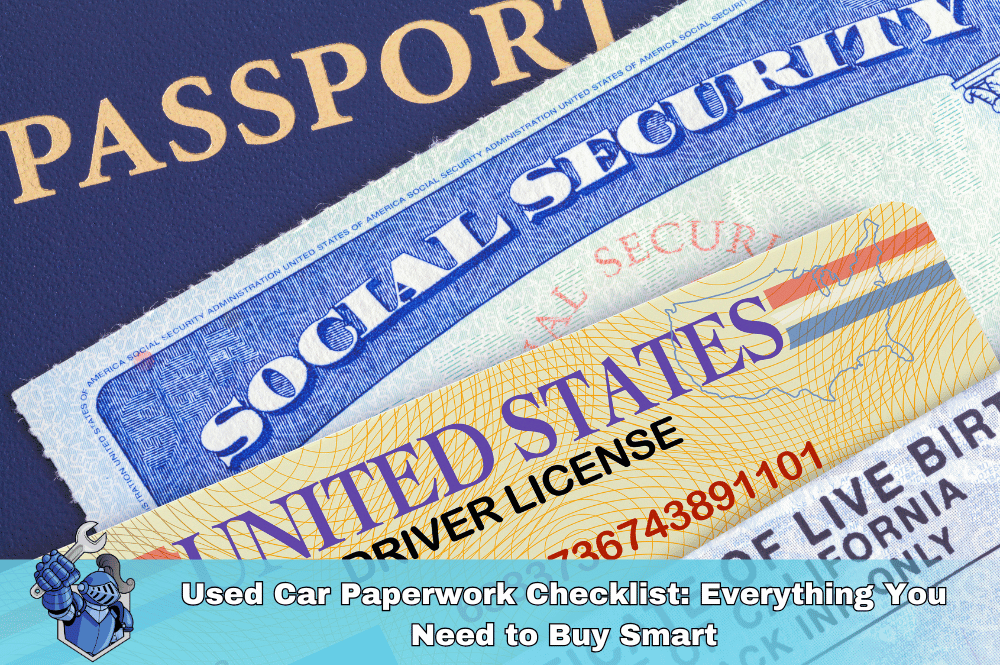 Used Car Paperwork Checklist: Everything You Need to Buy Smart
Used Car Paperwork Checklist: Everything You Need to Buy Smart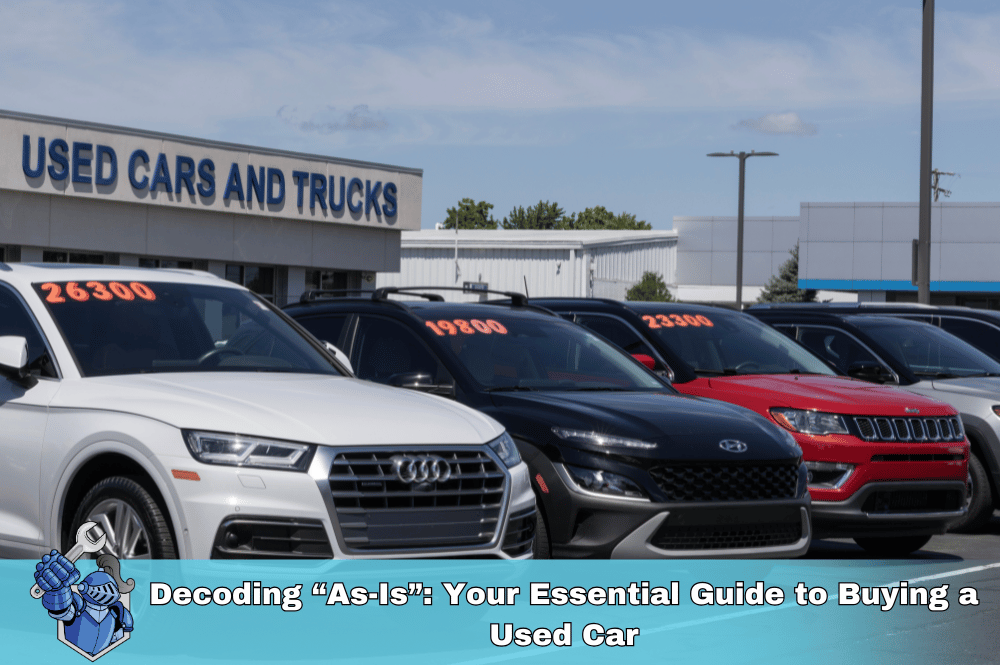 Decoding “As-Is”: Your Essential Guide to Buying a Used Car
Decoding “As-Is”: Your Essential Guide to Buying a Used Car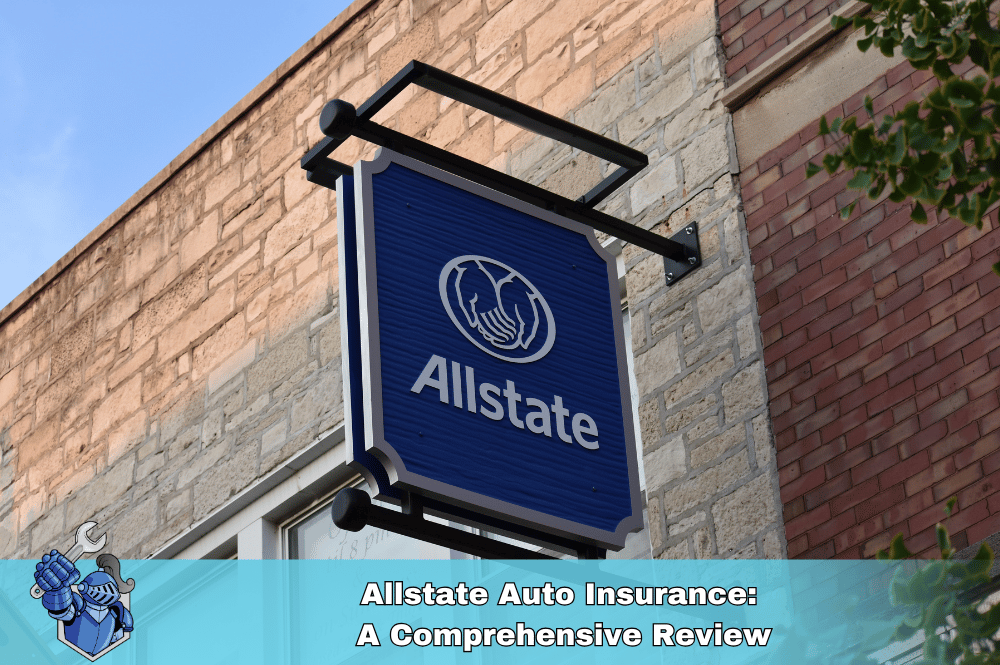 Allstate Auto Insurance: A Comprehensive Review
Allstate Auto Insurance: A Comprehensive Review Cars.com: Your All-in-One Guide to Buying, Selling, and Owning Cars
Cars.com: Your All-in-One Guide to Buying, Selling, and Owning Cars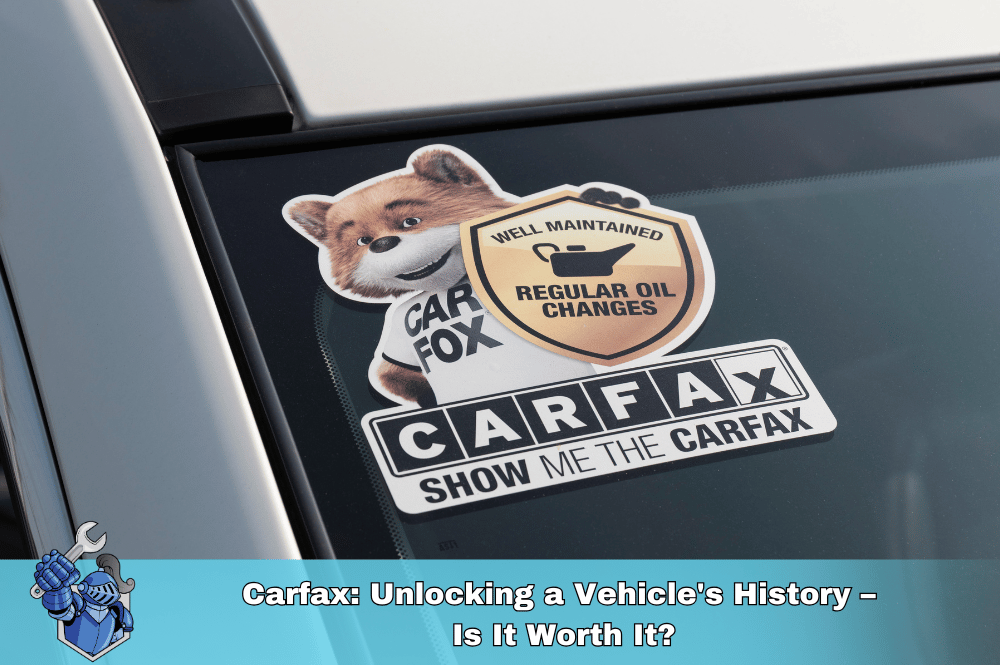 Carfax: Unlocking a Vehicle's History – Is It Worth It?
Carfax: Unlocking a Vehicle's History – Is It Worth It?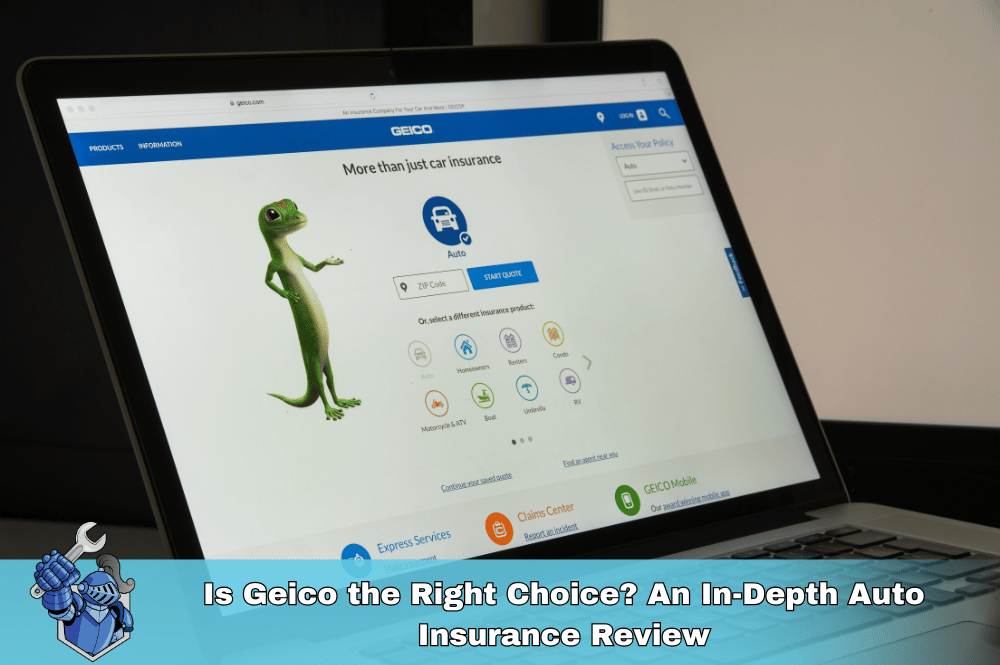 Is Geico the Right Choice? An In-Depth Auto Insurance Review
Is Geico the Right Choice? An In-Depth Auto Insurance Review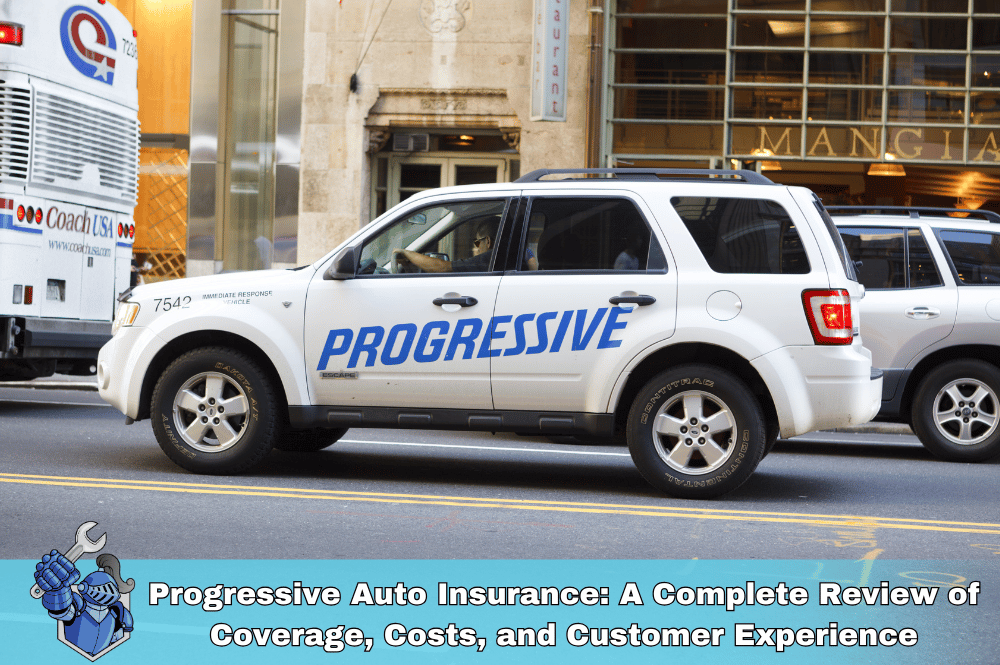 Progressive Auto Insurance: A Complete Review of Coverage, Costs, and Customer Experience
Progressive Auto Insurance: A Complete Review of Coverage, Costs, and Customer Experience The Trusted Choice: A Comprehensive Look at NAPA AutoCare Center Services
The Trusted Choice: A Comprehensive Look at NAPA AutoCare Center Services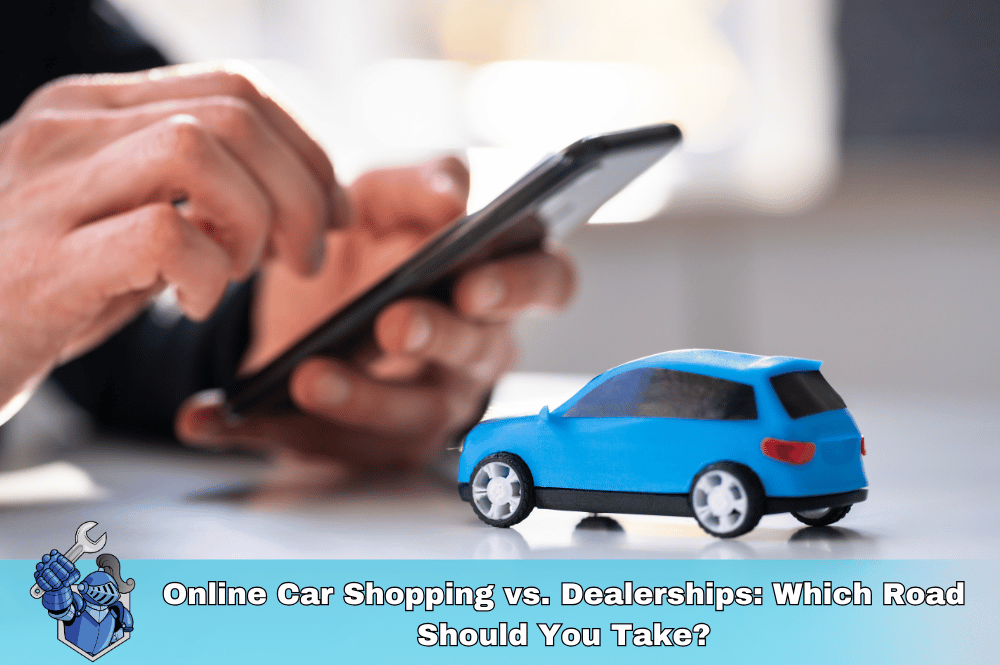 Online Car Shopping vs. Dealerships: Which Road Should You Take?
Online Car Shopping vs. Dealerships: Which Road Should You Take?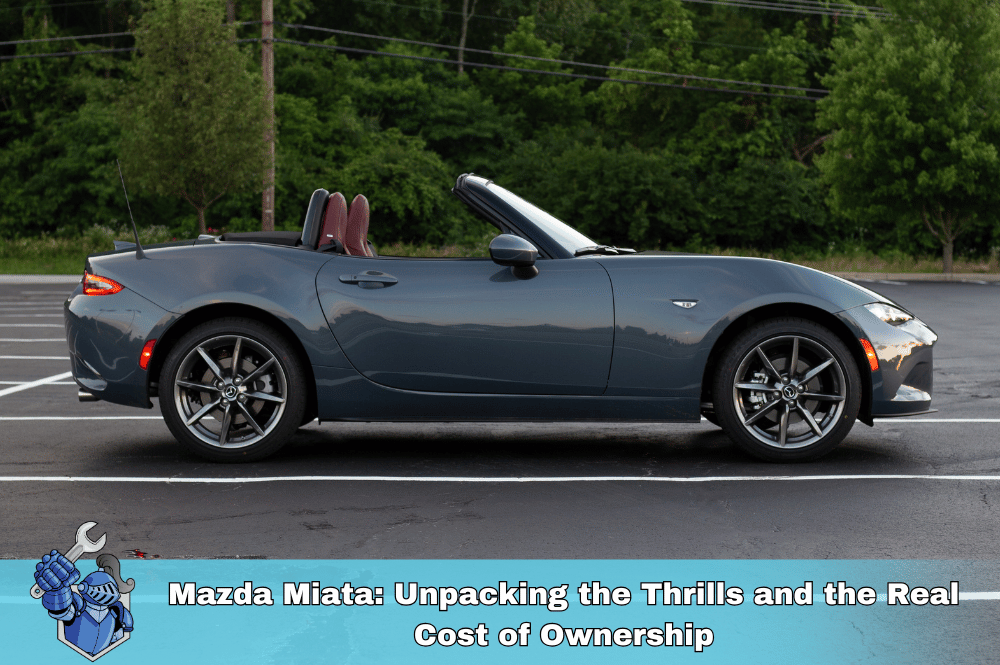 Mazda Miata: Unpacking the Thrills and the Real Cost of Ownership
Mazda Miata: Unpacking the Thrills and the Real Cost of Ownership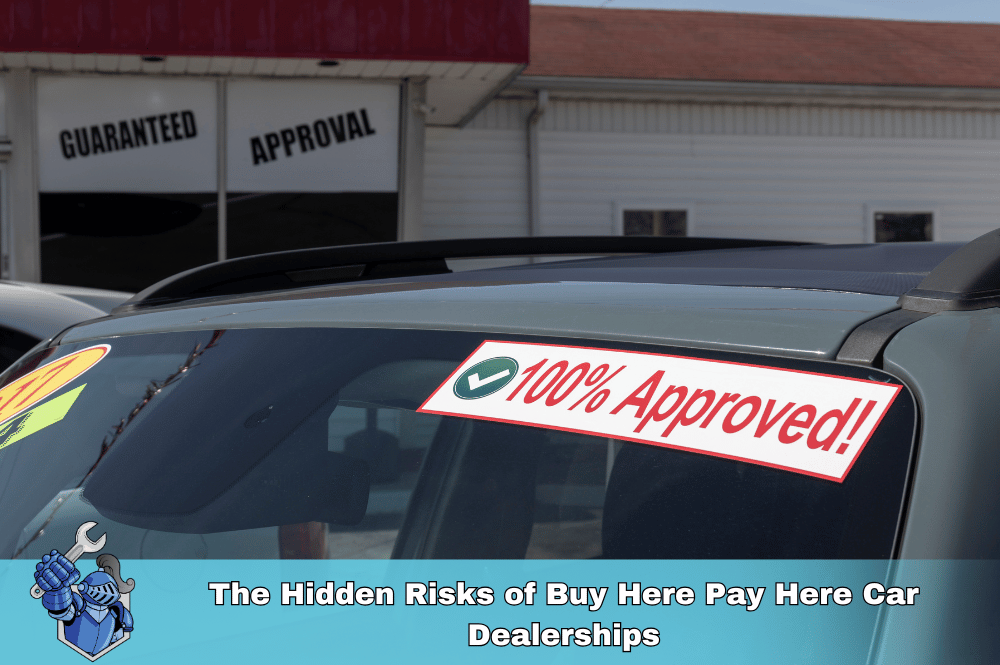 The Hidden Risks of Buy Here Pay Here Car Dealerships
The Hidden Risks of Buy Here Pay Here Car Dealerships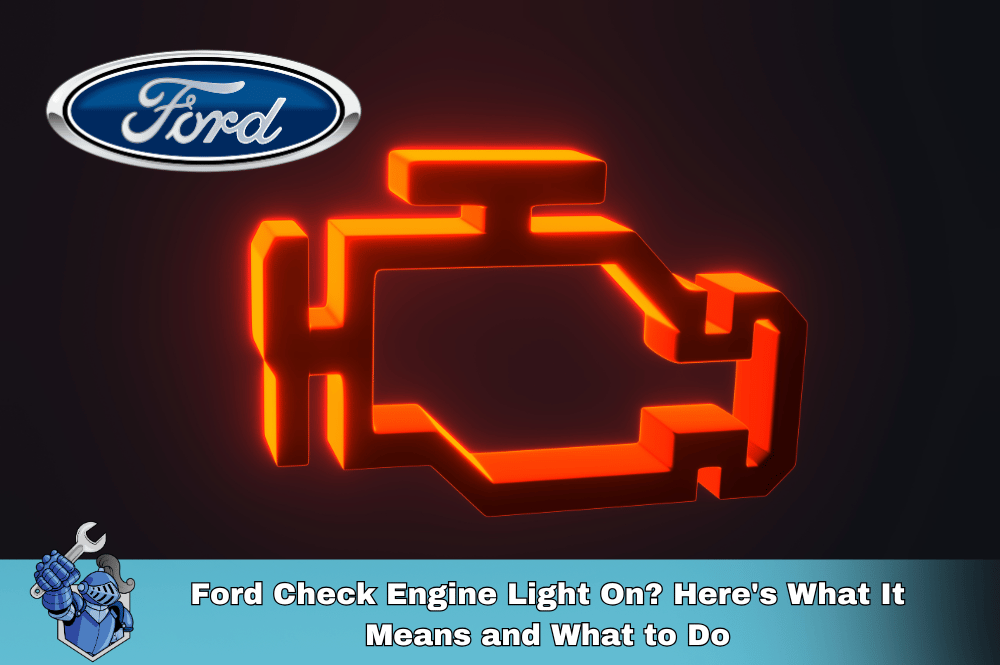 Ford Check Engine Light On? Here's What It Means and What to Do
Ford Check Engine Light On? Here's What It Means and What to Do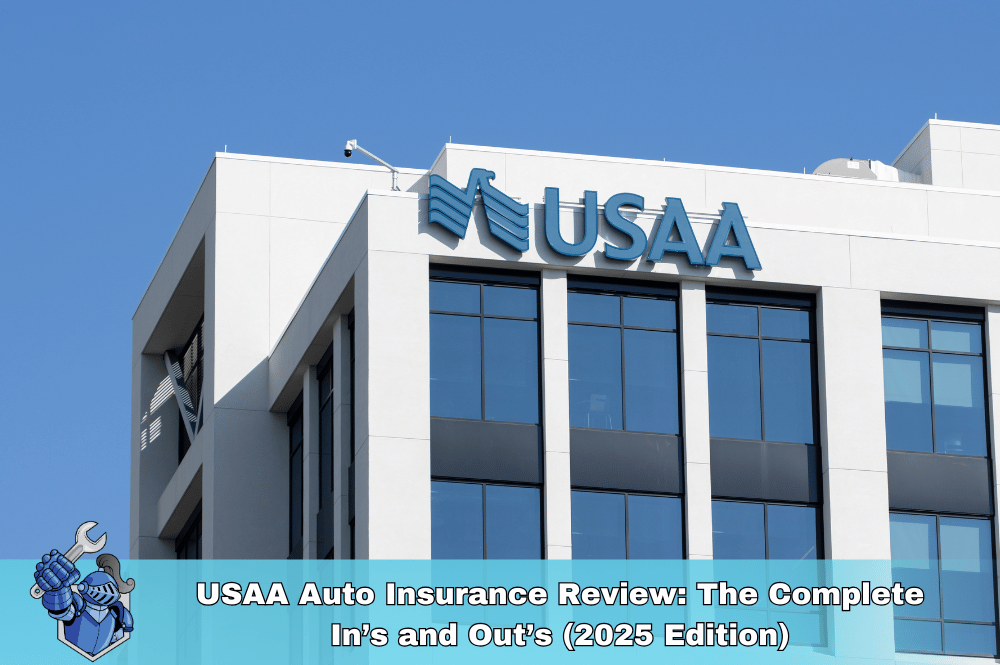 USAA Auto Insurance Review: The Complete In’s and Out’s (2025 Edition)
USAA Auto Insurance Review: The Complete In’s and Out’s (2025 Edition)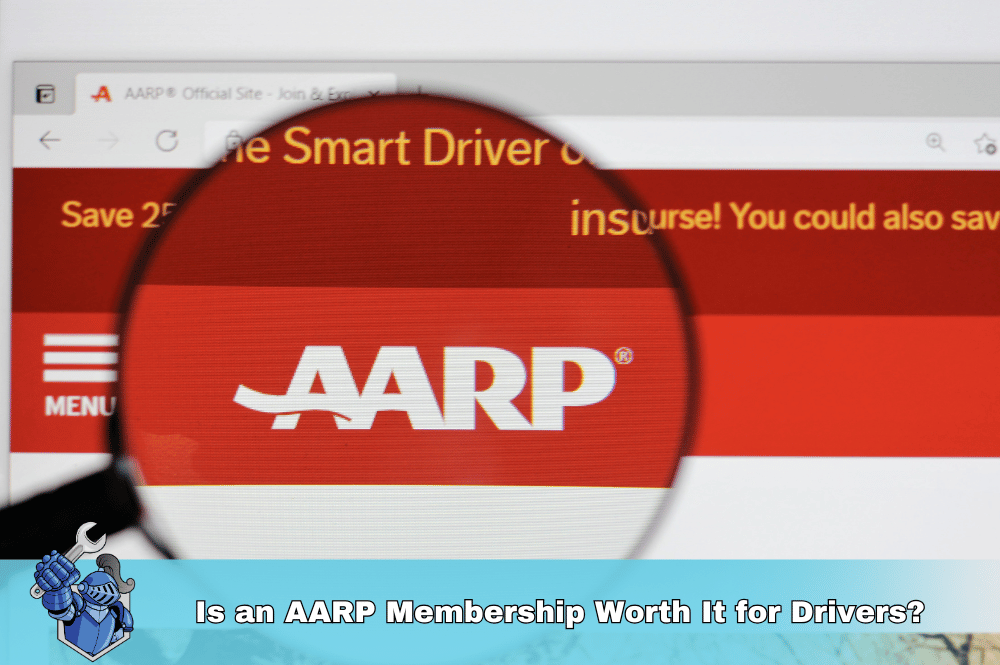 Is an AARP Membership Worth It for Drivers?
Is an AARP Membership Worth It for Drivers?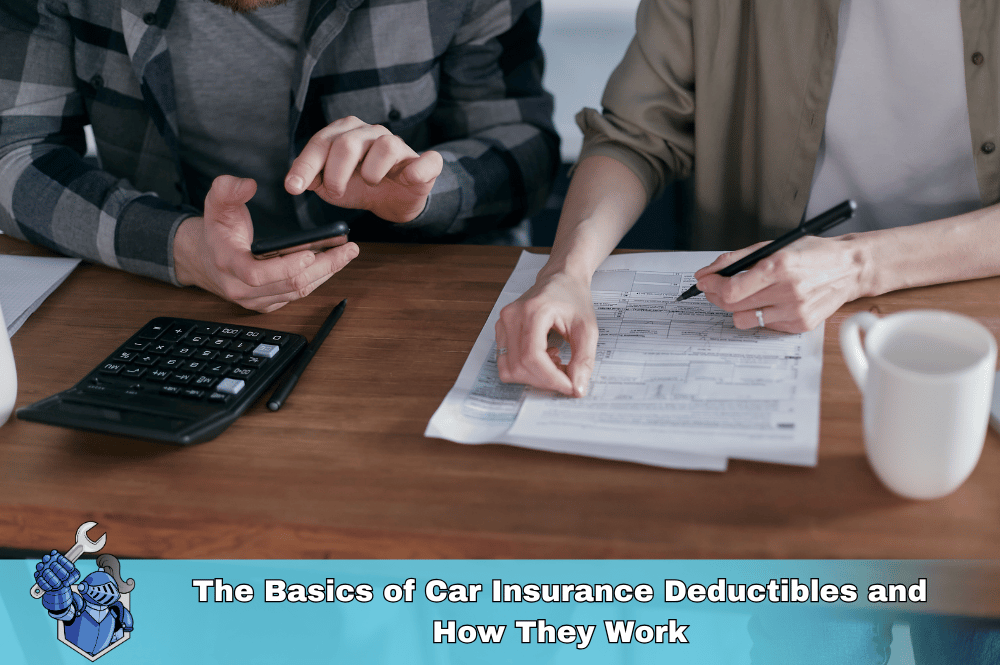 The Basics of Car Insurance Deductibles and How They Work
The Basics of Car Insurance Deductibles and How They Work Navigating Bank of America Auto Loans: What You Need to Know
Navigating Bank of America Auto Loans: What You Need to Know 5 Steps to a Higher Credit Score: Your Guide to Better Auto Loan Rates
5 Steps to a Higher Credit Score: Your Guide to Better Auto Loan Rates The General Auto Insurance: What You Need to Know
The General Auto Insurance: What You Need to Know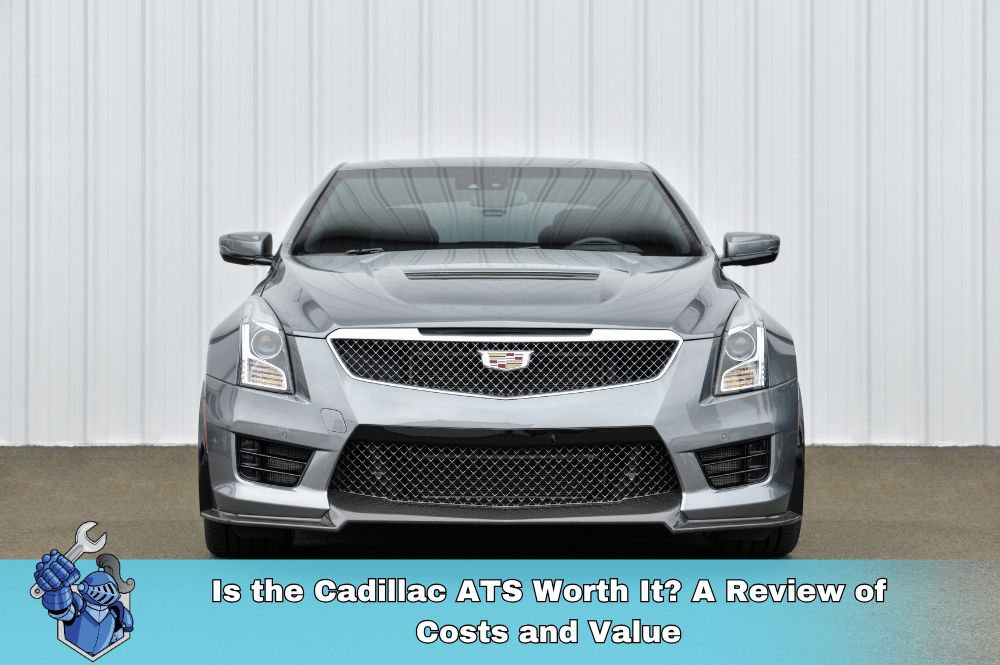 Is the Cadillac ATS Worth It? A Review of Costs and Value
Is the Cadillac ATS Worth It? A Review of Costs and Value Capital One Auto Loans: Your Complete Guide to Financing Your Next Vehicle
Capital One Auto Loans: Your Complete Guide to Financing Your Next Vehicle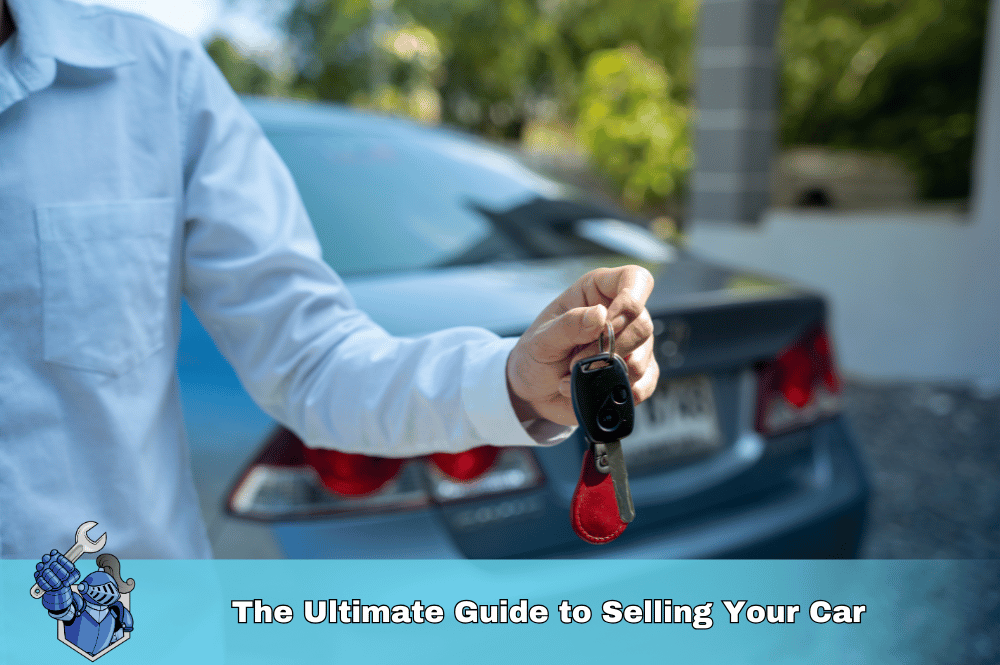 The Ultimate Guide to Selling Your Car
The Ultimate Guide to Selling Your Car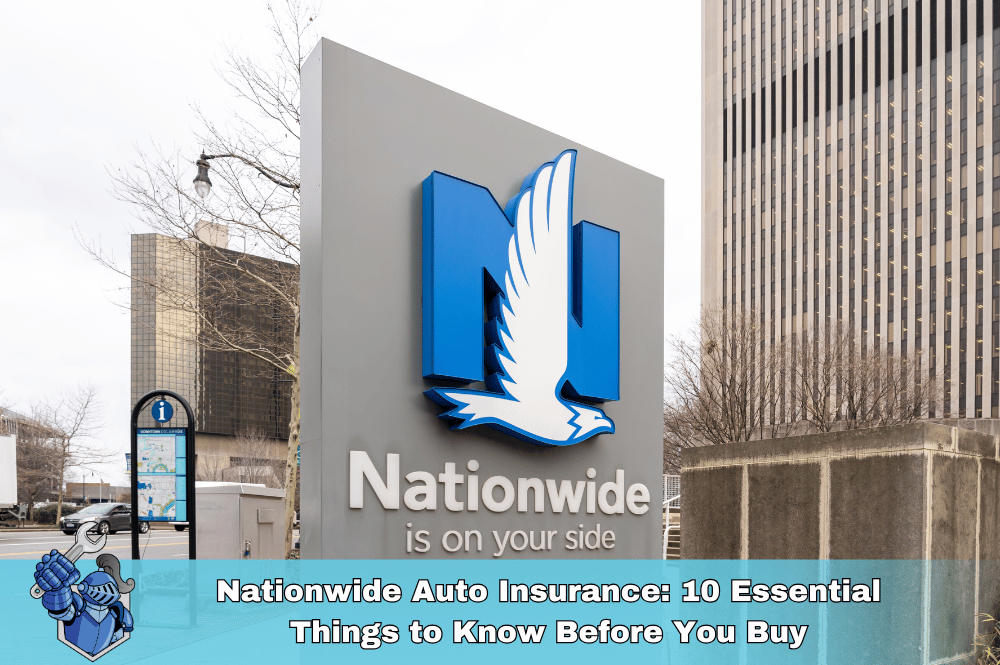 Nationwide Auto Insurance: 10 Essential Things to Know Before You Buy
Nationwide Auto Insurance: 10 Essential Things to Know Before You Buy The Digital Garage for Your Dollars: Navigating the World of Trading Apps
The Digital Garage for Your Dollars: Navigating the World of Trading Apps Lost Keys? Noble Quote Has You Covered (and More!)
Lost Keys? Noble Quote Has You Covered (and More!)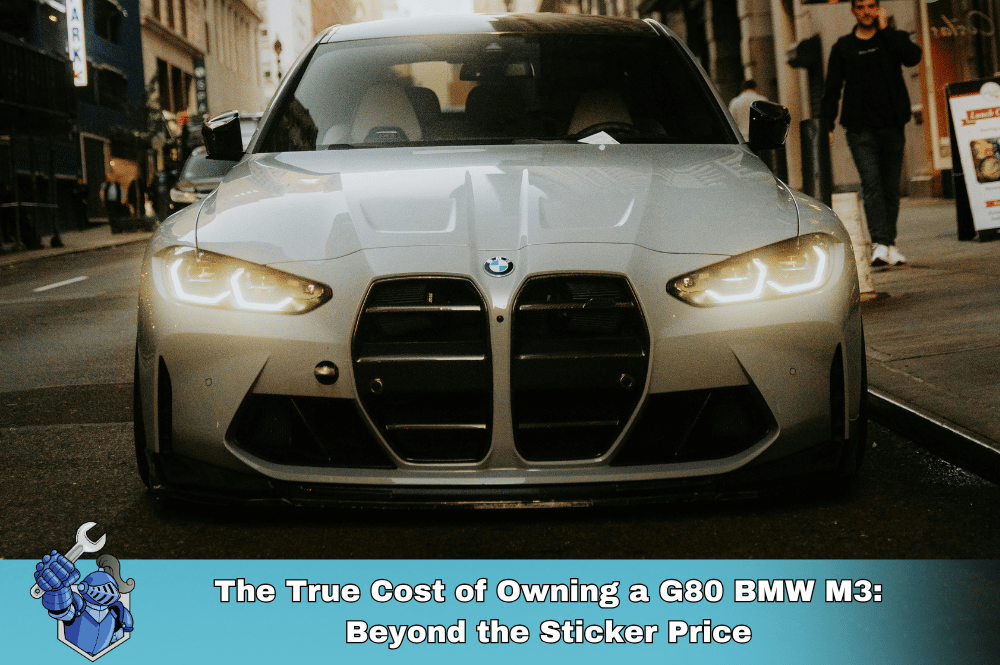 The True Cost of Owning a G80 BMW M3: Beyond the Sticker Price
The True Cost of Owning a G80 BMW M3: Beyond the Sticker Price O'Reilly Auto Parts: Your Comprehensive Guide to Services, Products, and More
O'Reilly Auto Parts: Your Comprehensive Guide to Services, Products, and More Land Cruiser 2025: Unleashed & Uncosted!
Land Cruiser 2025: Unleashed & Uncosted! Noble Quote vs. Amber: Which Automotive Service Offers the Best Value?
Noble Quote vs. Amber: Which Automotive Service Offers the Best Value? Unlock Lower Rates: Your Guide to Travelers Auto Insurance Discounts
Unlock Lower Rates: Your Guide to Travelers Auto Insurance Discounts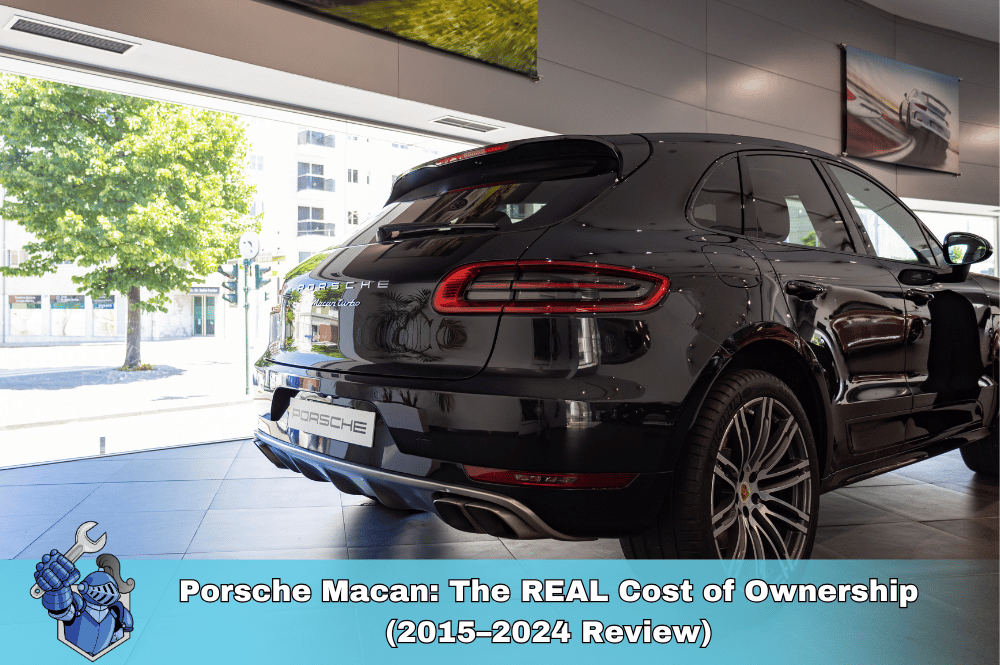 Porsche Macan: The REAL Cost of Ownership (2015–2024 Review)
Porsche Macan: The REAL Cost of Ownership (2015–2024 Review)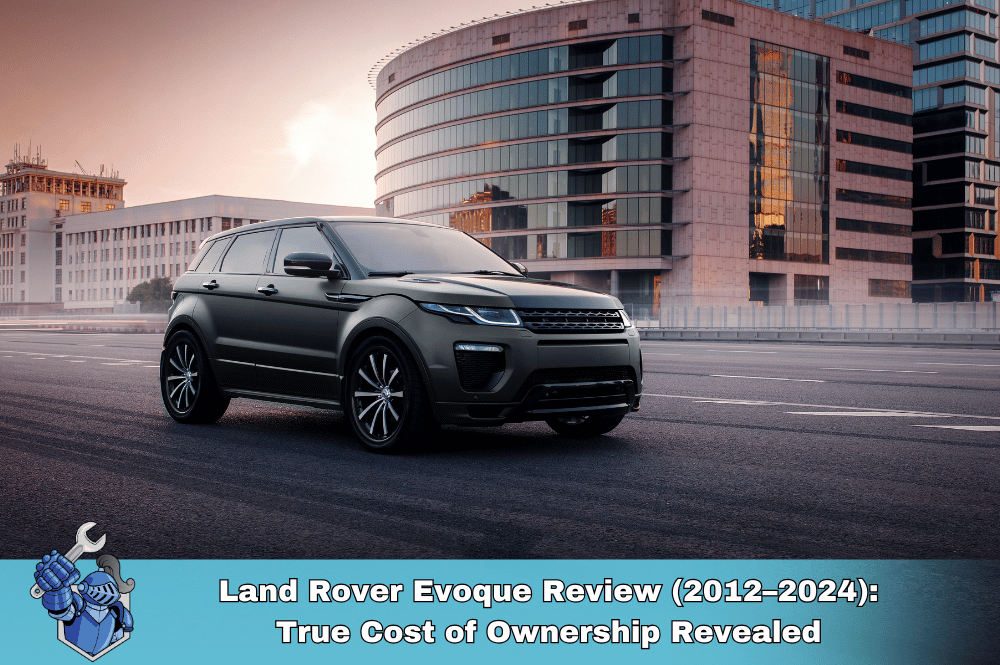 Land Rover Evoque Review (2012–2024): True Cost of Ownership Revealed
Land Rover Evoque Review (2012–2024): True Cost of Ownership Revealed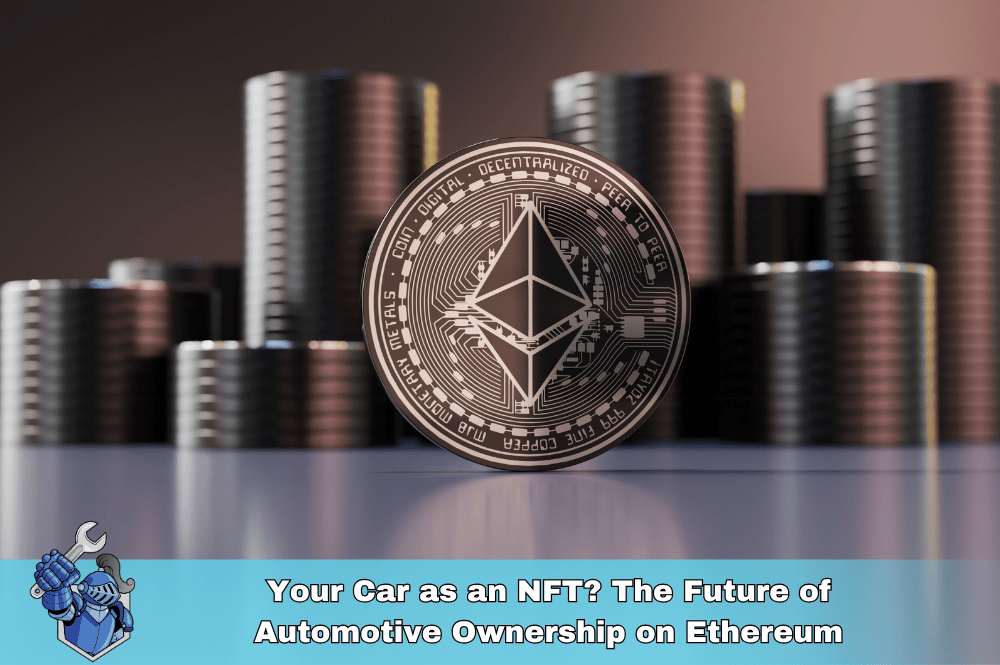 Your Car as an NFT? The Future of Automotive Ownership on Ethereum
Your Car as an NFT? The Future of Automotive Ownership on Ethereum Unlock Cheaper Rates: Your Ultimate Guide to State Farm Auto Insurance Discounts
Unlock Cheaper Rates: Your Ultimate Guide to State Farm Auto Insurance Discounts Online Used Car Shopping: What You NEED to Know Before You Buy
Online Used Car Shopping: What You NEED to Know Before You Buy The 7 Hidden Costs of Skipping Your Extended Car Warranty
The 7 Hidden Costs of Skipping Your Extended Car Warranty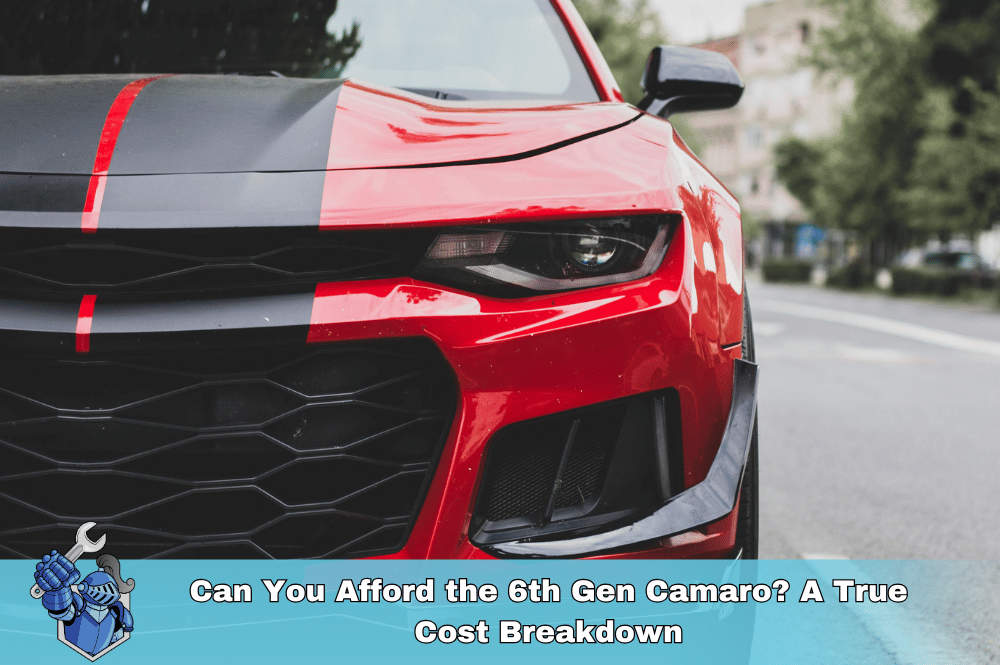 Can You Afford the 6th Gen Camaro? A True Cost Breakdown
Can You Afford the 6th Gen Camaro? A True Cost Breakdown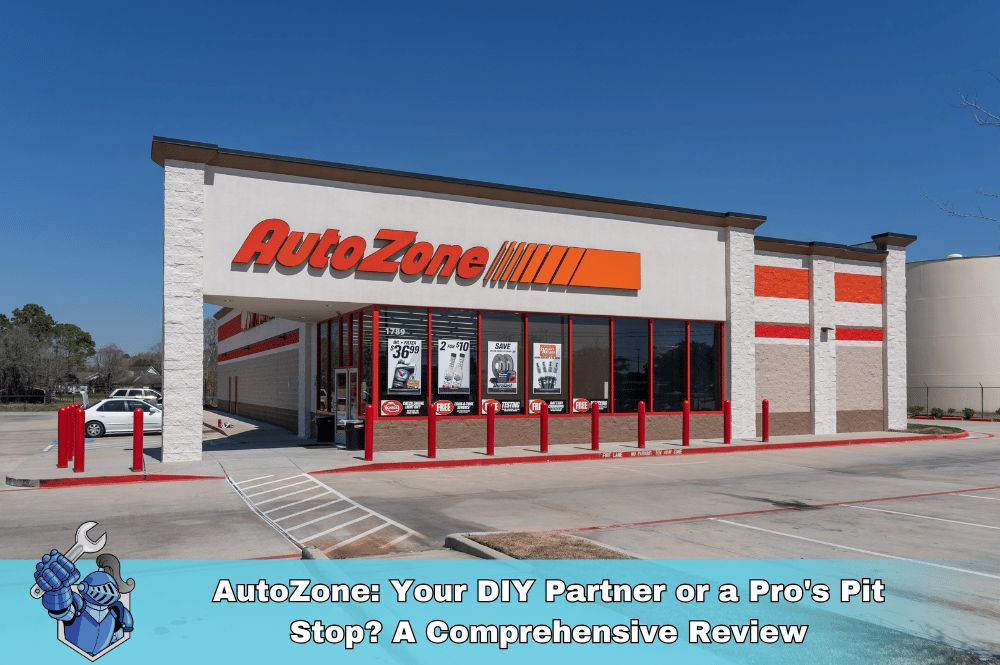 AutoZone: Your DIY Partner or a Pro's Pit Stop? A Comprehensive Review
AutoZone: Your DIY Partner or a Pro's Pit Stop? A Comprehensive Review Reborn Rugged: Why the Ineos Grenadier is More Than Just an SUV
Reborn Rugged: Why the Ineos Grenadier is More Than Just an SUV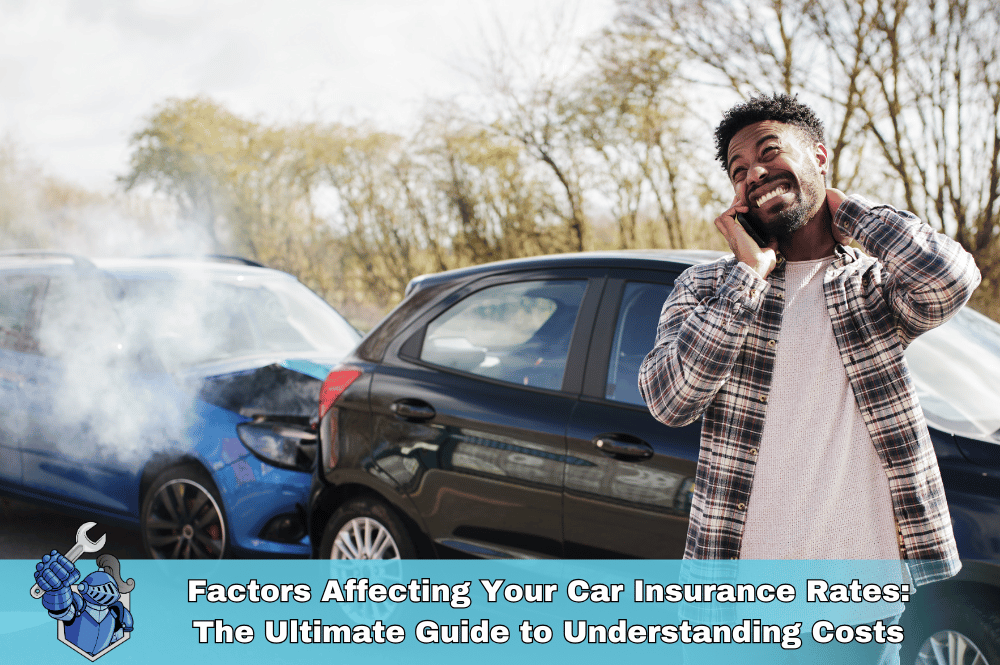 Factors Affecting Your Car Insurance Rates: The Ultimate Guide to Understanding Costs
Factors Affecting Your Car Insurance Rates: The Ultimate Guide to Understanding Costs How to Maximize Your Car Trade-In Value: The Ultimate Guide
How to Maximize Your Car Trade-In Value: The Ultimate Guide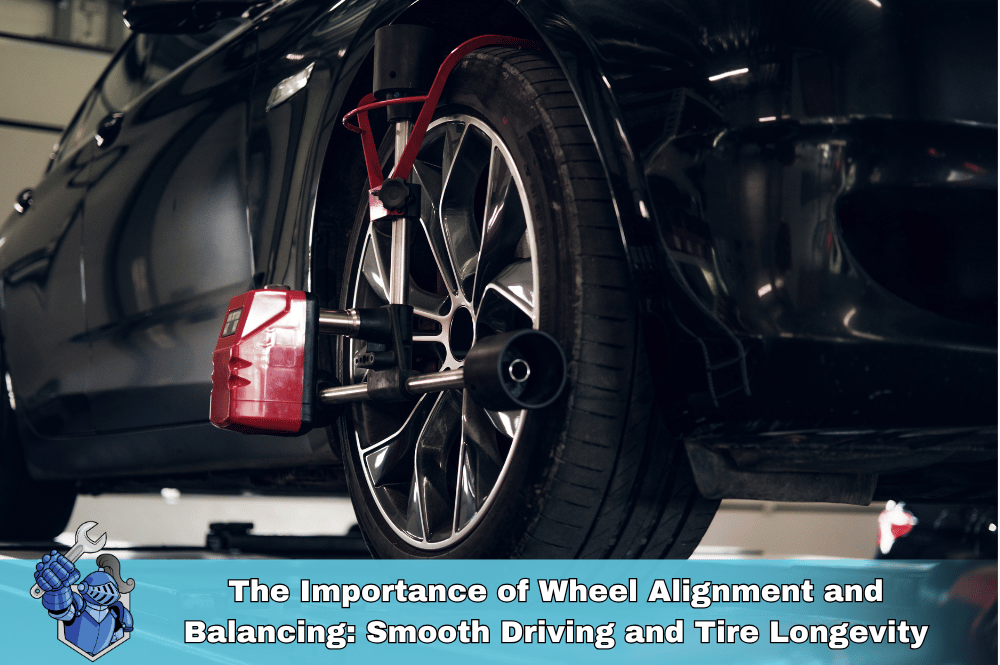 The Importance of Wheel Alignment and Balancing: Smooth Driving and Tire Longevity
The Importance of Wheel Alignment and Balancing: Smooth Driving and Tire Longevity BYD Cars 2025: Your Ultimate Guide to the Full Lineup & Latest Innovations
BYD Cars 2025: Your Ultimate Guide to the Full Lineup & Latest Innovations Don't Miss Out: How to Buy Crypto Before the Next FOMO Wave (2025 Guide)
Don't Miss Out: How to Buy Crypto Before the Next FOMO Wave (2025 Guide)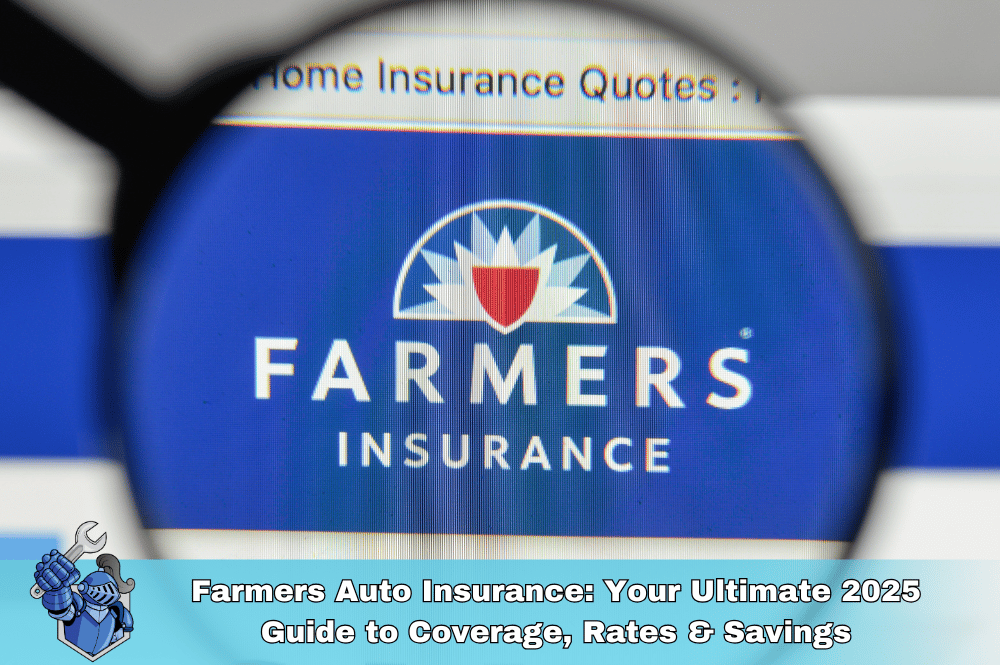 Farmers Auto Insurance: Your Ultimate 2025 Guide to Coverage, Rates & Savings
Farmers Auto Insurance: Your Ultimate 2025 Guide to Coverage, Rates & Savings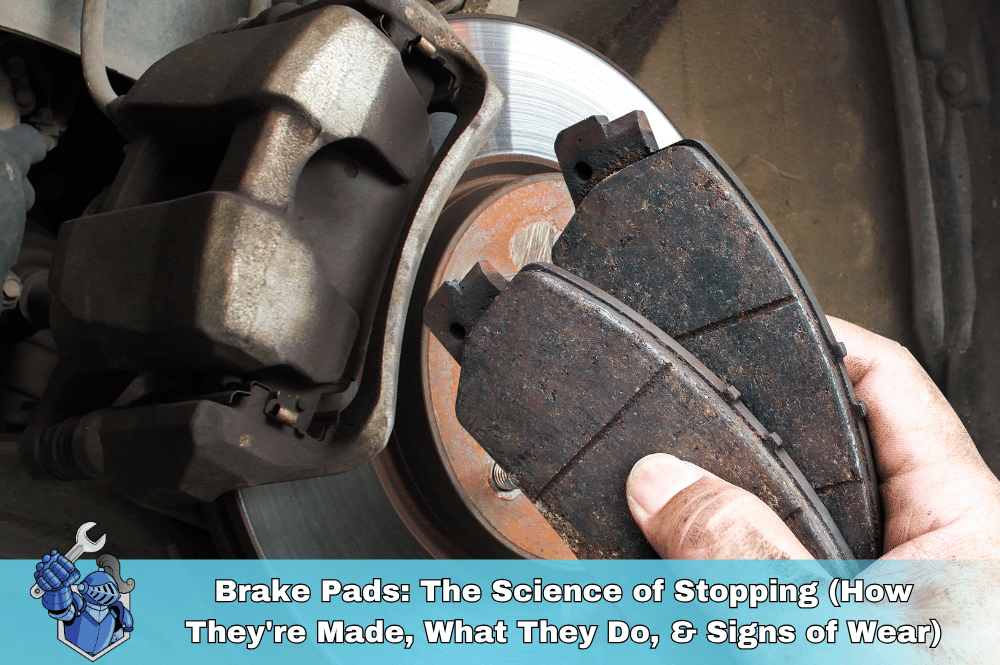 Brake Pads: The Science of Stopping (How They're Made, What They Do, & Signs of Wear)
Brake Pads: The Science of Stopping (How They're Made, What They Do, & Signs of Wear) Spark Plugs: The Tiny Titans That Ignite Your Engine
Spark Plugs: The Tiny Titans That Ignite Your Engine The Ultimate Showdown: Car Broker vs. DIY Car Buying – Which Path Saves You More?
The Ultimate Showdown: Car Broker vs. DIY Car Buying – Which Path Saves You More?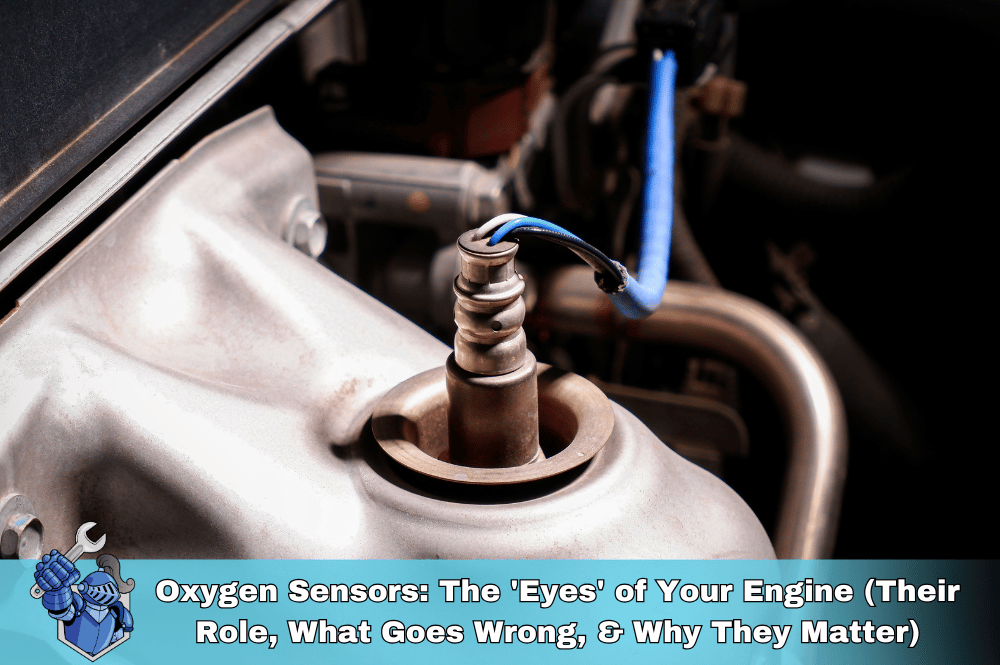 Oxygen Sensors: The 'Eyes' of Your Engine (Their Role, What Goes Wrong, & Why They Matter)
Oxygen Sensors: The 'Eyes' of Your Engine (Their Role, What Goes Wrong, & Why They Matter)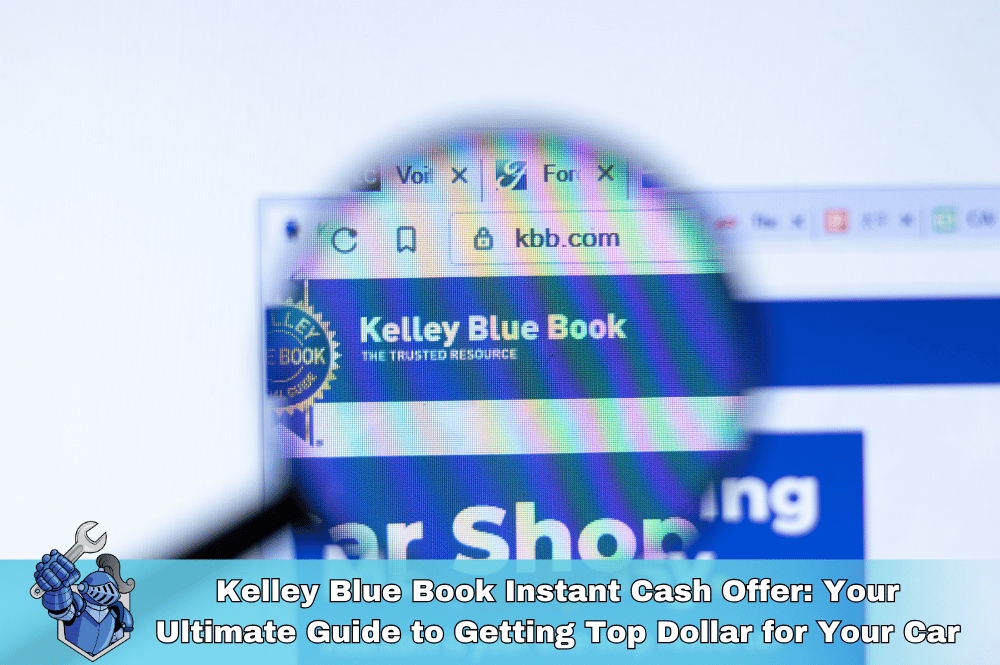 Kelley Blue Book Instant Cash Offer: Your Ultimate Guide to Getting Top Dollar for Your Car
Kelley Blue Book Instant Cash Offer: Your Ultimate Guide to Getting Top Dollar for Your Car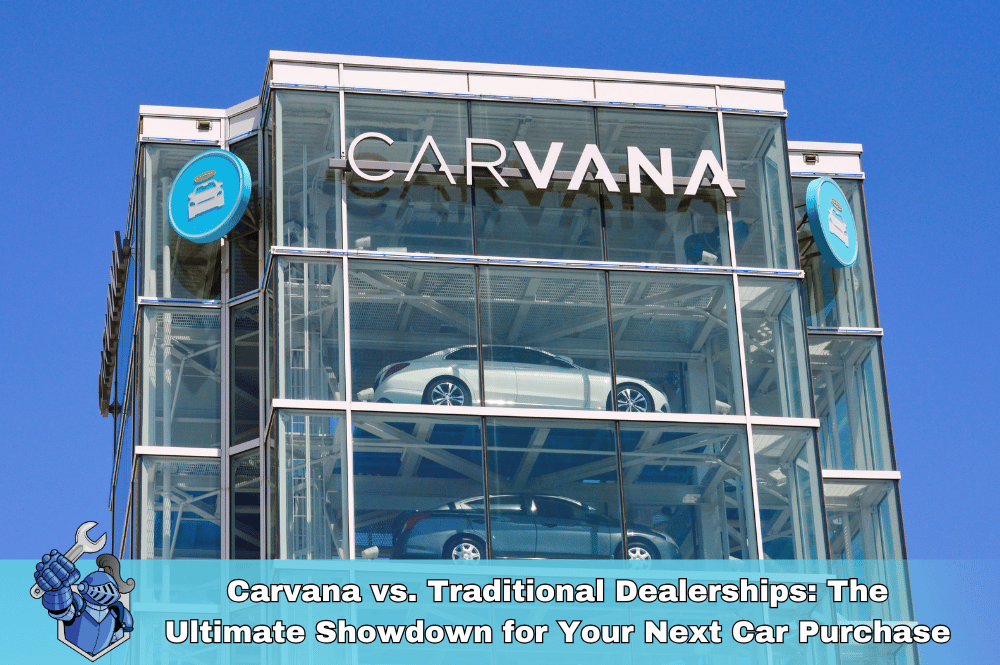 Carvana vs. Traditional Dealerships: The Ultimate Showdown for Your Next Car Purchase
Carvana vs. Traditional Dealerships: The Ultimate Showdown for Your Next Car Purchase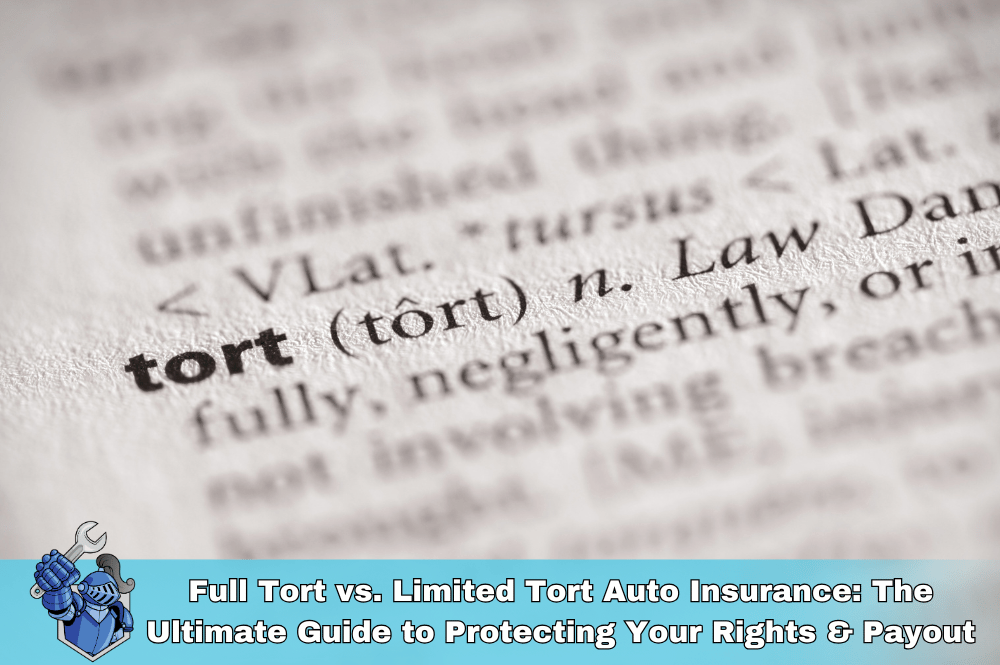 Full Tort vs. Limited Tort Auto Insurance: The Ultimate Guide to Protecting Your Rights & Payout
Full Tort vs. Limited Tort Auto Insurance: The Ultimate Guide to Protecting Your Rights & Payout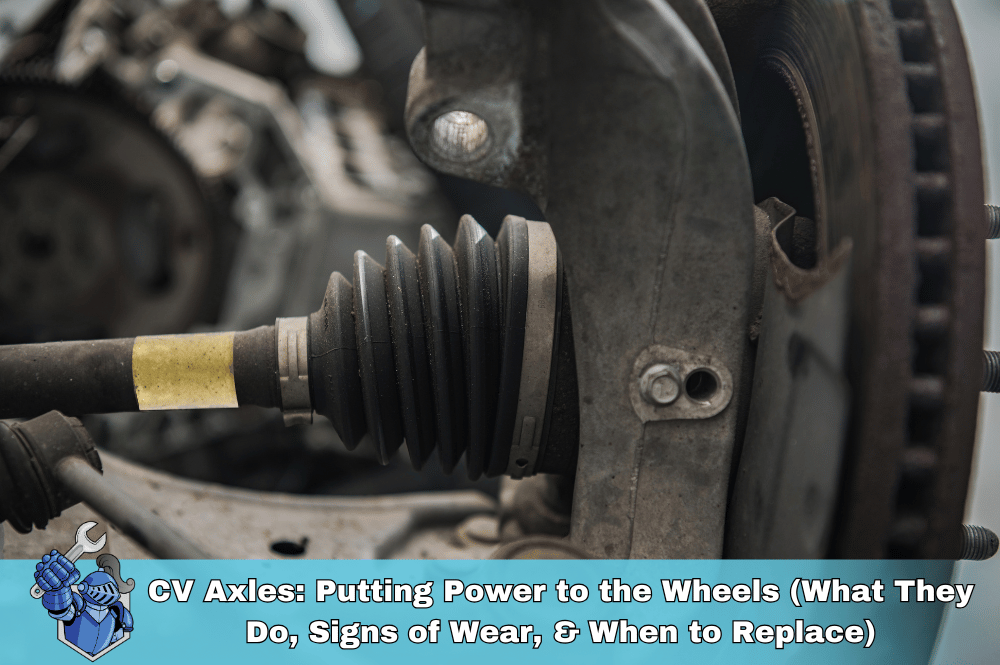 CV Axles: Putting Power to the Wheels (What They Do, Signs of Wear, & When to Replace)
CV Axles: Putting Power to the Wheels (What They Do, Signs of Wear, & When to Replace) 10 Essential Car Prep Tips for Your Family’s Epic Summer Road Trips (2025 Edition)
10 Essential Car Prep Tips for Your Family’s Epic Summer Road Trips (2025 Edition)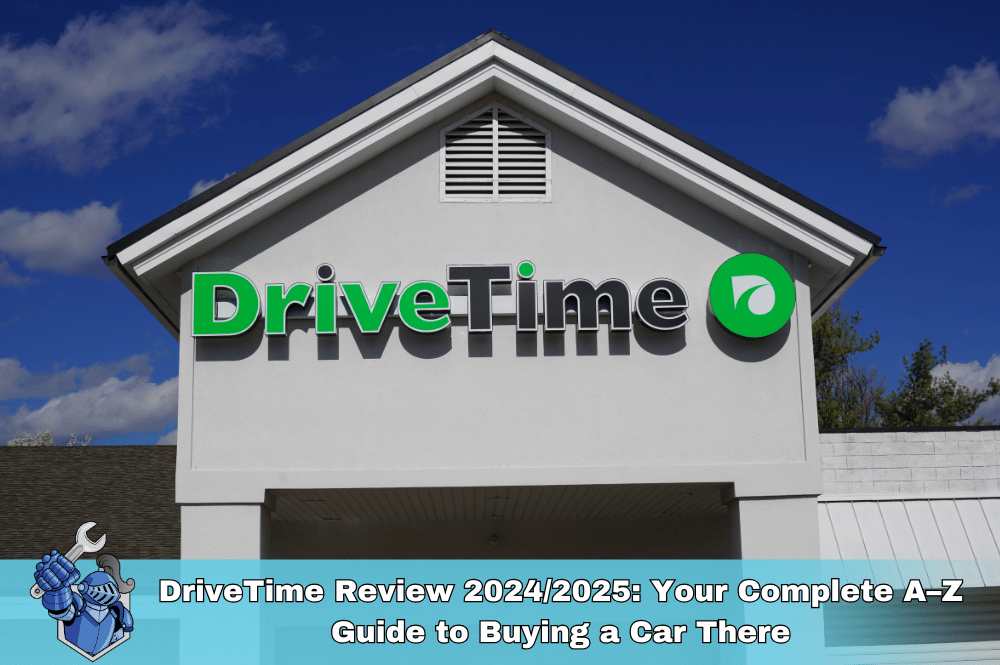 DriveTime Review 2024/2025: Your Complete A–Z Guide to Buying a Car There
DriveTime Review 2024/2025: Your Complete A–Z Guide to Buying a Car There Rideshare Riches: How Much Can YOU Really Earn Driving for Uber & Lyft in 2025?
Rideshare Riches: How Much Can YOU Really Earn Driving for Uber & Lyft in 2025?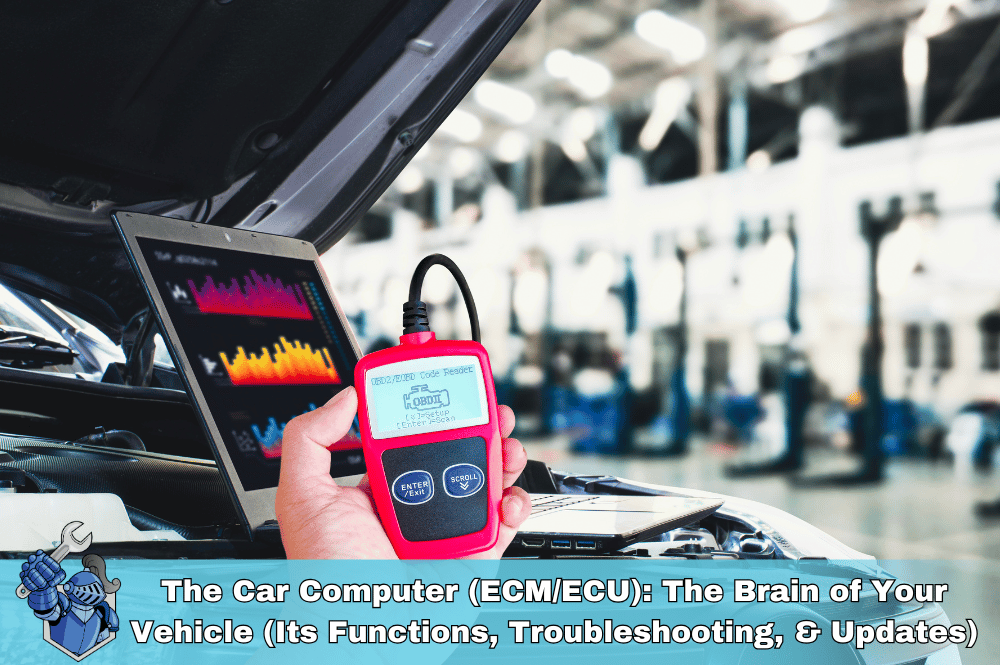 The Car Computer (ECM/ECU): The Brain of Your Vehicle (Its Functions, Troubleshooting, & Updates)
The Car Computer (ECM/ECU): The Brain of Your Vehicle (Its Functions, Troubleshooting, & Updates)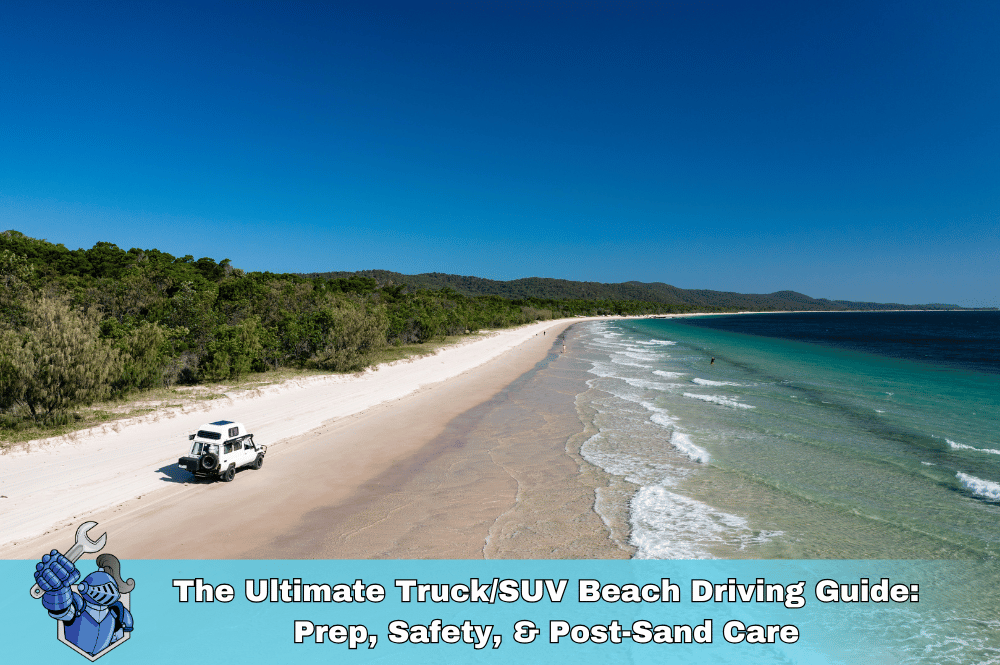 The Ultimate Truck/SUV Beach Driving Guide: Prep, Safety, & Post-Sand Care
The Ultimate Truck/SUV Beach Driving Guide: Prep, Safety, & Post-Sand Care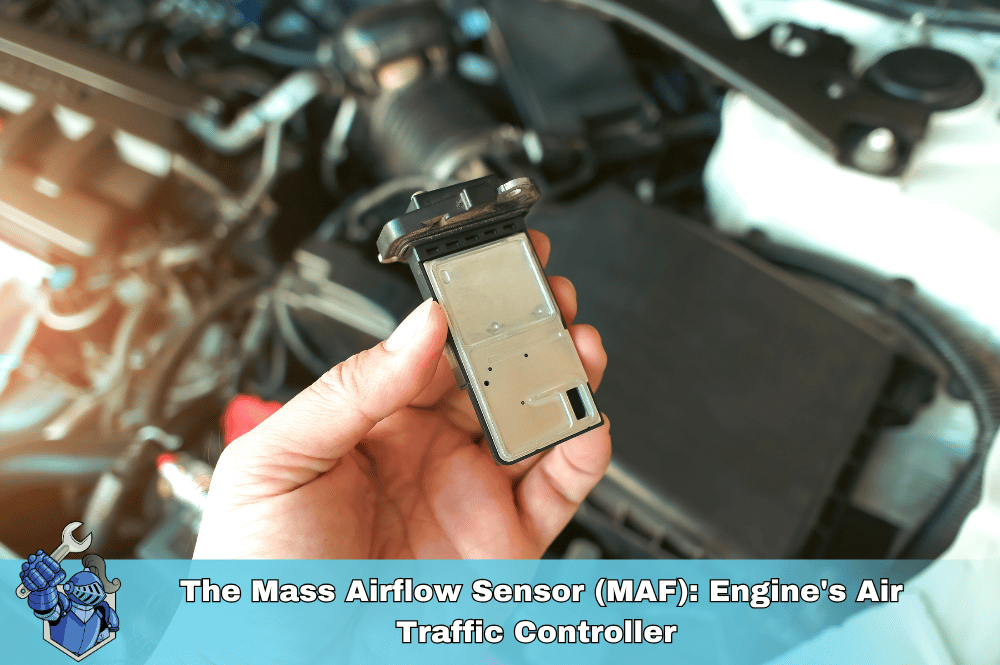 The Mass Airflow Sensor (MAF): Engine's Air Traffic Controller (Function, Symptoms of Failure, & Cleaning)
The Mass Airflow Sensor (MAF): Engine's Air Traffic Controller (Function, Symptoms of Failure, & Cleaning) The Reigning Champion: Why the 2025 Ford Ranger is North America's Truck of the Year
The Reigning Champion: Why the 2025 Ford Ranger is North America's Truck of the Year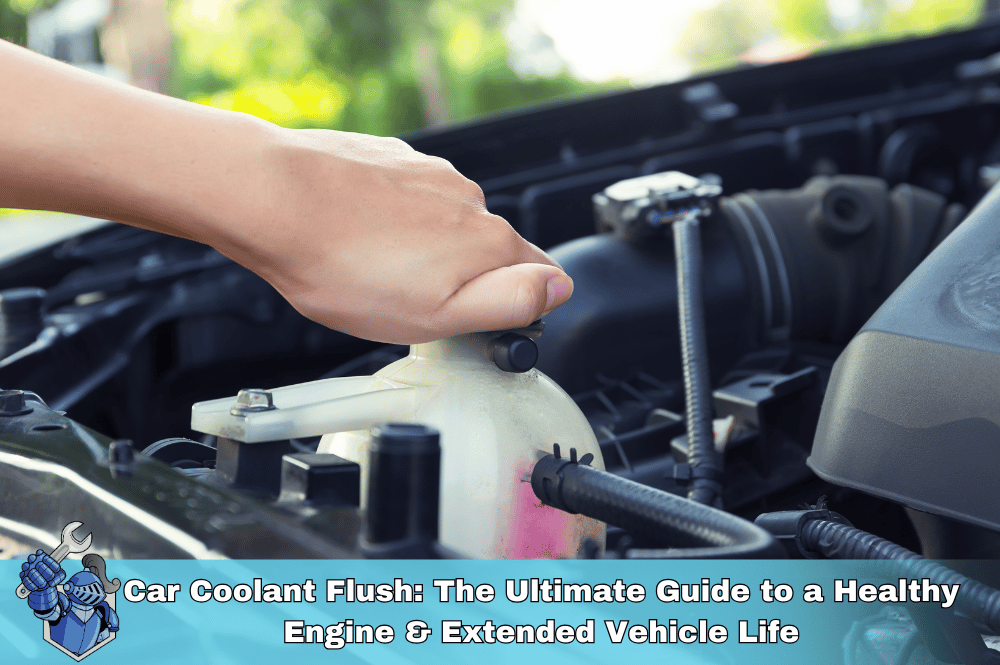 Car Coolant Flush: The Ultimate Guide to a Healthy Engine & Extended Vehicle Life
Car Coolant Flush: The Ultimate Guide to a Healthy Engine & Extended Vehicle Life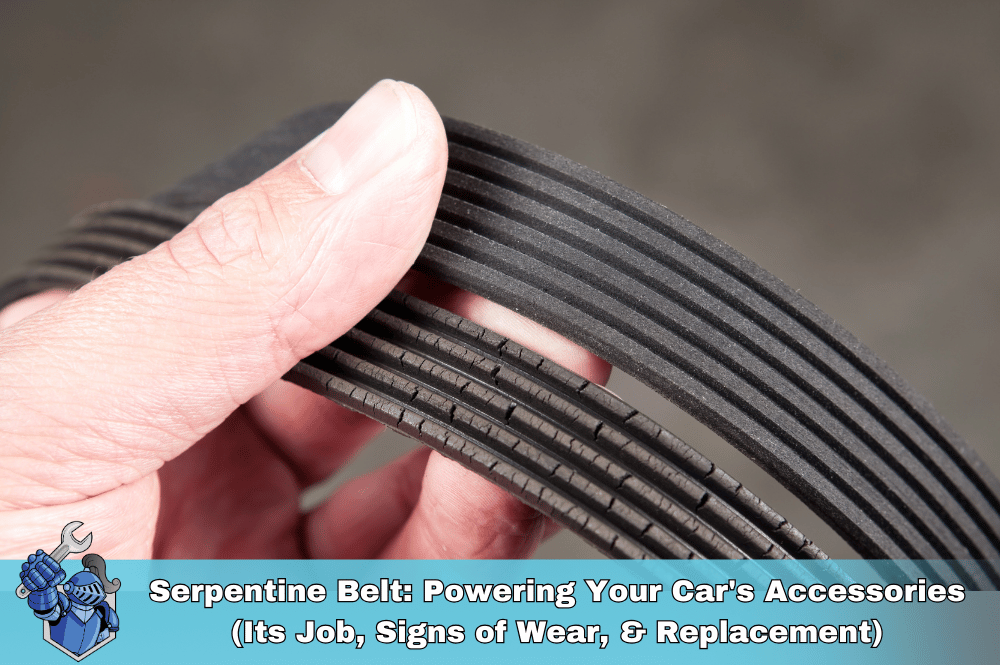 Serpentine Belt: Powering Your Car's Accessories (Its Job, Signs of Wear, & Replacement)
Serpentine Belt: Powering Your Car's Accessories (Its Job, Signs of Wear, & Replacement)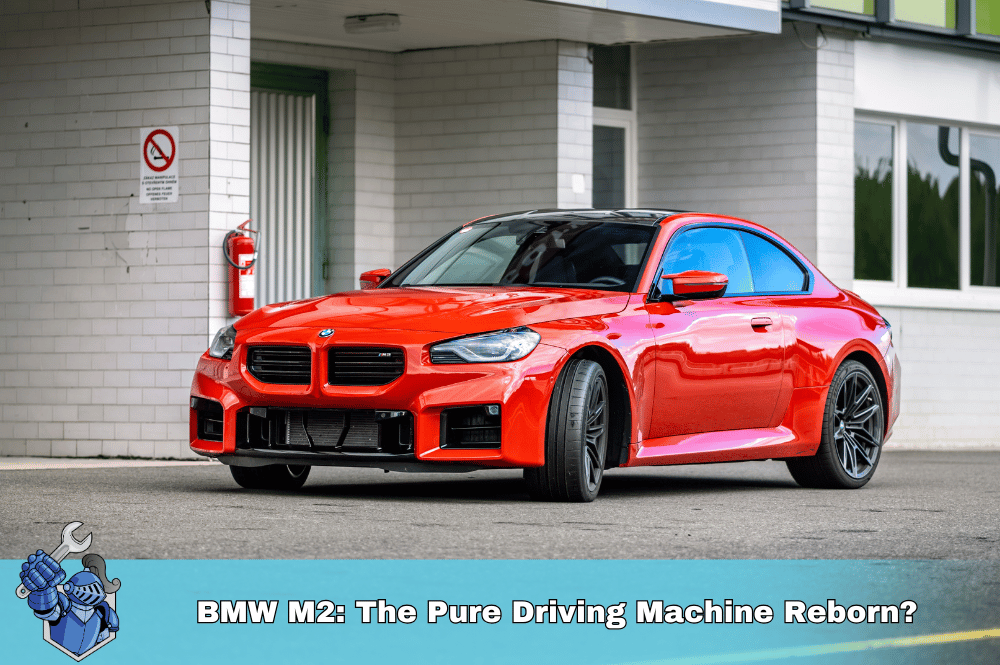 BMW M2: The Pure Driving Machine Reborn?
BMW M2: The Pure Driving Machine Reborn? The Ultimate Protection Plan: How Life Insurance Drives Your Family’s Future
The Ultimate Protection Plan: How Life Insurance Drives Your Family’s Future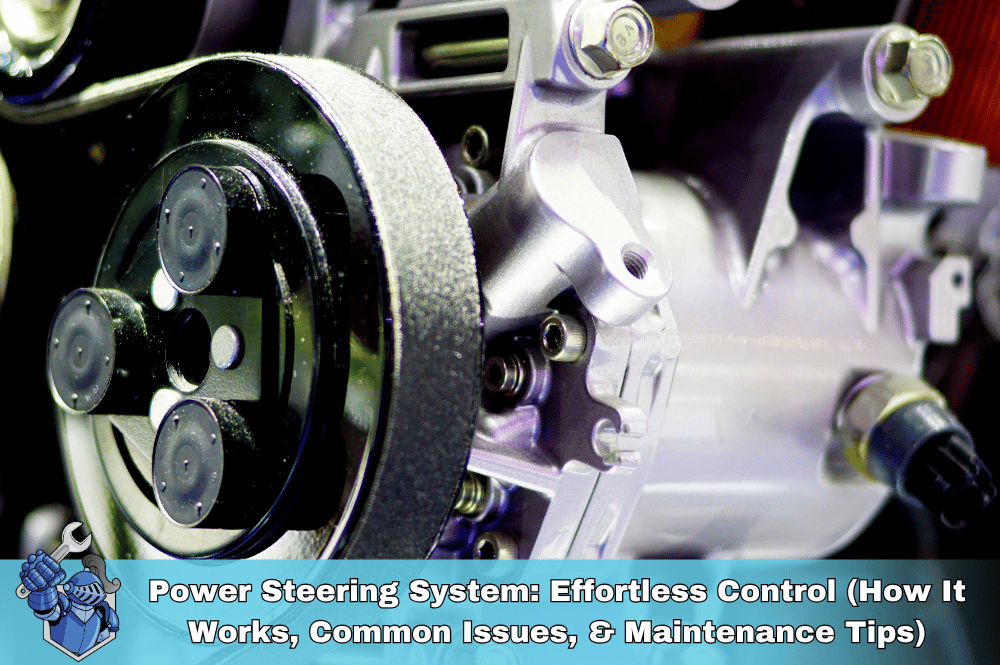 Power Steering System: Effortless Control (How It Works, Common Issues, & Maintenance Tips)
Power Steering System: Effortless Control (How It Works, Common Issues, & Maintenance Tips) End-of-Month Car Deals: Myth or Money-Saver?
End-of-Month Car Deals: Myth or Money-Saver? NobleQuote.com Presents: American National Auto Insurance – Your Complete Guide
NobleQuote.com Presents: American National Auto Insurance – Your Complete Guide Edmunds.com: Your Ultimate Guide to Smarter Car Buying
Edmunds.com: Your Ultimate Guide to Smarter Car Buying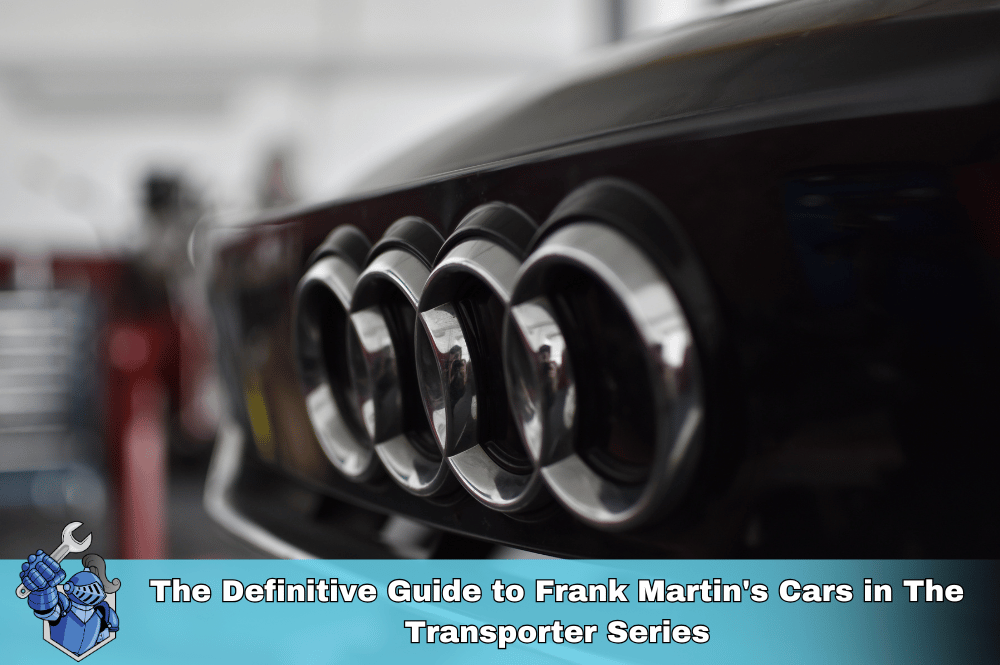 The Definitive Guide to Frank Martin's Cars in The Transporter Series
The Definitive Guide to Frank Martin's Cars in The Transporter Series Pre-Existing Conditions and Home Warranties: What You Need to Know Before You Buy
Pre-Existing Conditions and Home Warranties: What You Need to Know Before You Buy Why Your Car Insurance is Skyrocketing in 2025 (and How NobleQuote Can Help)
Why Your Car Insurance is Skyrocketing in 2025 (and How NobleQuote Can Help) The 2025 Toyota Supra: The Grand Finale of a Legend?
The 2025 Toyota Supra: The Grand Finale of a Legend?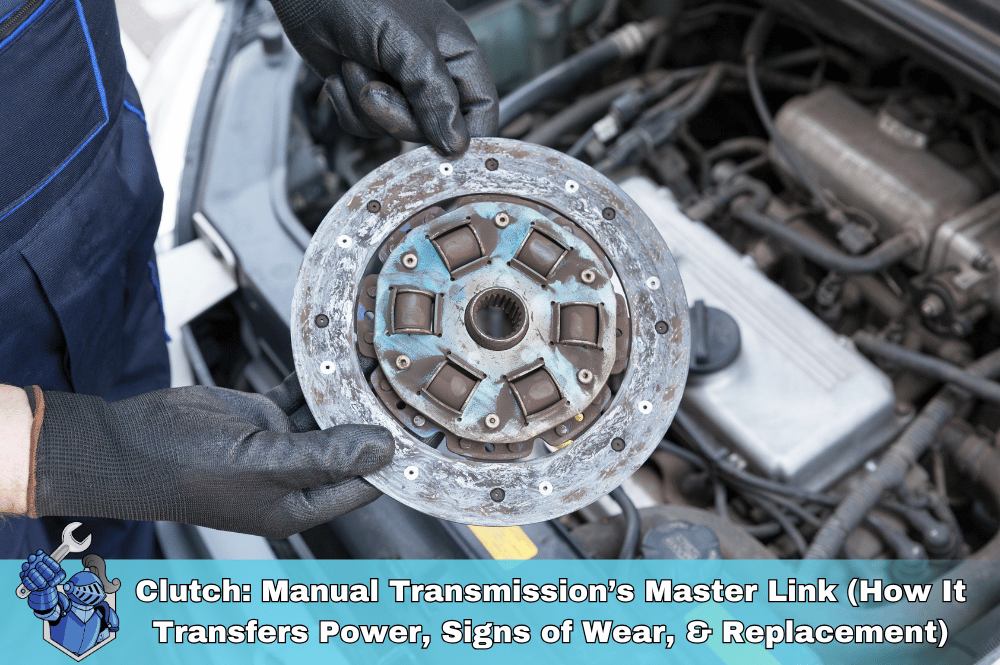 Clutch: Manual Transmission’s Master Link (How It Transfers Power, Signs of Wear, & Replacement)
Clutch: Manual Transmission’s Master Link (How It Transfers Power, Signs of Wear, & Replacement)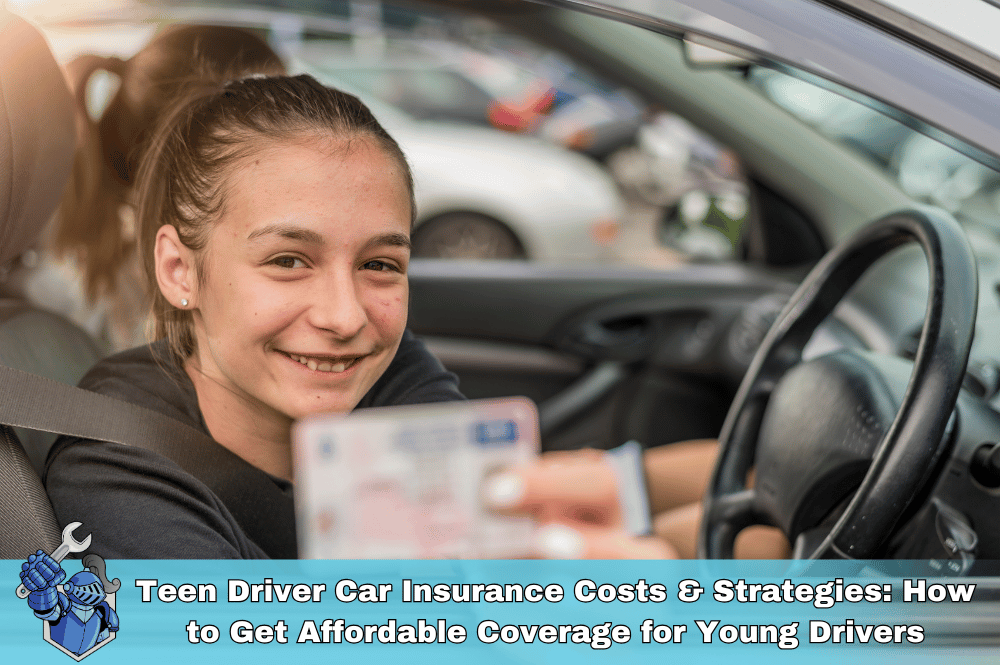 Teen Driver Car Insurance Costs & Strategies: How to Get Affordable Coverage for Young Drivers
Teen Driver Car Insurance Costs & Strategies: How to Get Affordable Coverage for Young Drivers Is Your Car Insurance Enough? Unexpected Repairs and the Peace of Mind of a NobleQuote Vehicle Service Contract
Is Your Car Insurance Enough? Unexpected Repairs and the Peace of Mind of a NobleQuote Vehicle Service Contract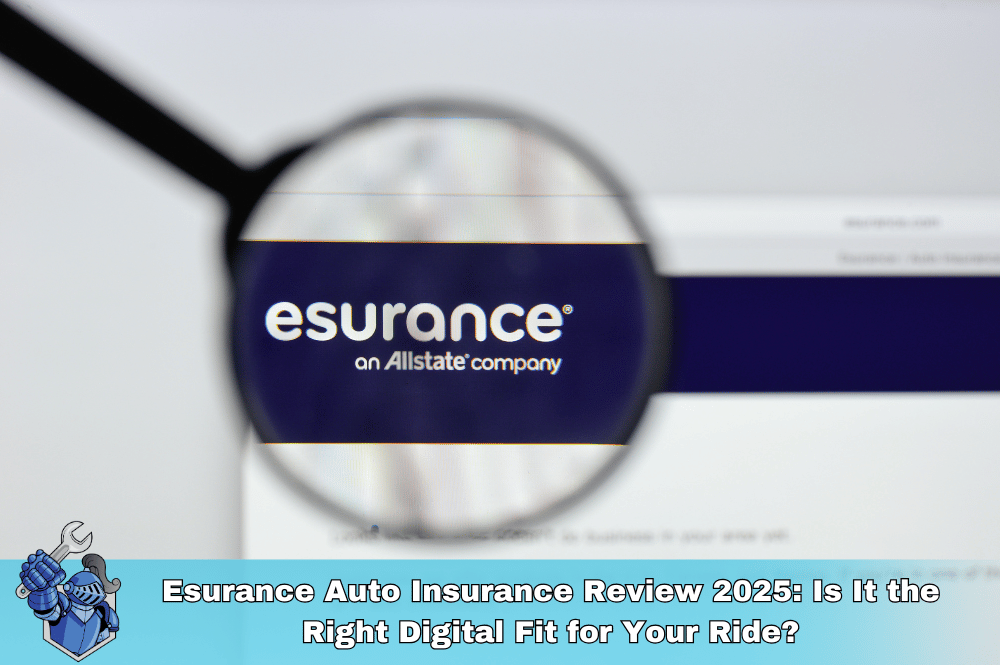 Esurance Auto Insurance Review 2025: Is It the Right Digital Fit for Your Ride?
Esurance Auto Insurance Review 2025: Is It the Right Digital Fit for Your Ride?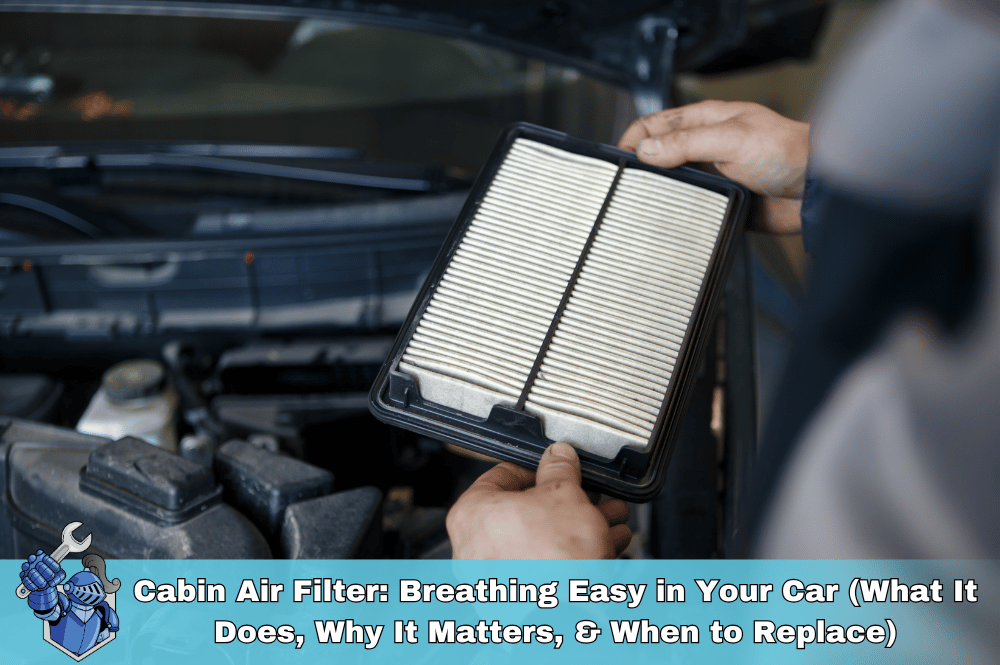 Cabin Air Filter: Breathing Easy in Your Car (What It Does, Why It Matters, & When to Replace)
Cabin Air Filter: Breathing Easy in Your Car (What It Does, Why It Matters, & When to Replace)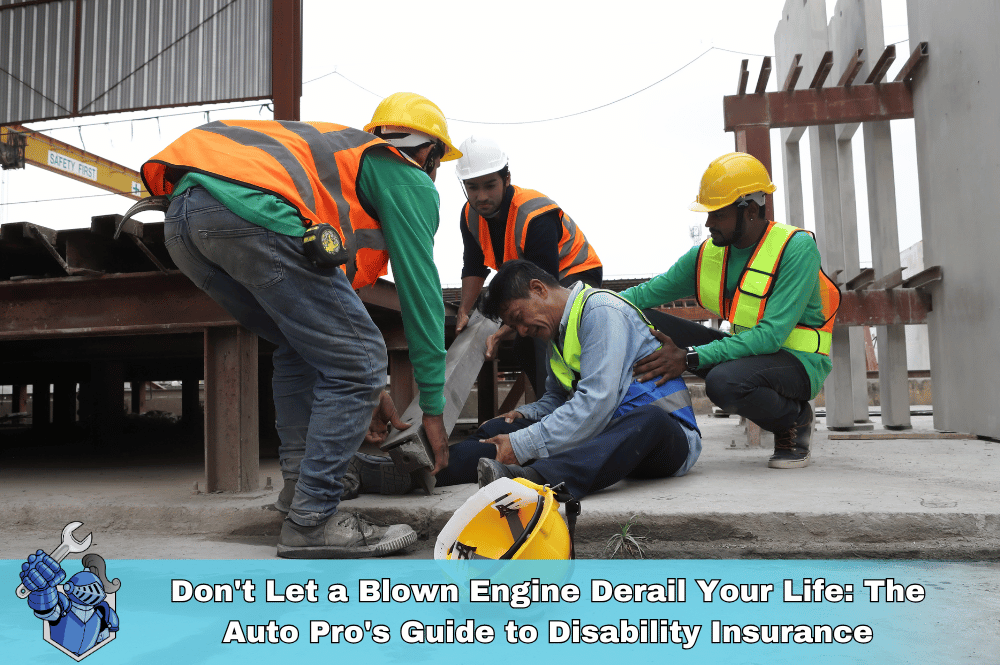 Don't Let a Blown Engine Derail Your Life: The Auto Pro's Guide to Disability Insurance
Don't Let a Blown Engine Derail Your Life: The Auto Pro's Guide to Disability Insurance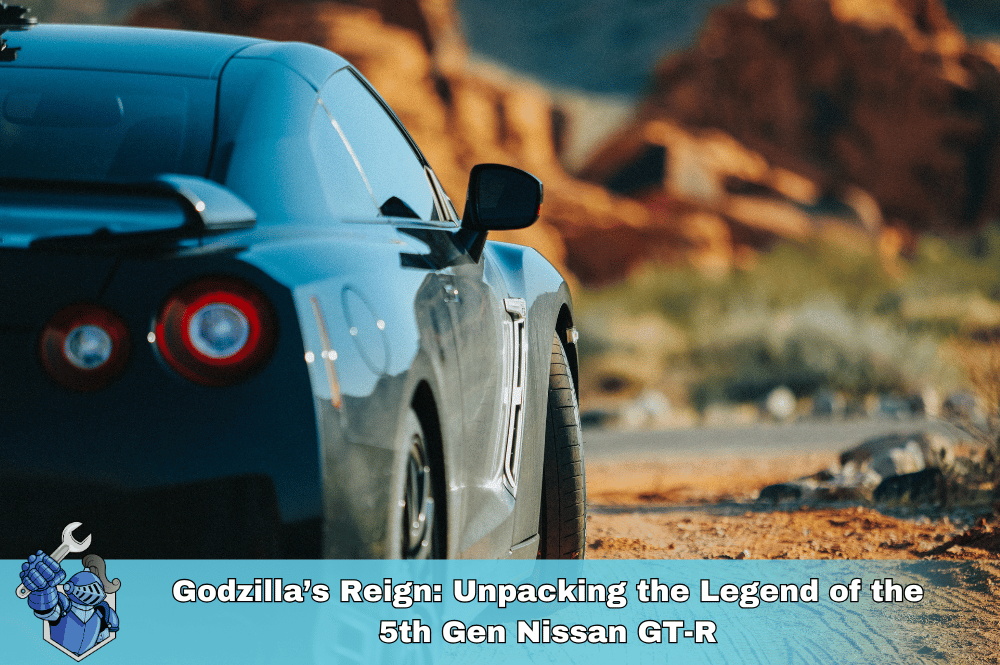 Godzilla’s Reign: Unpacking the Legend of the 5th Gen Nissan GT-R
Godzilla’s Reign: Unpacking the Legend of the 5th Gen Nissan GT-R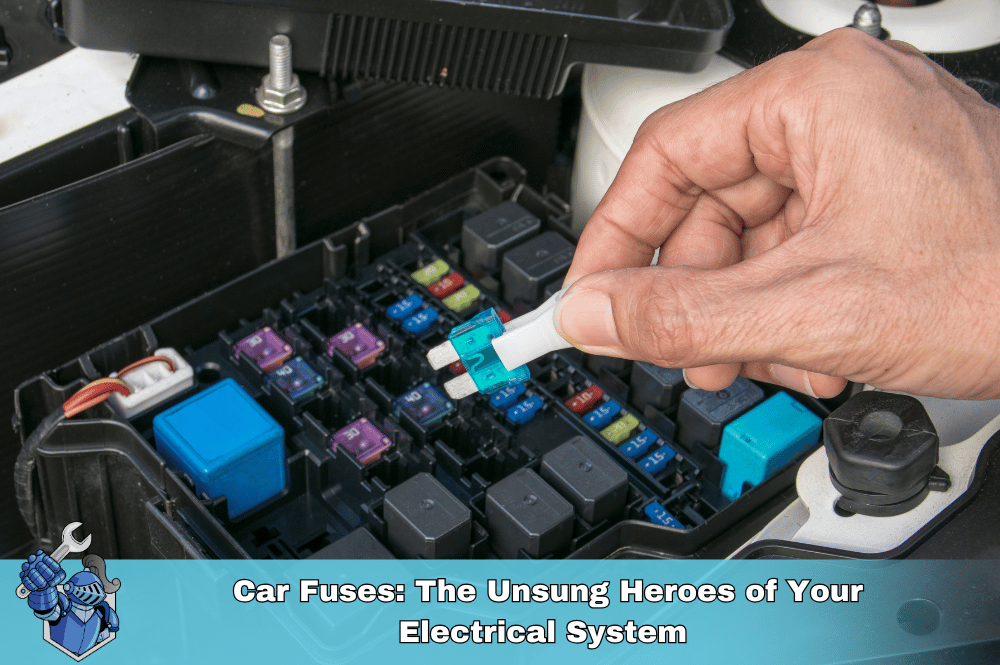 Car Fuses: The Unsung Heroes of Your Electrical System (What They Do, Common Failures, & How to Replace)
Car Fuses: The Unsung Heroes of Your Electrical System (What They Do, Common Failures, & How to Replace)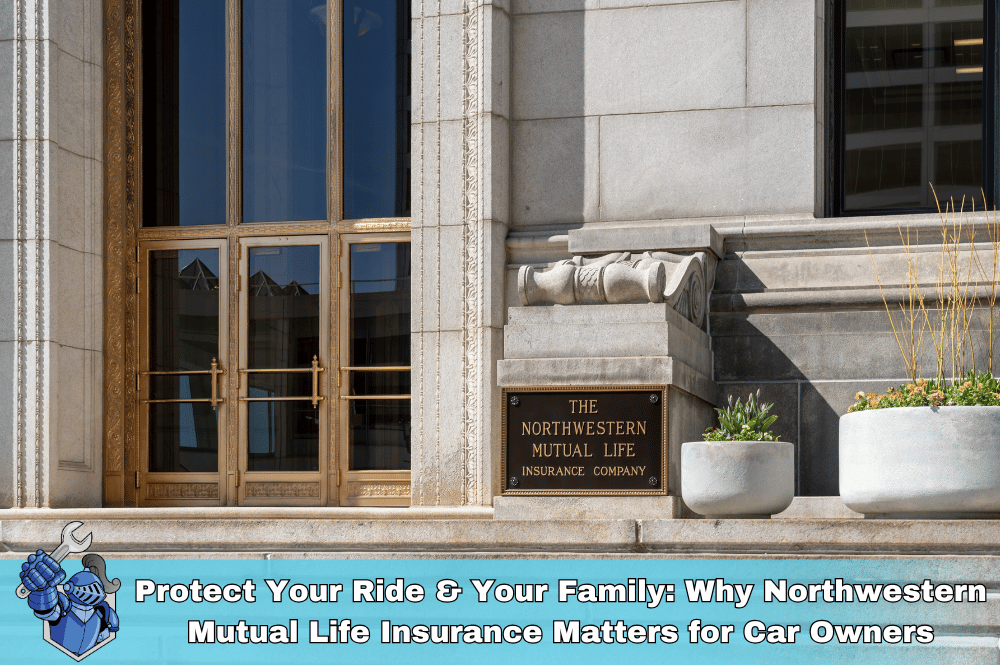 Protect Your Ride & Your Family: Why Northwestern Mutual Life Insurance Matters for Car Owners
Protect Your Ride & Your Family: Why Northwestern Mutual Life Insurance Matters for Car Owners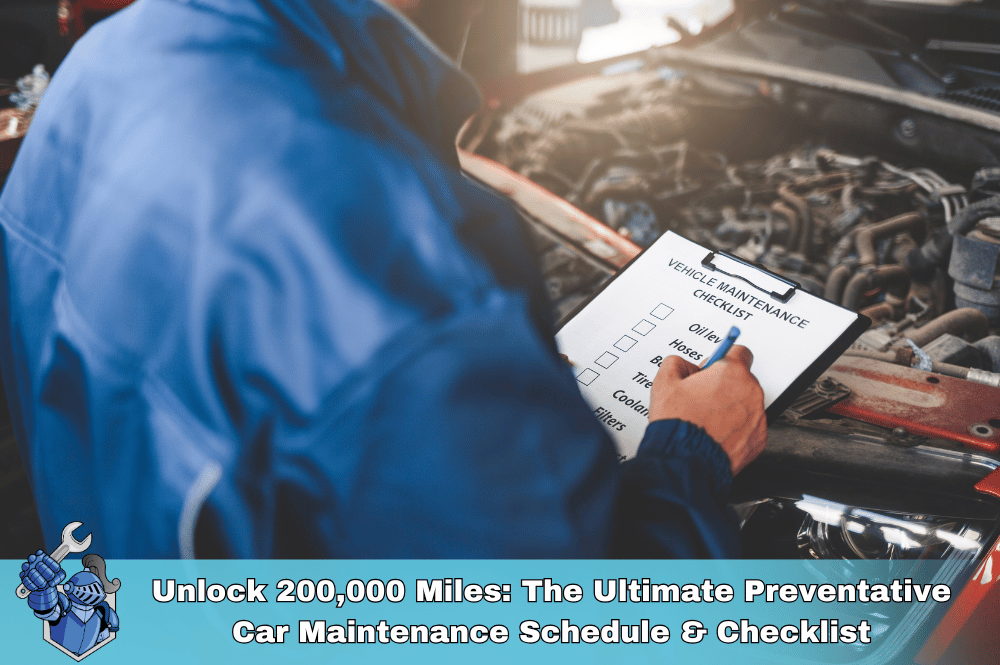 Unlock 200,000 Miles: The Ultimate Preventative Car Maintenance Schedule & Checklist
Unlock 200,000 Miles: The Ultimate Preventative Car Maintenance Schedule & Checklist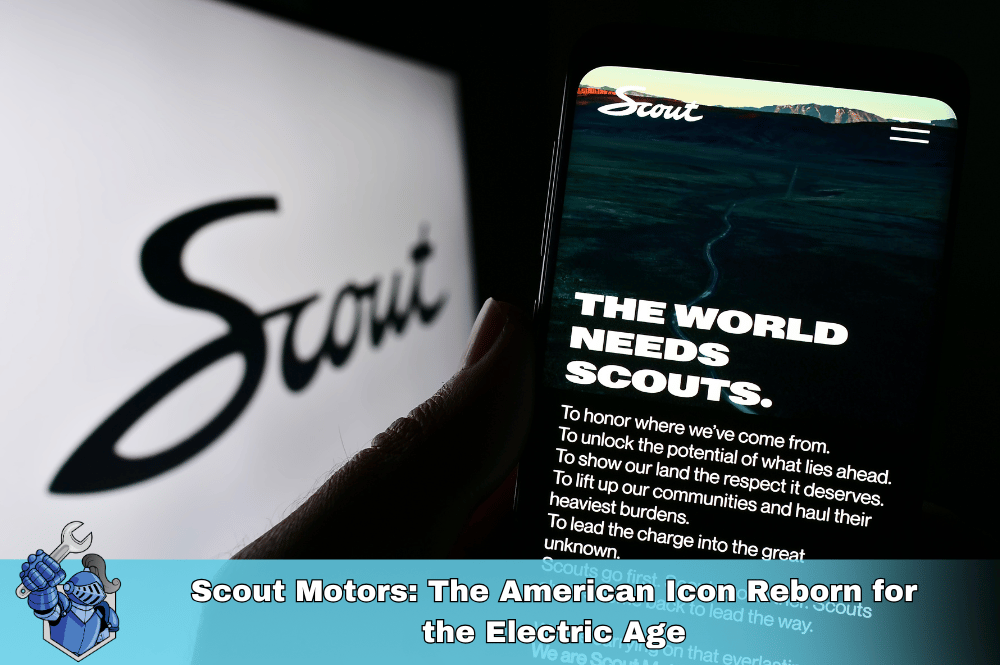 Scout Motors: The American Icon Reborn for the Electric Age
Scout Motors: The American Icon Reborn for the Electric Age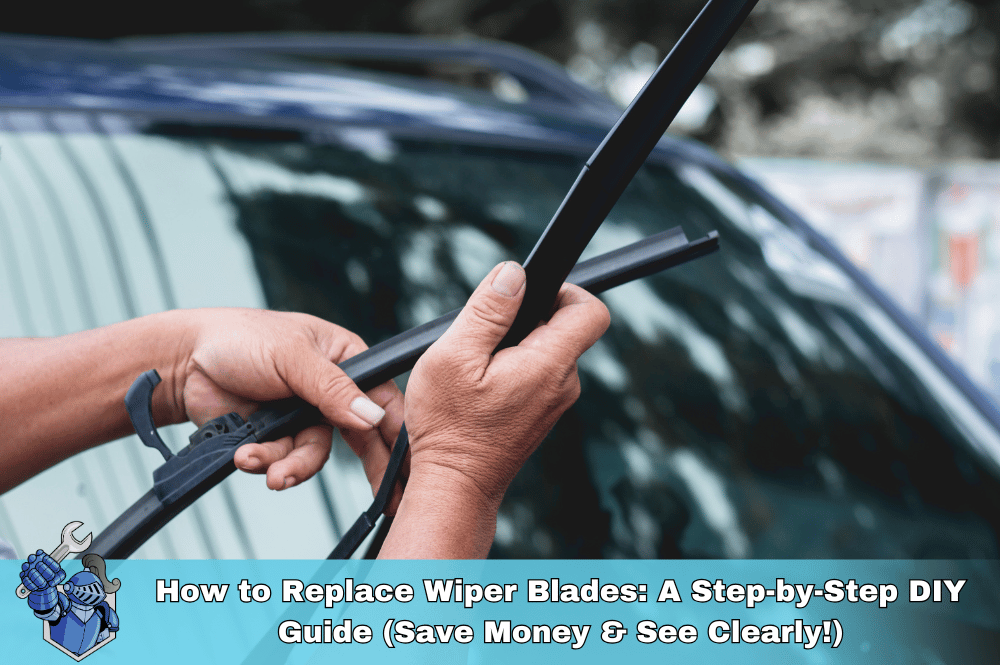 How to Replace Wiper Blades: A Step-by-Step DIY Guide (Save Money & See Clearly!)
How to Replace Wiper Blades: A Step-by-Step DIY Guide (Save Money & See Clearly!)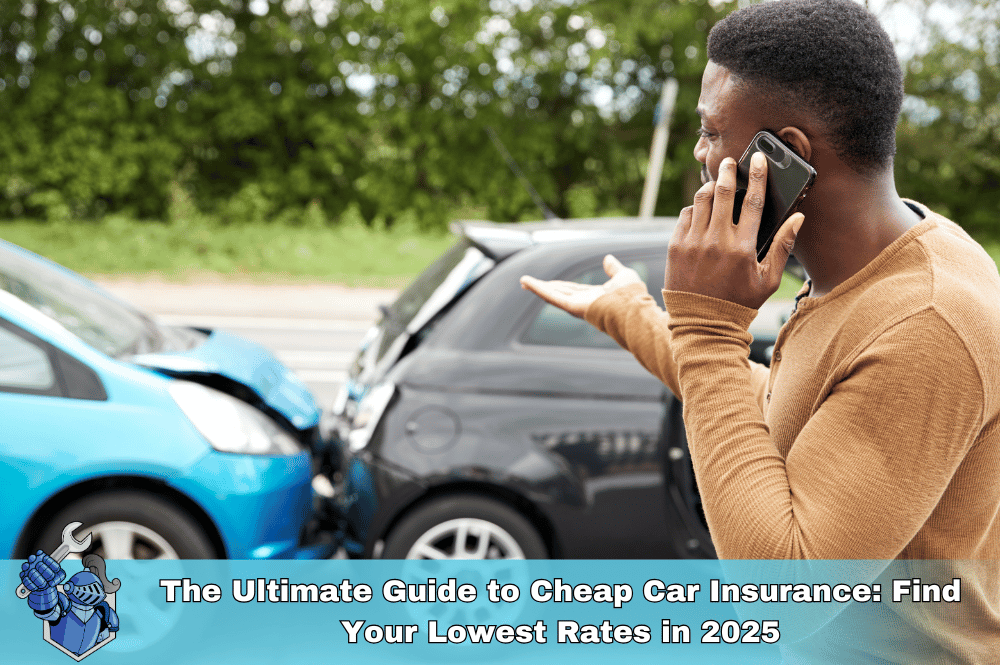 The Ultimate Guide to Cheap Car Insurance: Find Your Lowest Rates in 2025
The Ultimate Guide to Cheap Car Insurance: Find Your Lowest Rates in 2025 The 2025 Automotive Retirement Number: What Auto Pros Need to Save for a Comfortable Ride
The 2025 Automotive Retirement Number: What Auto Pros Need to Save for a Comfortable Ride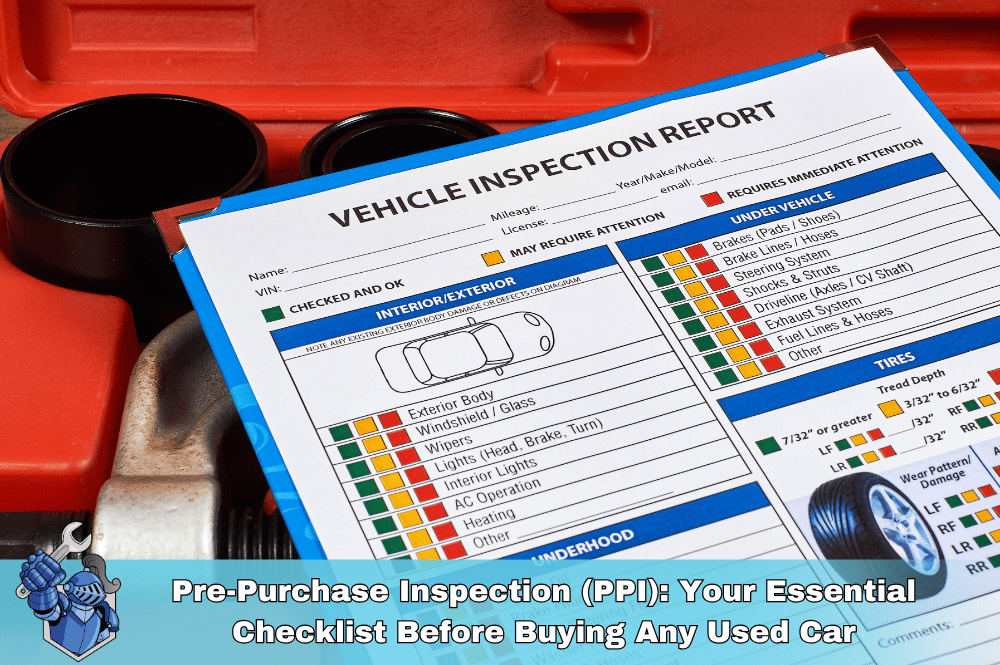 Pre-Purchase Inspection (PPI): Your Essential Checklist Before Buying Any Used Car
Pre-Purchase Inspection (PPI): Your Essential Checklist Before Buying Any Used Car Unearthing Automotive Gold: The Underrated Used Cars You Need to Buy Now
Unearthing Automotive Gold: The Underrated Used Cars You Need to Buy Now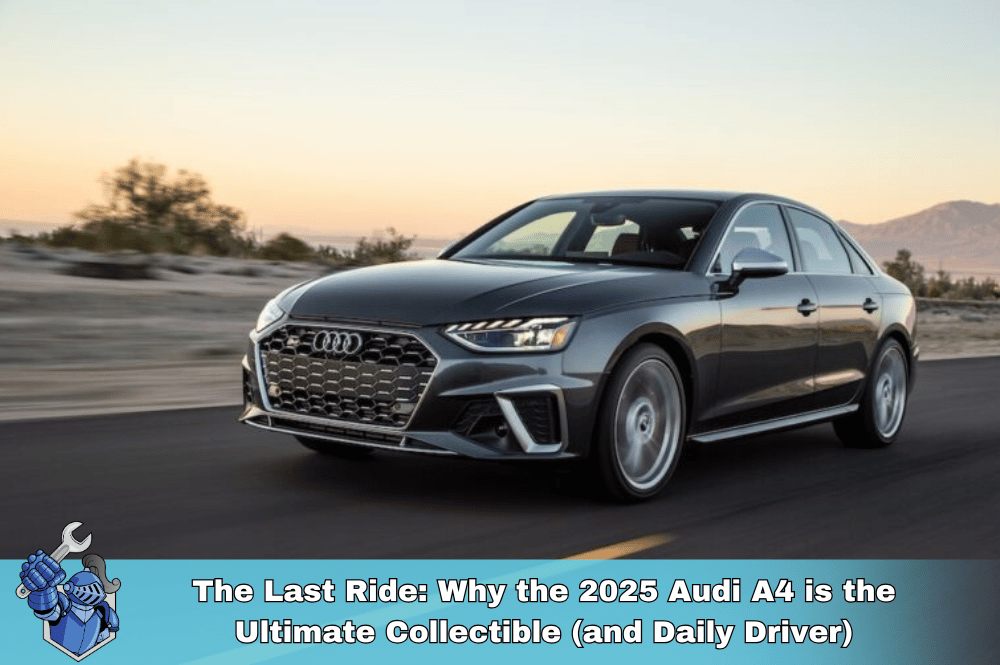 The Last Ride: Why the 2025 Audi A4 is the Ultimate Collectible (and Daily Driver)
The Last Ride: Why the 2025 Audi A4 is the Ultimate Collectible (and Daily Driver) 2025 Corvette ZR1: The Ultimate Guide to Specs, Price, and Performance
2025 Corvette ZR1: The Ultimate Guide to Specs, Price, and Performance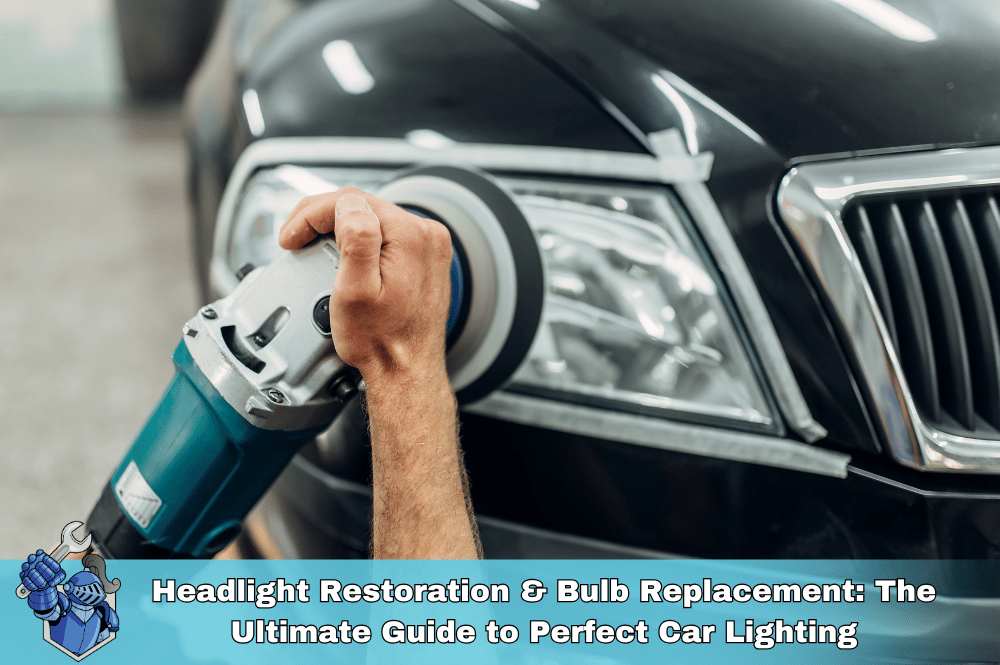 Headlight Restoration & Bulb Replacement: The Ultimate Guide to Perfect Car Lighting
Headlight Restoration & Bulb Replacement: The Ultimate Guide to Perfect Car Lighting Does Driving for Uber/Lyft/DoorDash Void Your Car’s Warranty? & How to Get Covered
Does Driving for Uber/Lyft/DoorDash Void Your Car’s Warranty? & How to Get Covered